One moment, your rabbit is snuggling into your lap, and the next, you're nursing a painful nip. If you've been surprised by this shift, you're not alone. Rabbit bites are more common than many people expect — even from sweet, well-behaved buns.
Click Here For a Guide to Understanding Your Rabbits Diet.

So, what's really going on when your rabbit bites? And more importantly, how should you respond?
Immediate Steps After a Rabbit Bite
It might be tempting to yank your hand back or yell out, but the right reaction can help both you and your bunny. The first thing you should do is make a short, high-pitched sound like "Eeek!" This mimics how another rabbit might yelp in discomfort, giving your bunny a clear signal that they hurt you.
Next, calmly remove yourself from the situation. Wash the bite thoroughly with soap and warm water to reduce the risk of infection. Cover it with a clean bandage, especially if the skin is broken. If it swells or shows signs of infection, contact your healthcare provider.
What You Should Absolutely Never Do
Swatting at your rabbit or reacting in anger will only make things worse. Rabbits don't respond to punishment the way dogs might. Hitting or shouting at them breaks trust and can cause more biting, fear, and anxiety down the road.
Instead, remain calm and remember that your rabbit is likely confused or scared. They're not being "mean" — they're trying to communicate something they can't express with words.
Why Is My Rabbit Biting Me?
Understanding the reason behind the behavior is key to handling rabbit bites properly. Here are the most common causes:
Pain or illness. Rabbits can't tell you they're hurting, so they show it in other ways. A sudden bite could be your rabbit's only way of saying something hurts. A trip to a rabbit-savvy vet can rule out issues like dental pain, joint problems, or digestive trouble.
Fear-based behavior. Biting out of fear is especially common in rabbits who aren't used to being handled or who were not socialized early. They may lash out when approached too quickly, picked up, or touched unexpectedly.
Hormonal aggression. Rabbits that haven't been spayed or neutered often show territorial or sexual aggression. This typically starts around four months of age. Fixing your bunny can dramatically reduce this behavior, but it can take several weeks post-surgery for hormones to settle.
Poor vision up close. Rabbits have a blind spot directly in front of their noses. If you move your hand too quickly near their face, they may mistake it for a threat and bite out of instinct.
Territorial instincts. Rabbits are protective of their space. If you reach into their cage or litter box without warning, they might see your hand as an intruder. Give them space and time to come to you on their own terms.
Frustration with food. Diet plays a major role in behavior. A bunny living on bland pellets or not enough hay might lash out in frustration or poor health. High-quality grass hay is essential for maintaining a healthy digestive system. If you're not sure what kind to choose, start with this helpful guide to understanding your rabbit's diet.
Identifying which of these applies to your rabbit can help guide your next steps. But these aren't the only reasons a rabbit might bite. Let's explore some deeper behavioral causes.
Handling Rabbit Bites Caused by Past Trauma
Rabbits rescued from neglectful or abusive homes often carry emotional baggage. If your rabbit bites, it could be a reaction rooted in their history, not your behavior.
A rabbit who was rarely handled or mishandled may have learned that humans are scary or unpredictable. This can lead to biting when approached, even if you're offering affection. These rabbits need time, consistency, and soft-spoken interaction to feel safe again.
What If My Rabbit Were Starved?
Food aggression is another type of behavior that can lead to biting. If your rabbit had to compete for food in a hoarding situation or wasn't fed regularly, they may act out when you approach during mealtime. They might bite your hand if they think they need to fight for every bite of hay or greens.
This type of behavior usually improves with time and consistent, predictable meals. Offering free-feeding hay and their favorite veggies by hand can help slowly rebuild trust. However, be patient — habits formed in the aftermath of trauma don't change overnight.
How to Start Handling Rabbit Bites Effectively
The most important thing you can do when handling rabbit bites is to get curious, not angry. Your bunny is trying to tell you something, and it's your job to figure out what that is. Keep a mental log of when and where the biting happens. Is it during feeding? When picking them up? While in their cage?
This process of observation is essential. Take your notes and review them alongside resources like the House Rabbit Society's aggression guide. This can provide you with more clues about your rabbit's stressors and behavioral patterns.
When It's Not a Bite at All
Not all nips are actual bites. Some are just your rabbit trying to get your attention or communicate in bunny language. A light nip on your ankle or hand might be your rabbit's way of saying, "Move!" or "Pay attention to me!"
Rabbits also groom one another with small nips and licks. If your bunny nibbles gently at your fingers or arm, that could be a sign of social behavior, rather than aggression. Learning to tell the difference between an aggressive bite and a communication nip is part of being a responsible rabbit parent.
Strategies to Build Trust With a Biting Bunny
Rebuilding trust with a rabbit takes time, but it can absolutely be done. The key is showing your bunny that you are consistent, safe, and respectful of their boundaries. Here are a few approaches that work well:

Let them come to you. Don't chase or grab your rabbit. Sit nearby and let them approach you on their own. Offer small treats, such as a bit of parsley or cilantro, to reinforce the experience.
Use a calm, gentle voice. Rabbits are sensitive to sound. Speak softly, and avoid loud or sudden noises that might startle them.
Respect their space. Give your rabbit plenty of time outside their cage. If they don't want to be touched, don't force it. This shows you can be trusted.
Keep a regular routine. Feed your rabbit at the same time each day, clean their litter box on a schedule, and interact with them consistently. This stability builds confidence.
Looking for more rabbit care basics? Check out our article on how to help your rabbit become more friendly. It's full of practical tips that can help, especially with shy or aggressive bunnies.

Setting Up a Low-Stress Environment
Your rabbit's home environment plays a big part in their mood. A stressful setup can make even the calmest bunny irritable. Start by making sure your rabbit has enough room to move, stretch, and play. A cramped cage can lead to pent-up energy and frustration.
Place the cage in a quiet area where they won't be startled by loud TVs, barking dogs, or lots of foot traffic. Include hiding spots, such as tunnels or cardboard boxes, where they can retreat when overwhelmed. These safe zones help your rabbit feel secure, which lowers the chances of aggressive behavior.
Handling Rabbit Bites During Grooming and Handling
Many rabbits dislike being picked up, even by someone they trust. If your rabbit bites during grooming or nail trimming, that's not unusual. Their instincts tell them that being lifted means danger — like a hawk swooping in.
Instead of forcing them to tolerate handling, try using a towel to gently wrap them (known as a "bunny burrito") during nail trims or exams. Always reward with a treat afterward. This builds a positive association and helps your rabbit understand that handling isn't a threat.
When to Call a Vet or Behavior Specialist
If your rabbit's biting seems sudden, severe, or accompanied by other changes — like hiding, grinding teeth, or not eating — it could signal illness. Rabbits hide pain well, so unusual behavior should always be taken seriously. Contact an experienced exotic veterinarian to rule out any potential medical problems.
In cases where biting continues even after spaying, medical checks, and environmental improvements, a rabbit behaviorist can help. These specialists are trained to read rabbit body language and design plans to reduce aggression in a humane, safe way.
Redirecting Aggressive Energy Into Positive Outlets
Rabbits need mental stimulation to stay happy. Bored bunnies are more likely to act out — sometimes by biting. Providing enrichment toys, digging boxes, or puzzle feeders can help channel that energy into better activities.
Chew toys, untreated wicker baskets, or cardboard mazes keep their minds busy and help prevent destructive behavior. Rotate toys regularly to keep things fresh and fun for your bun.
Understanding Your Rabbit’s Body Language
The more you learn about rabbit communication, the easier it becomes to prevent biting altogether. Flattened ears, thumping, nose flicks, and growls are all ways your rabbit tells you they're unhappy. Biting usually comes last — after these warnings have been ignored.
When you notice early signs of stress or discomfort, back off or change your approach. This tells your rabbit you're listening, which builds trust and prevents things from escalating.
Teaching Children How to Interact Safely
If you have kids at home, it's important to teach them how to respect your rabbit's boundaries. Children should never chase, grab, or try to pick up a rabbit without supervision. Even friendly buns can bite when frightened by quick, unpredictable movements.
Encourage children to sit quietly and offer treats instead. Over time, this gentle interaction helps the rabbit feel more comfortable and reduces the likelihood of biting. It's also a great opportunity to teach empathy and patience.
How Long Does It Take to Stop Biting?
There's no set timeline when it comes to behavioral change. Some rabbits stop biting after a few days of calm, consistent care. Others take weeks or even months to trust again — especially if their behavior is tied to past trauma.
The important thing is to stay committed. Each time you respond with calmness instead of frustration, you're reinforcing a sense of safety. Eventually, your rabbit will understand that they don't need to use their teeth to protect themselves or get their point across.
Key Signs of Progress
Wondering if your approach is working? Here are a few signs that your rabbit is learning to trust you:
They come toward you instead of hiding.
They accept treats from your hand without nipping.
You notice fewer signs of stress, like thumping or growling.
They groom themselves or lie down near you — a sign of relaxation.
These small wins may not seem like much at first, but they're big indicators of trust-building. Celebrate them!
More Tools to Help You
It's not just about fixing a problem — it's about understanding your rabbit better. There are many helpful resources available to guide you through behavioral challenges. Alongside working with your vet, you might also explore:
RSPCA’s guide to aggressive behavior in rabbits for additional insight on signs and triggers.
Understanding rabbit anger and warning signs to prevent bites before they start.
Rabbit Hole Hay’s blog on rabbit biting behavior for even more ideas on decoding those chompers.
Final Thoughts on Handling Rabbit Bites
Handling rabbit bites takes more than first aid — it takes curiosity, patience, and a willingness to understand what your bun is trying to say. Every bite has a backstory. Whether it's fear, past trauma, territorial behavior, or just confusion, your rabbit isn't being mean — they're communicating.
By listening closely and making thoughtful changes, you can turn things around. Your bunny can learn to trust you again, and the biting can stop. In fact, this challenge might just become the foundation for an even stronger bond between you and your little companion.
Key Takeaways
Never punish your rabbit for biting — it increases fear and aggression.
Explore medical and behavioral causes behind the bite before reacting.
Rebuild trust with patience, routine, and a rabbit-friendly environment.

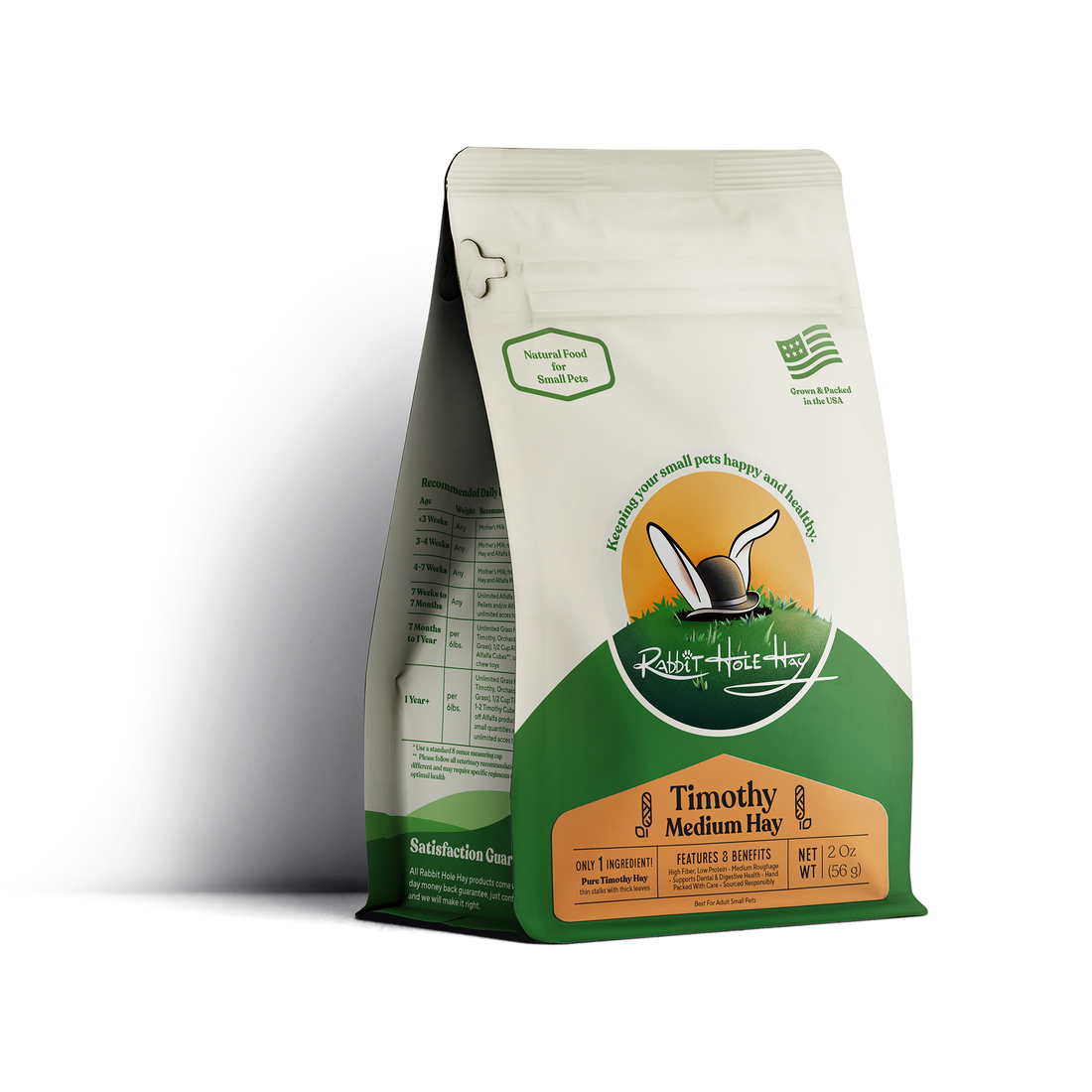

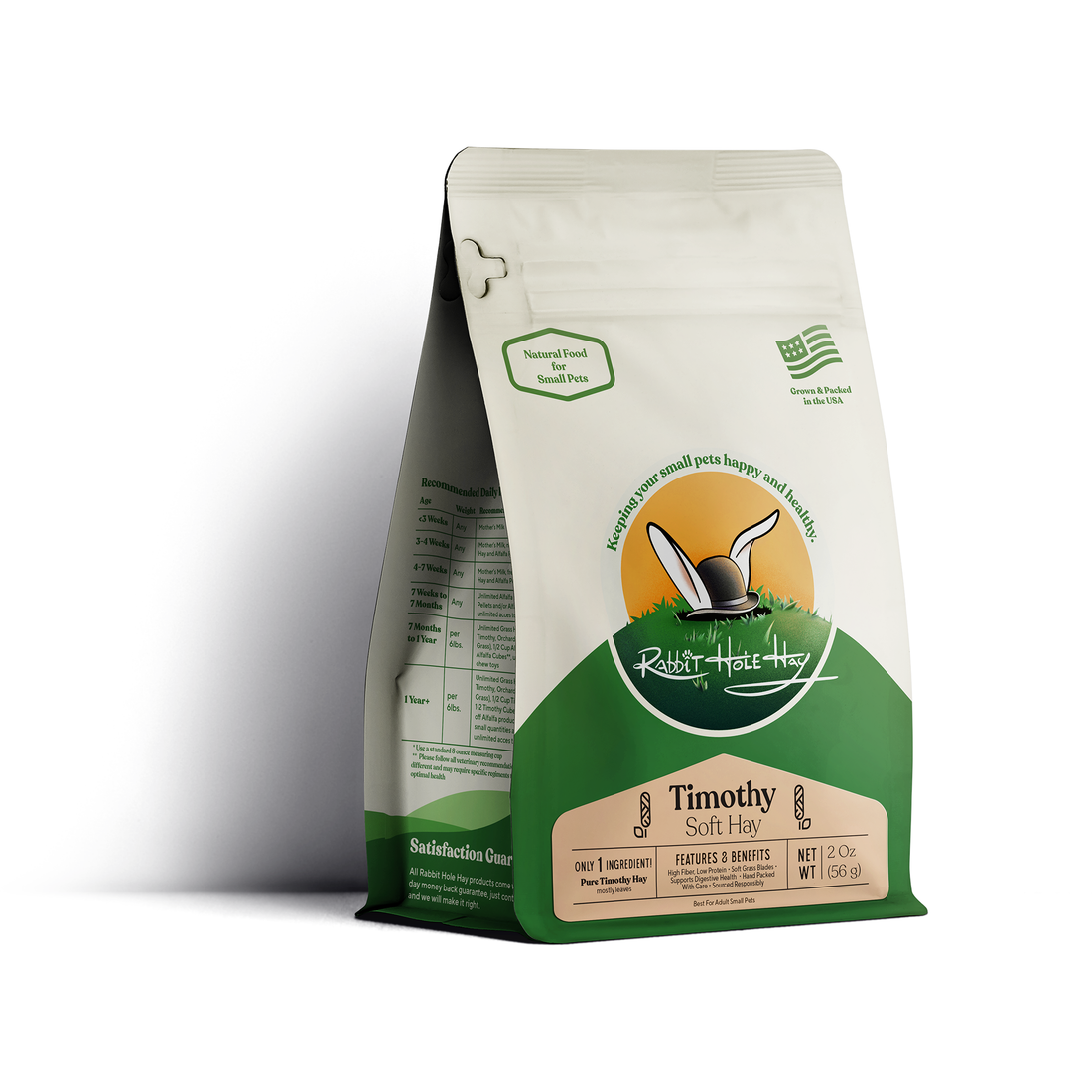

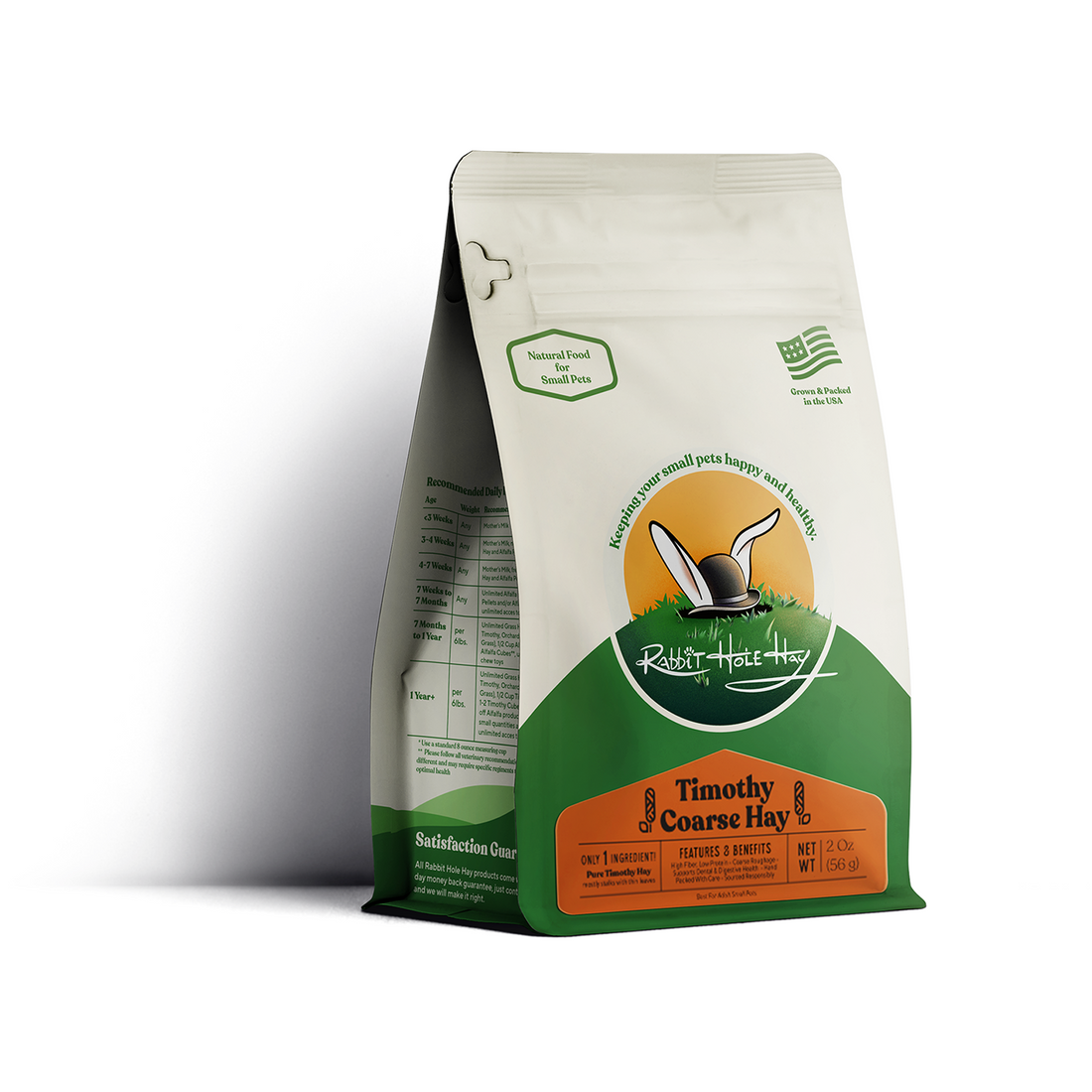

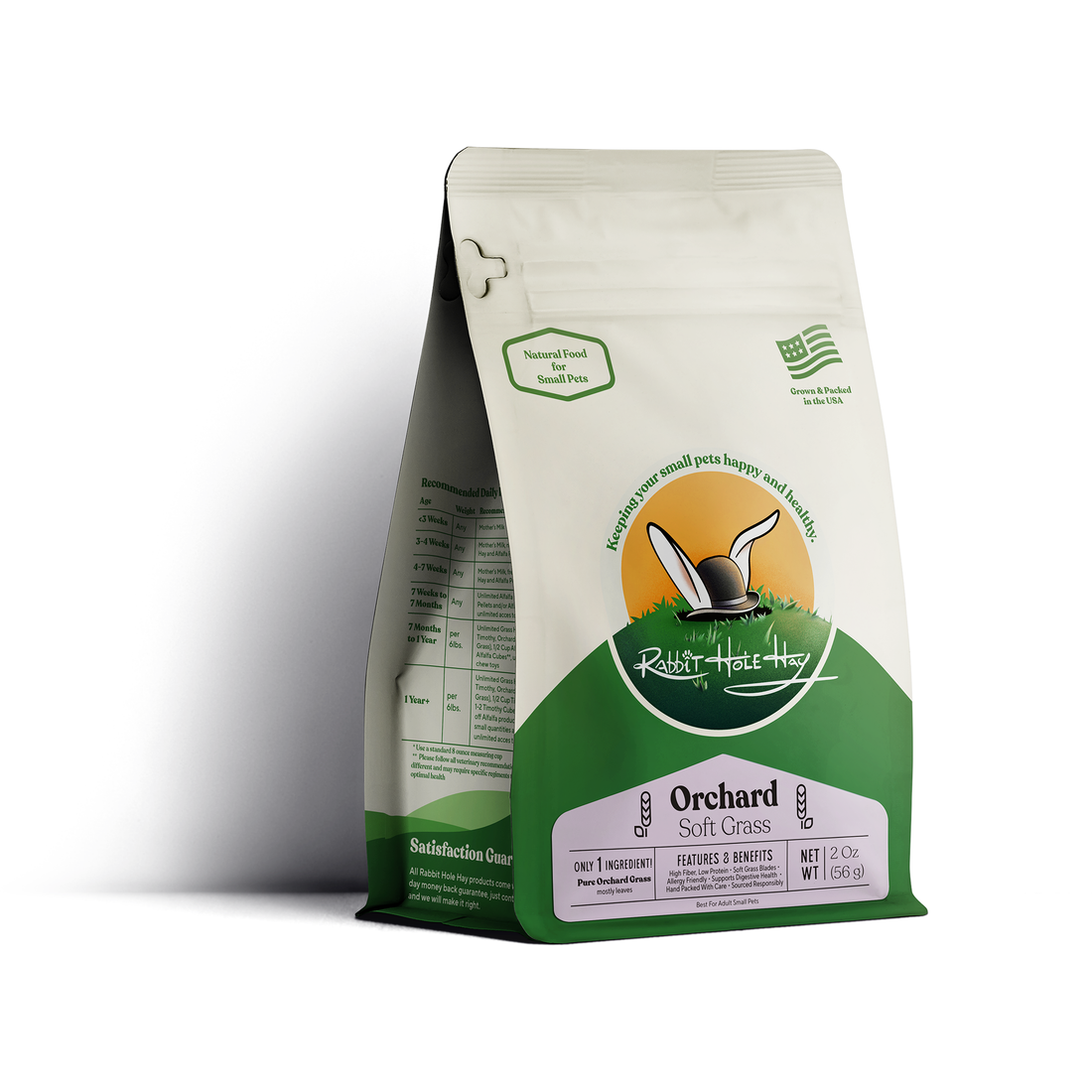
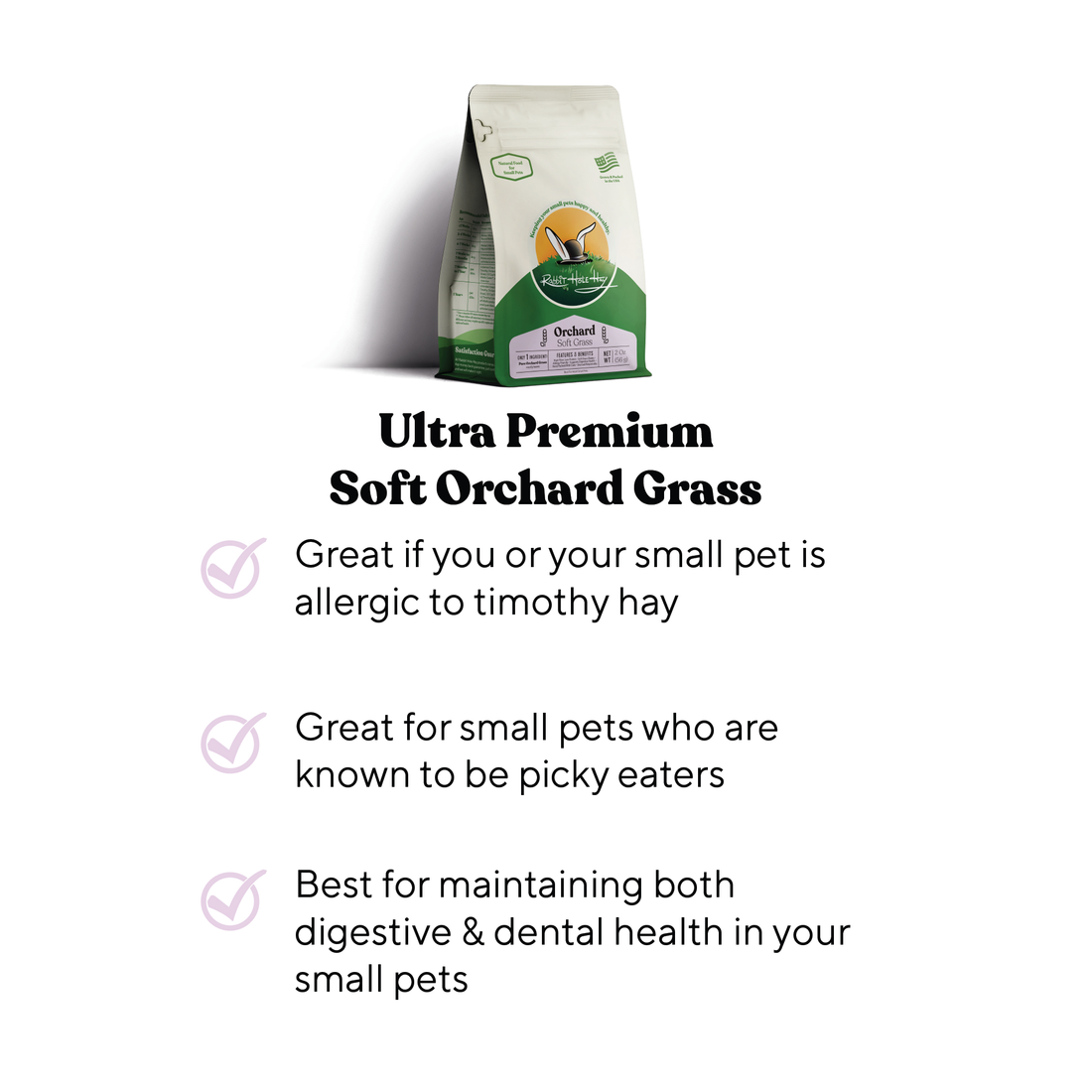
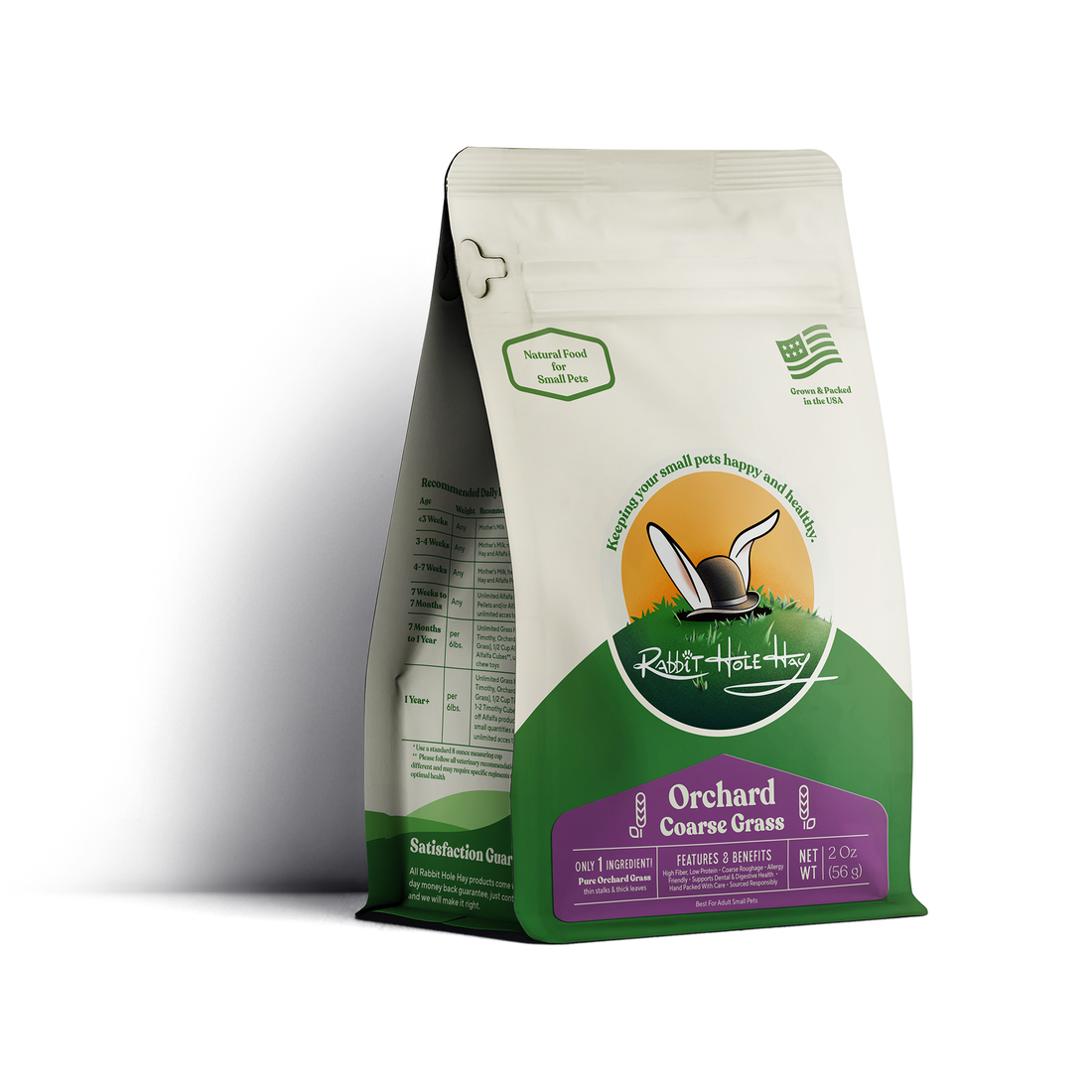

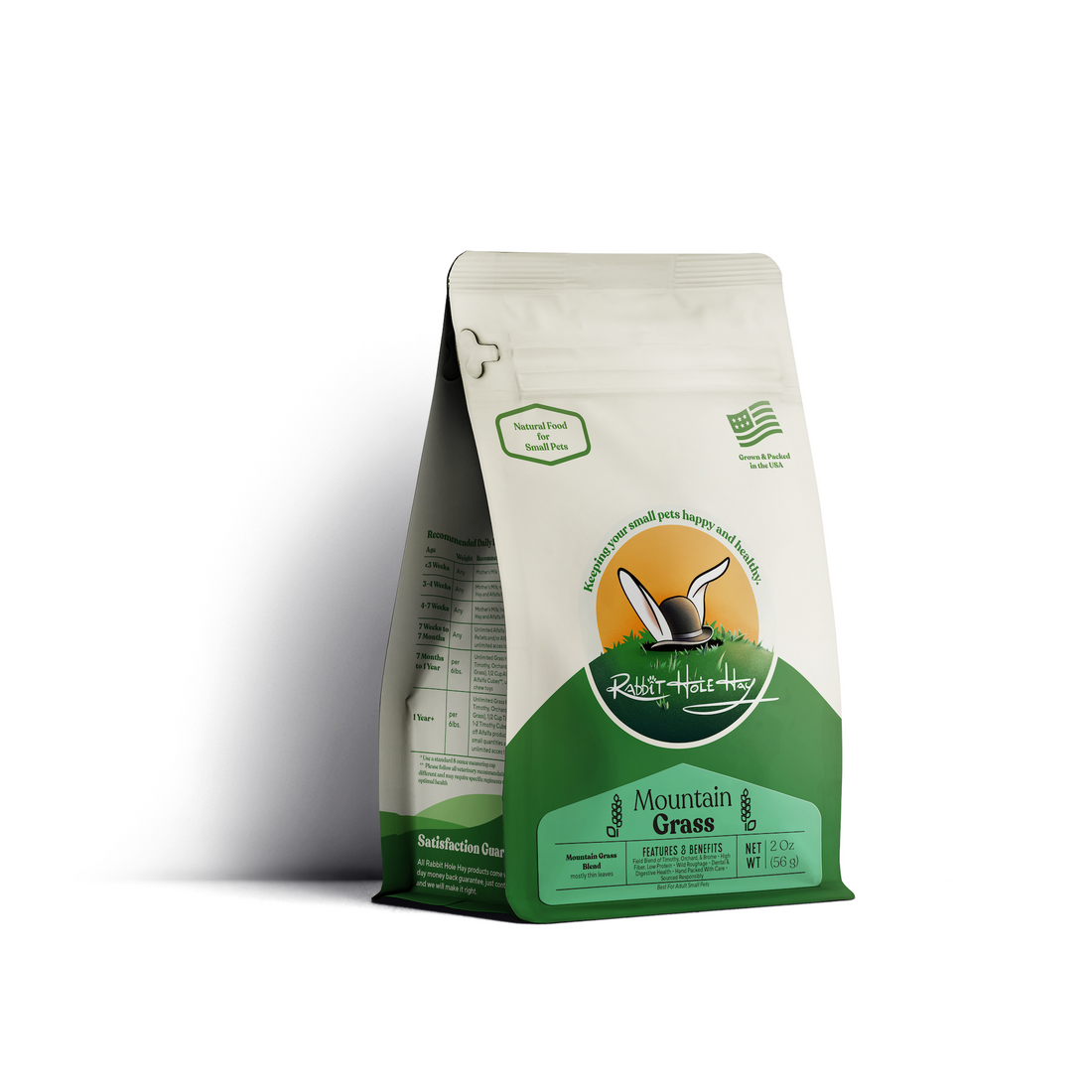

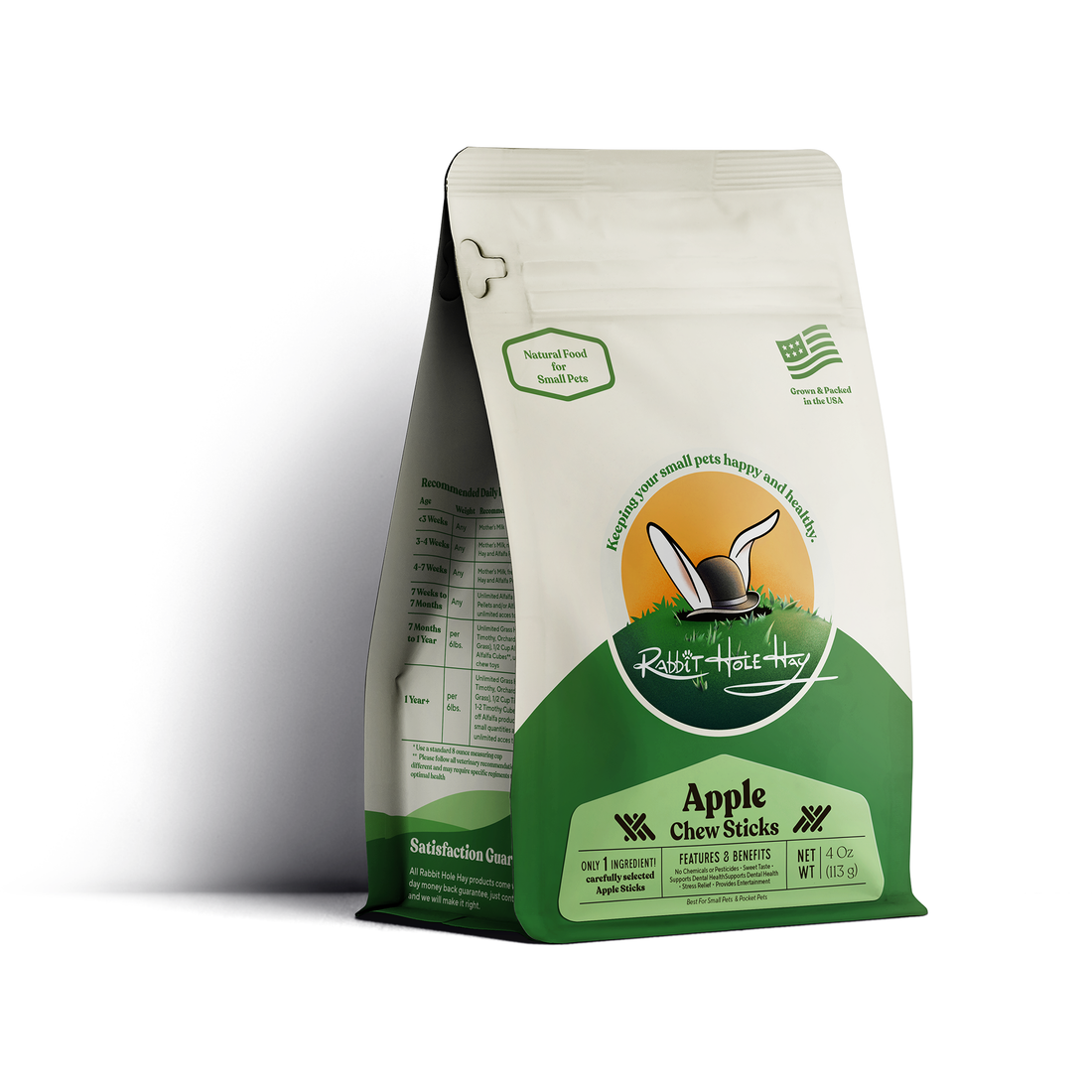
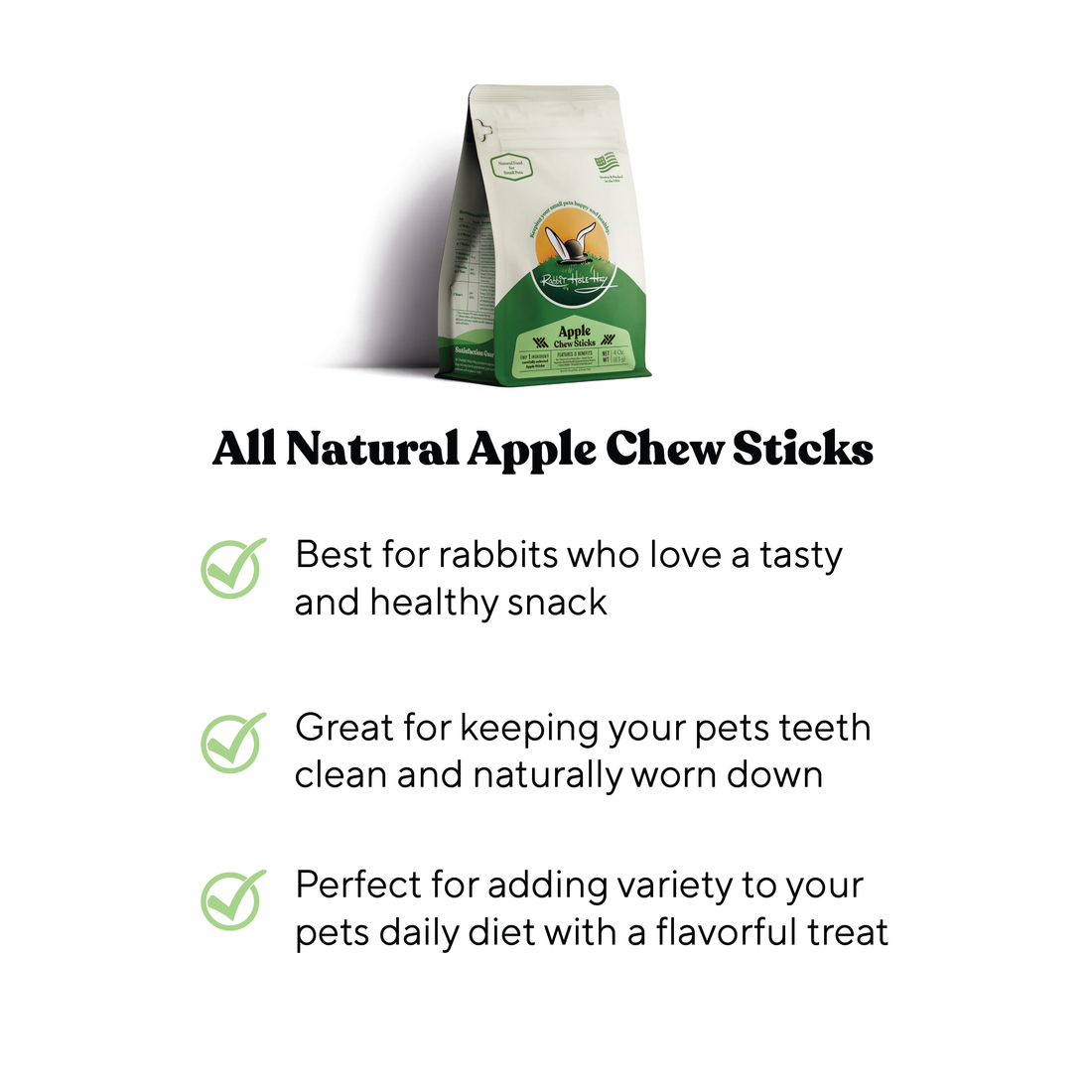
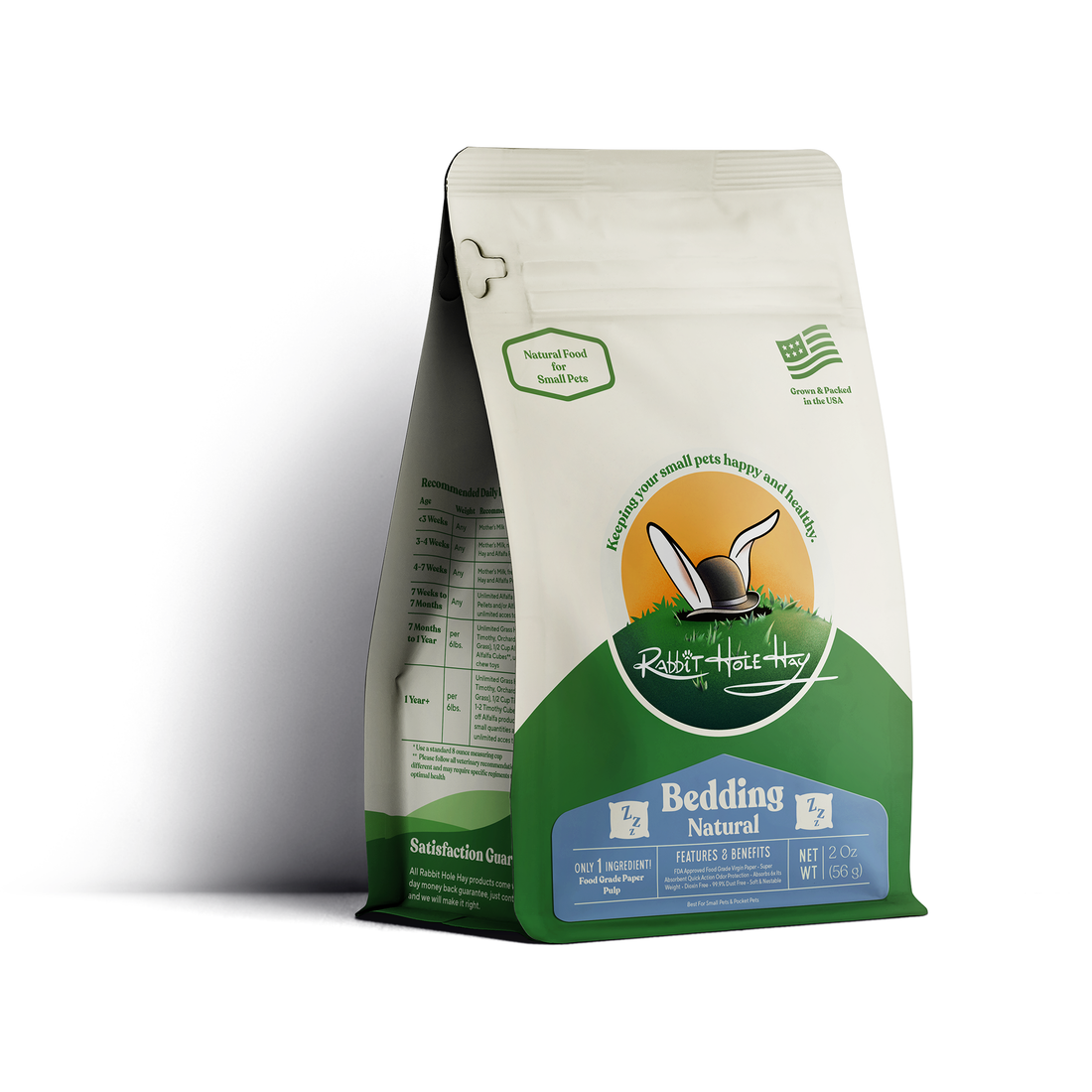
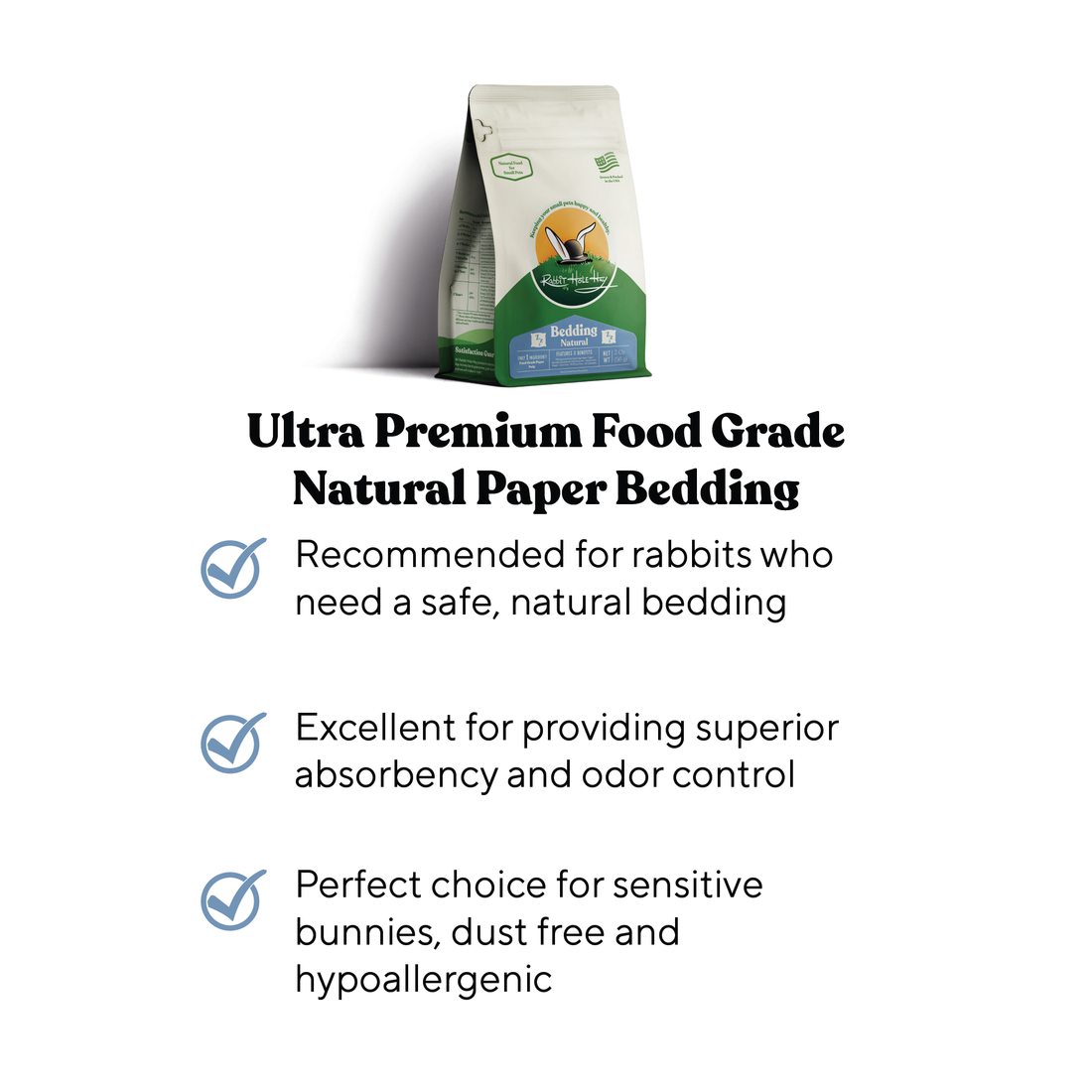
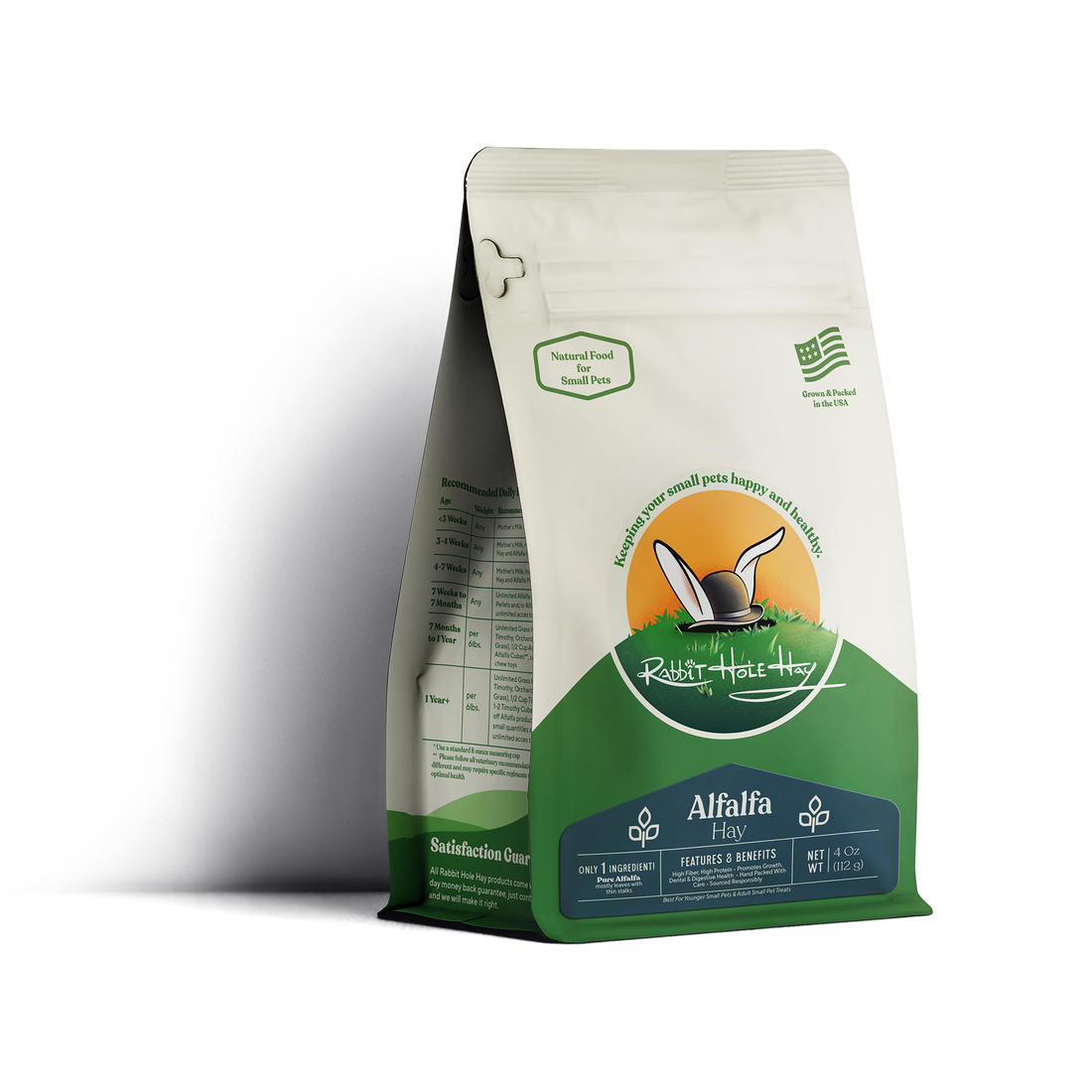
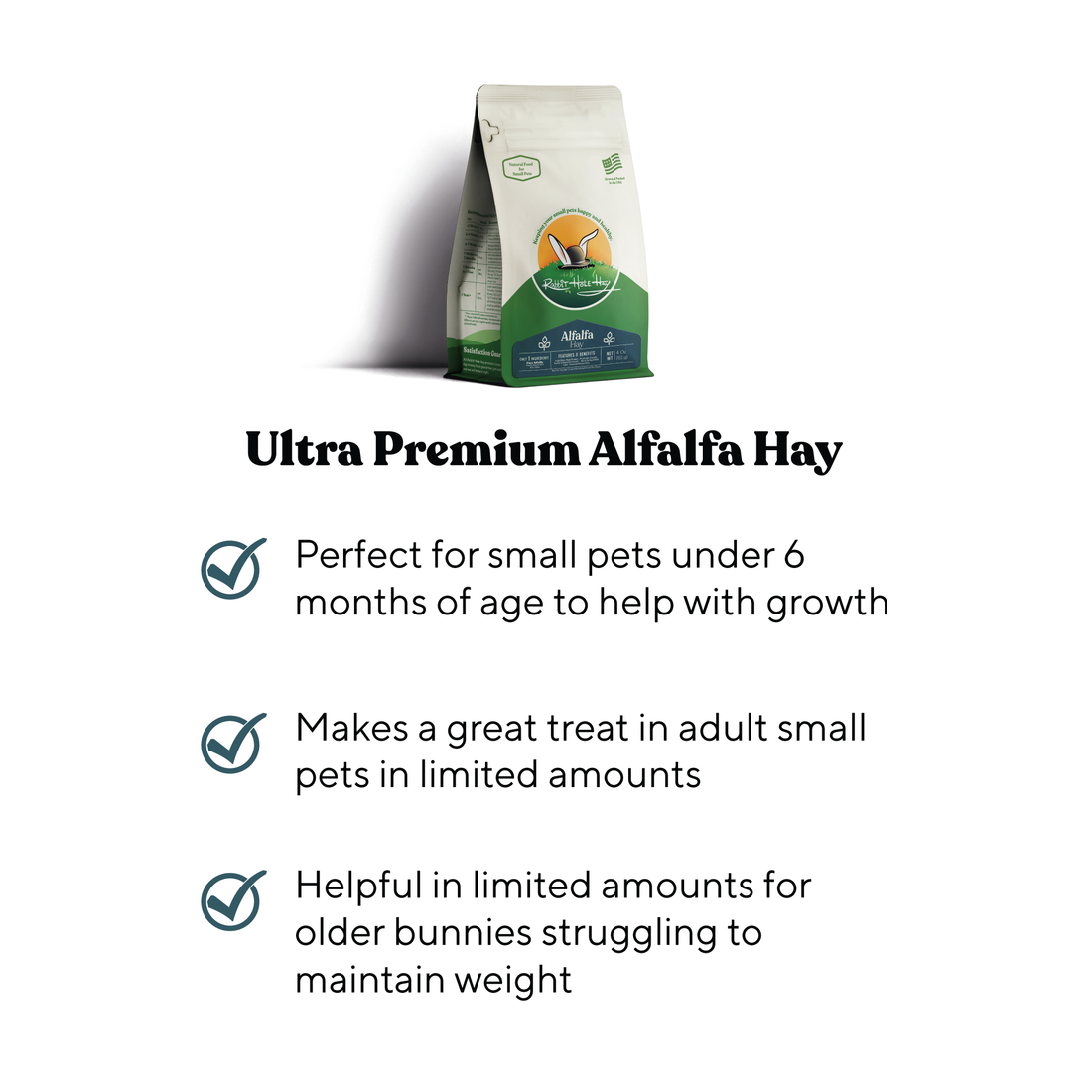

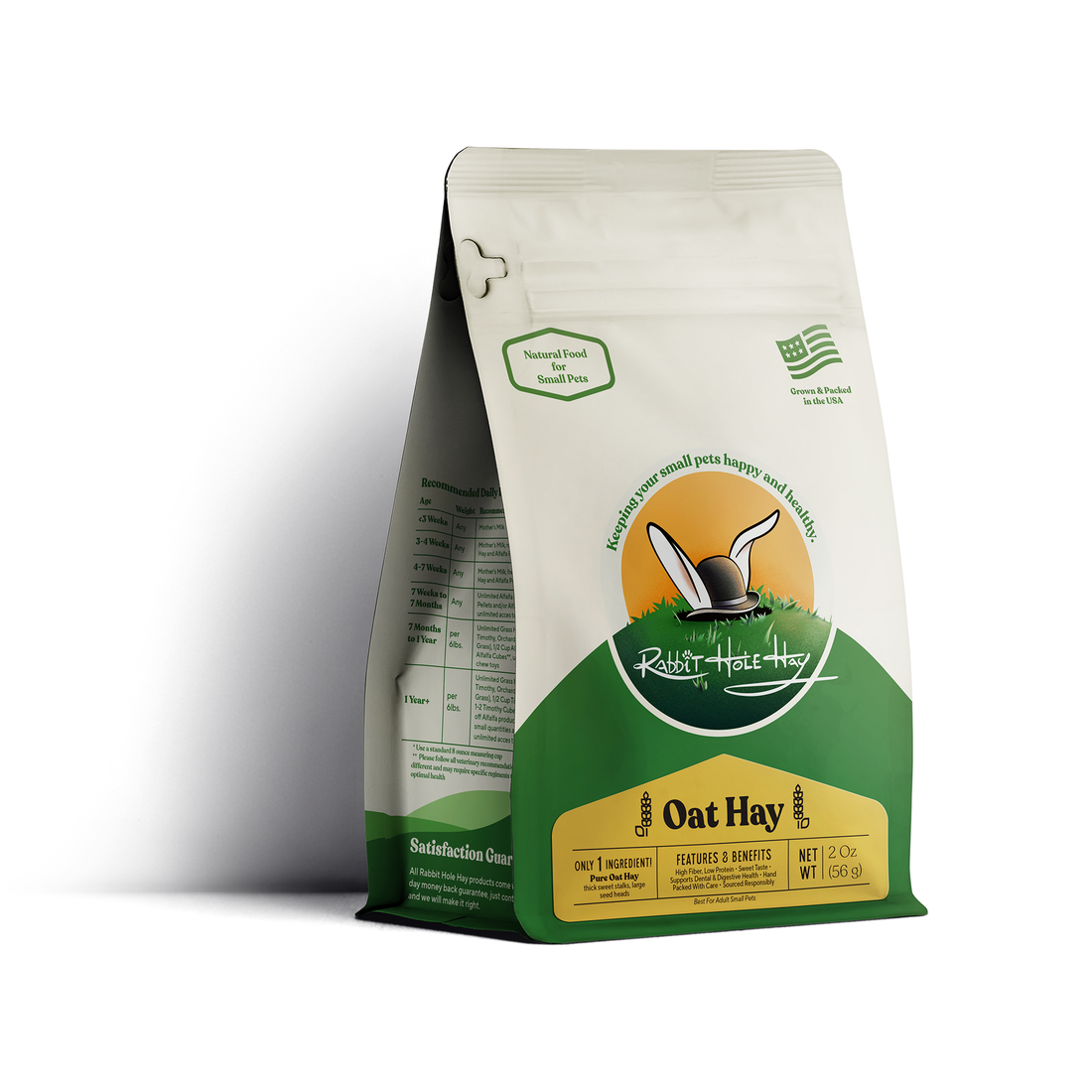
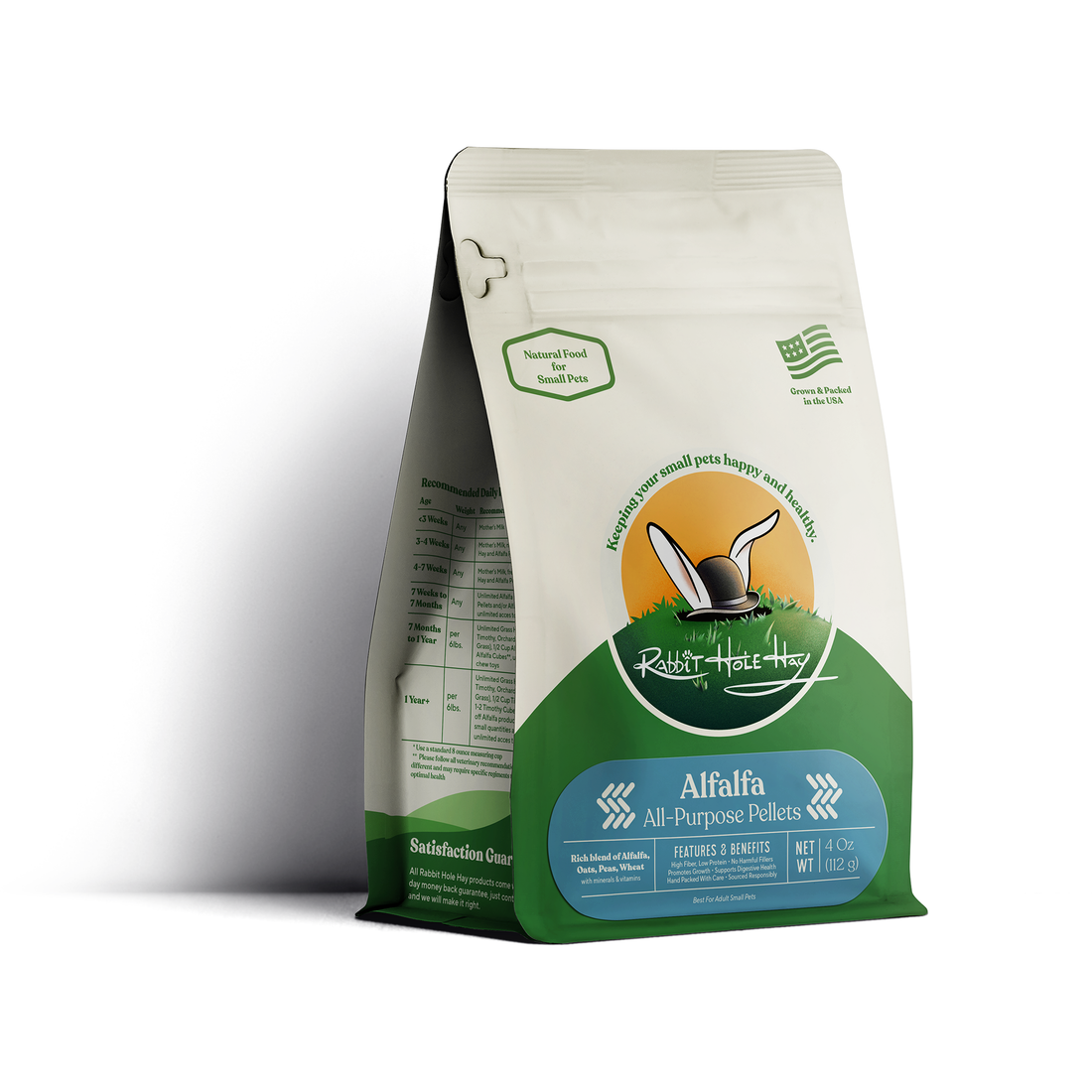
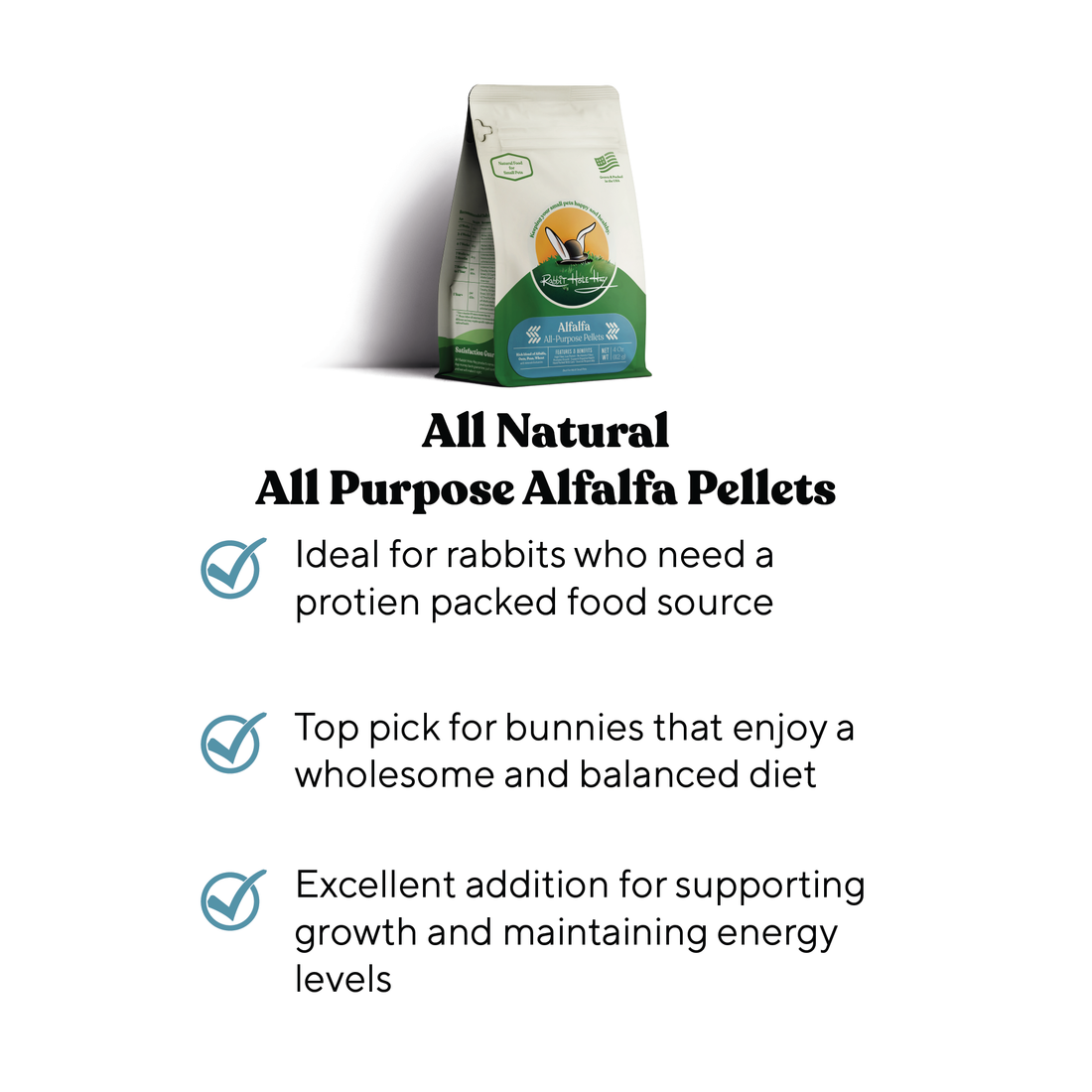
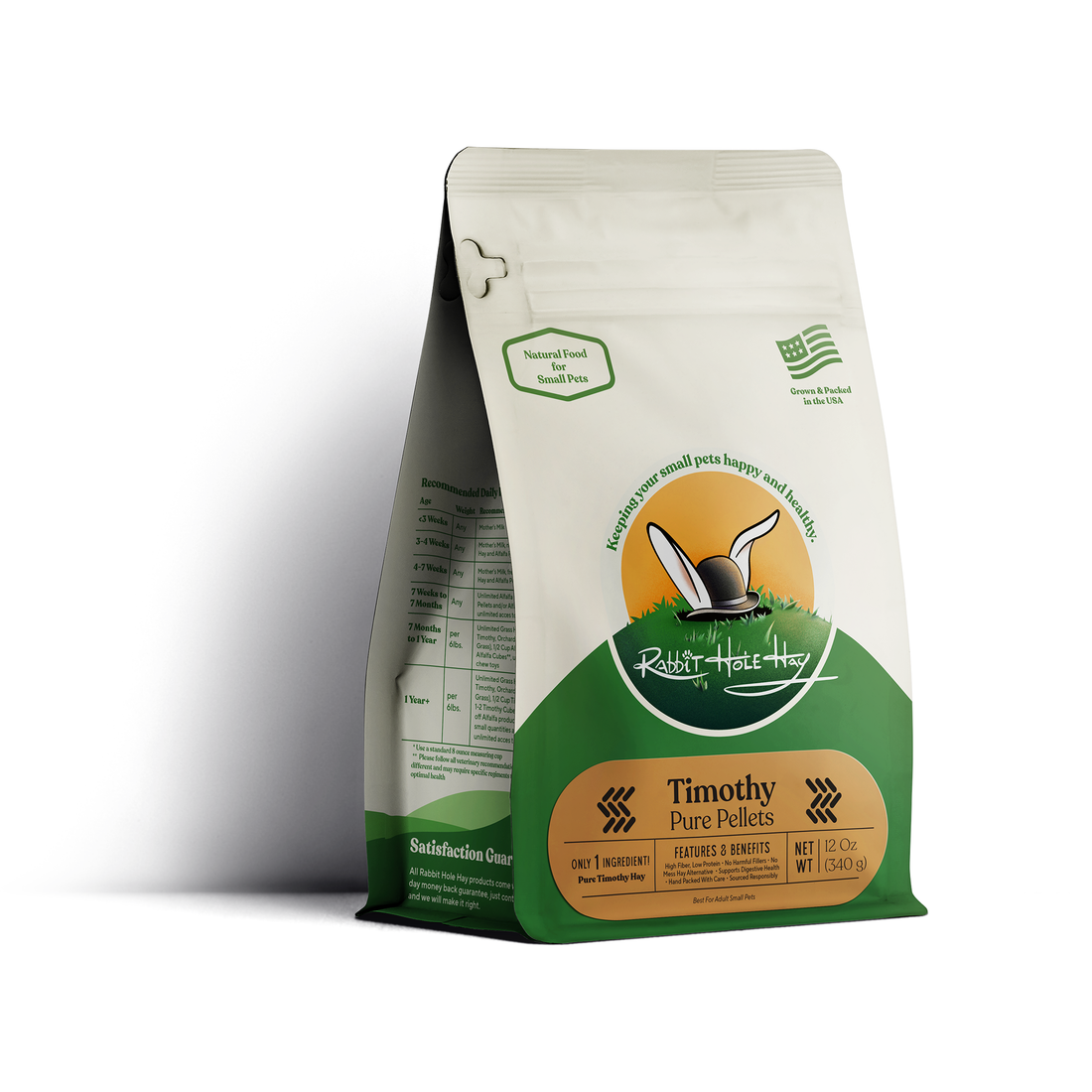

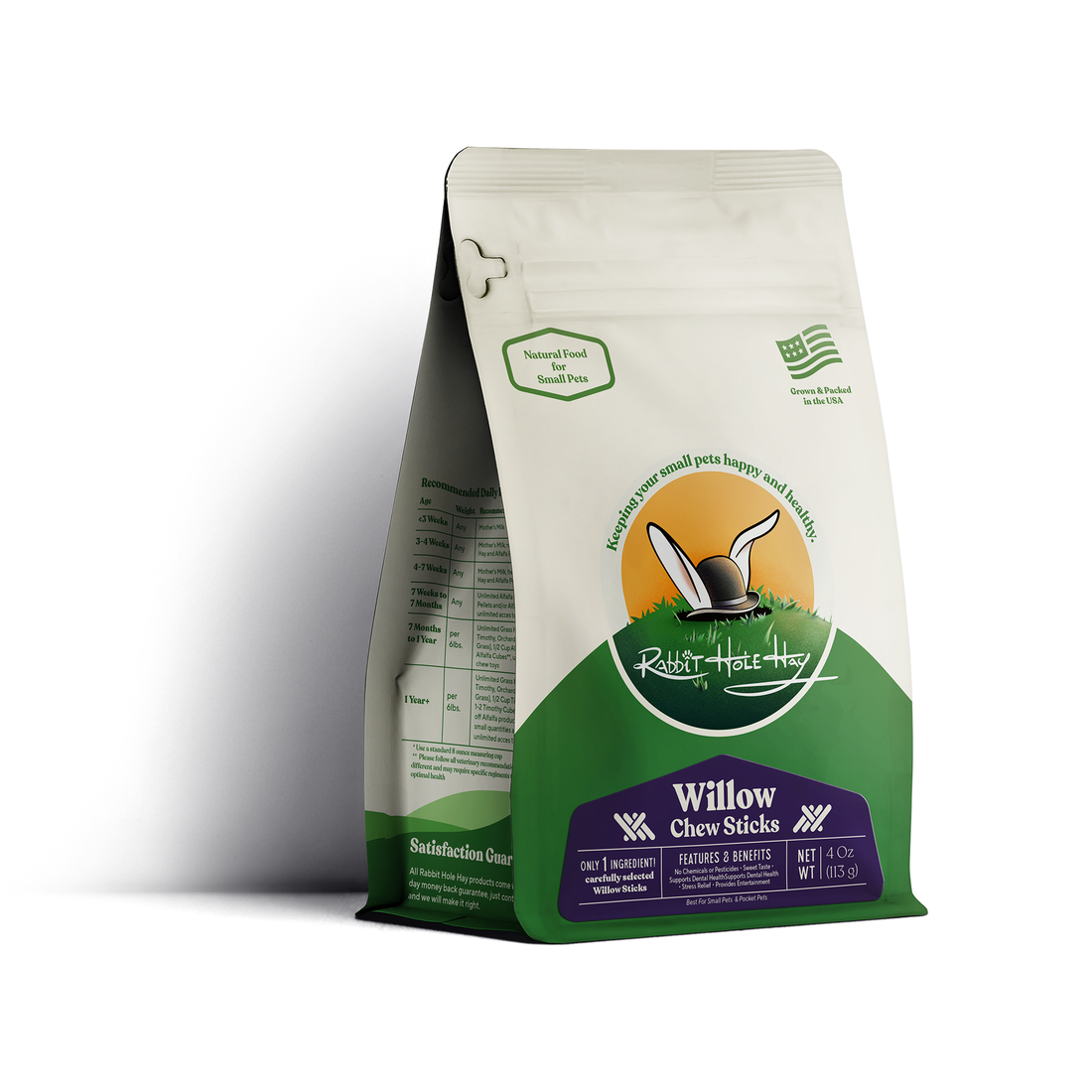
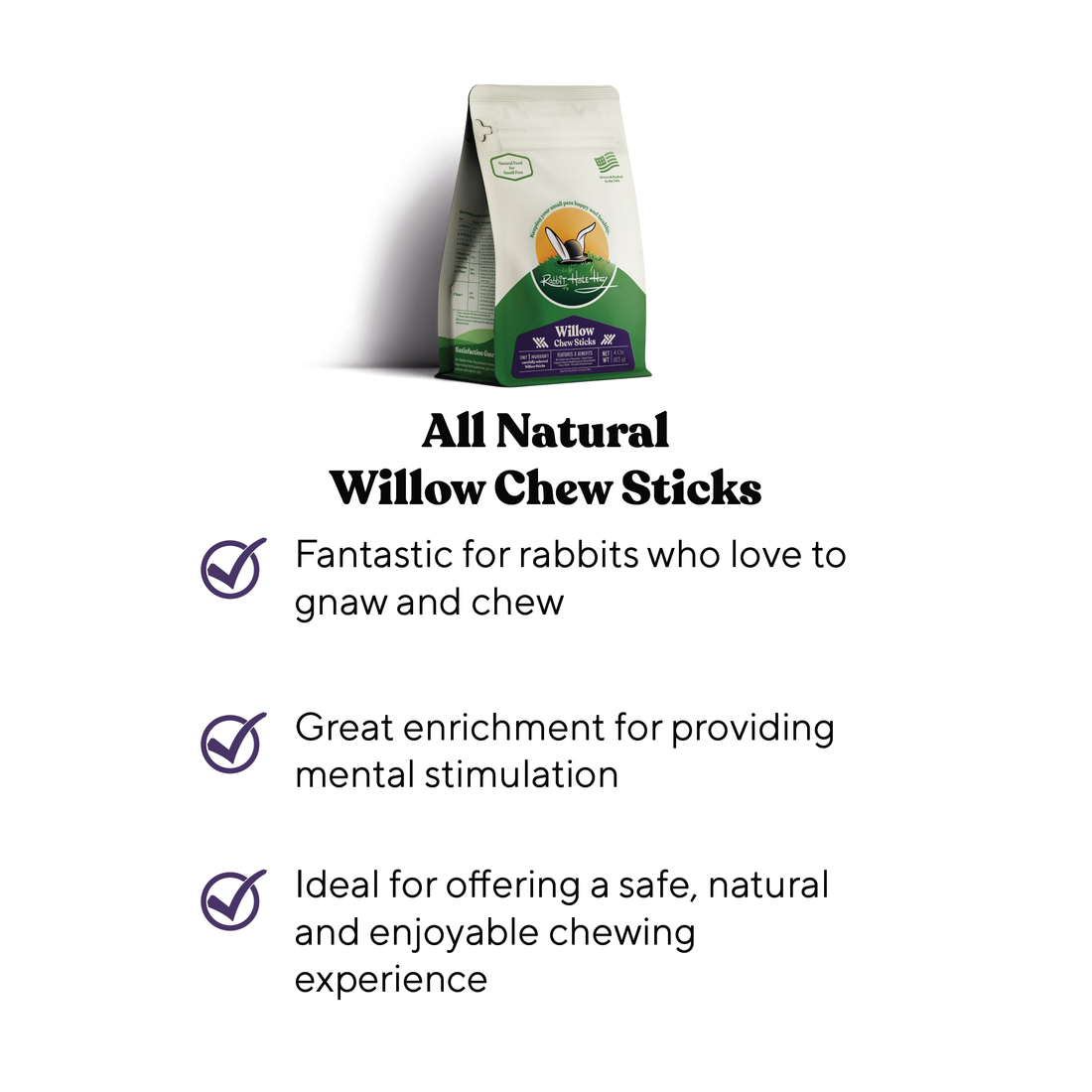
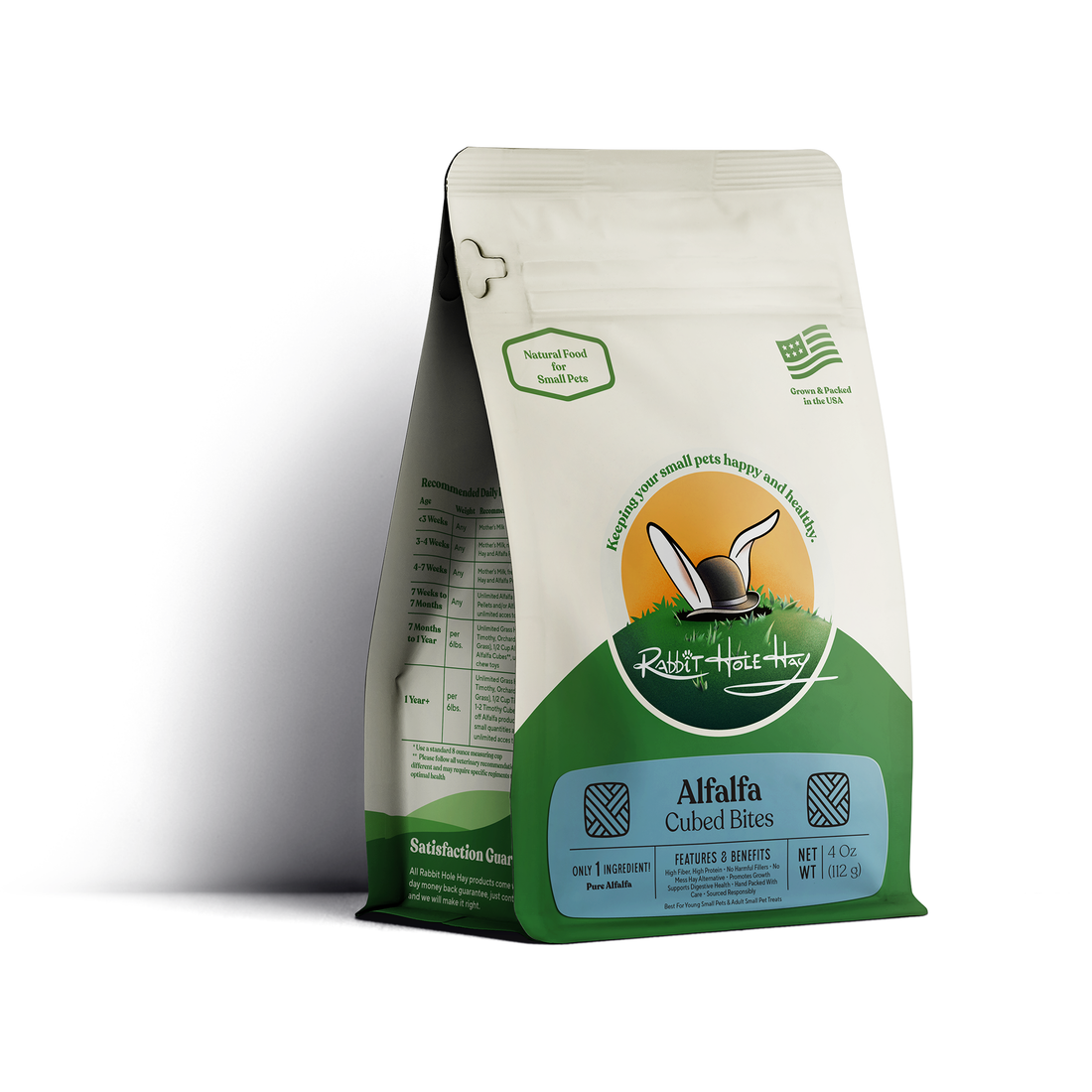
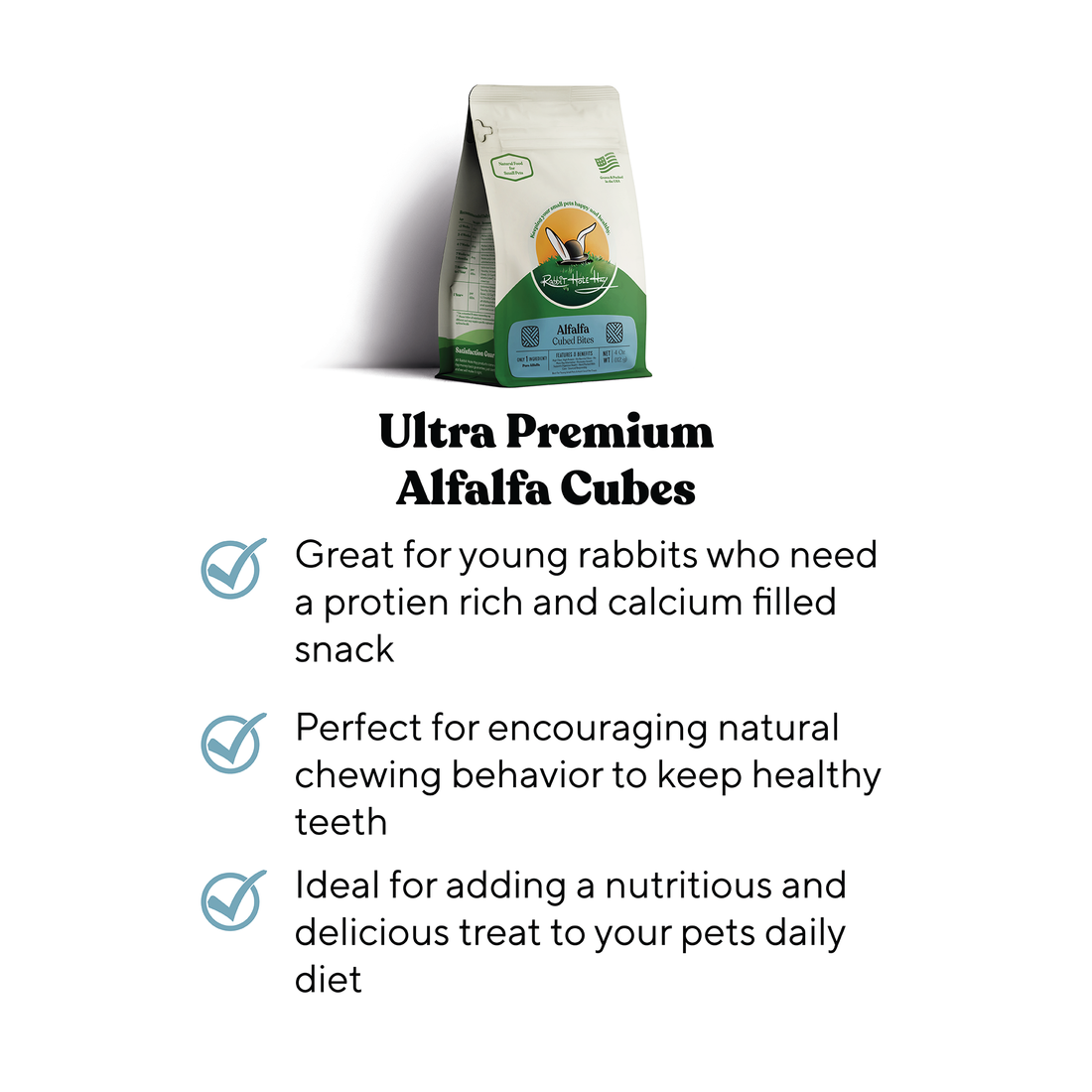
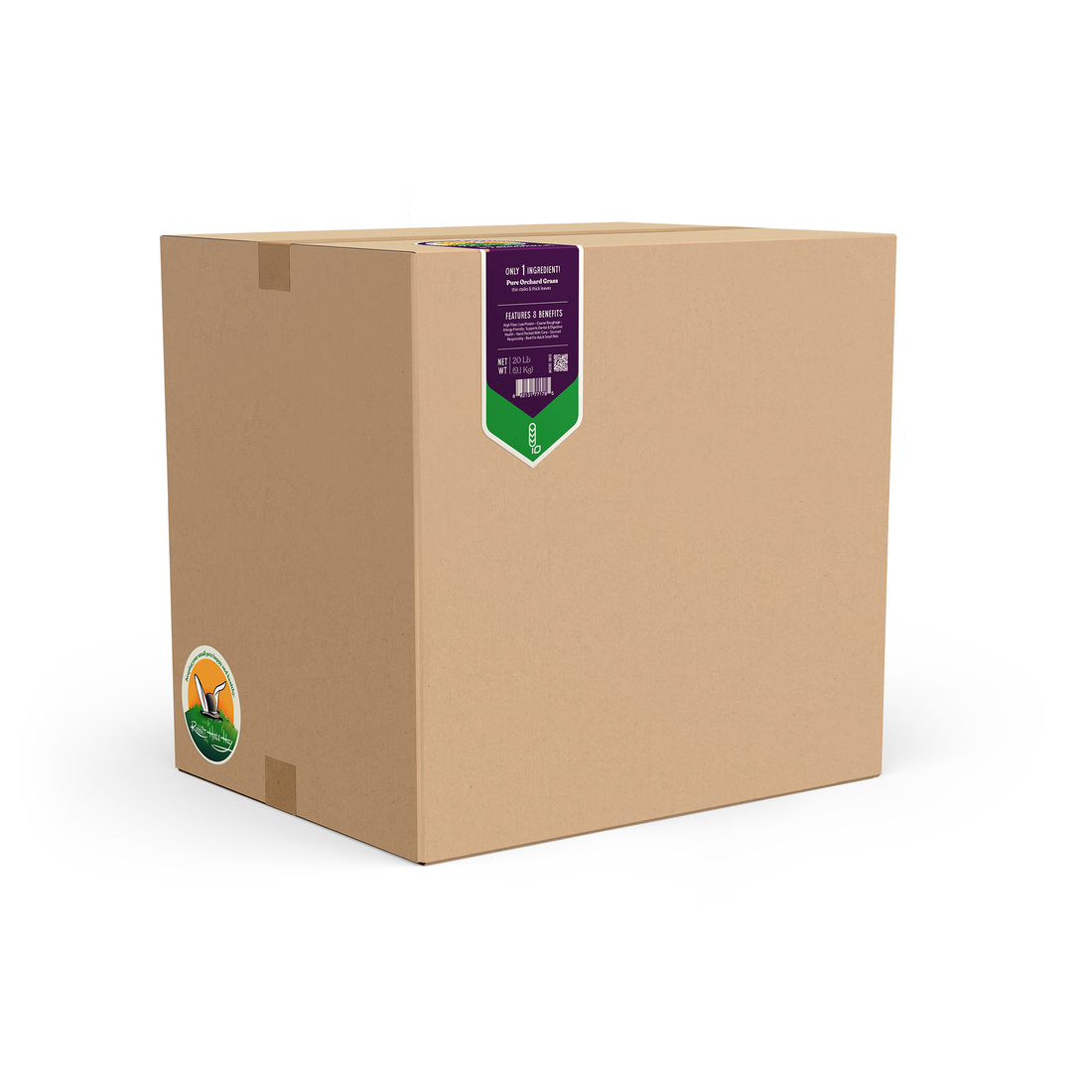
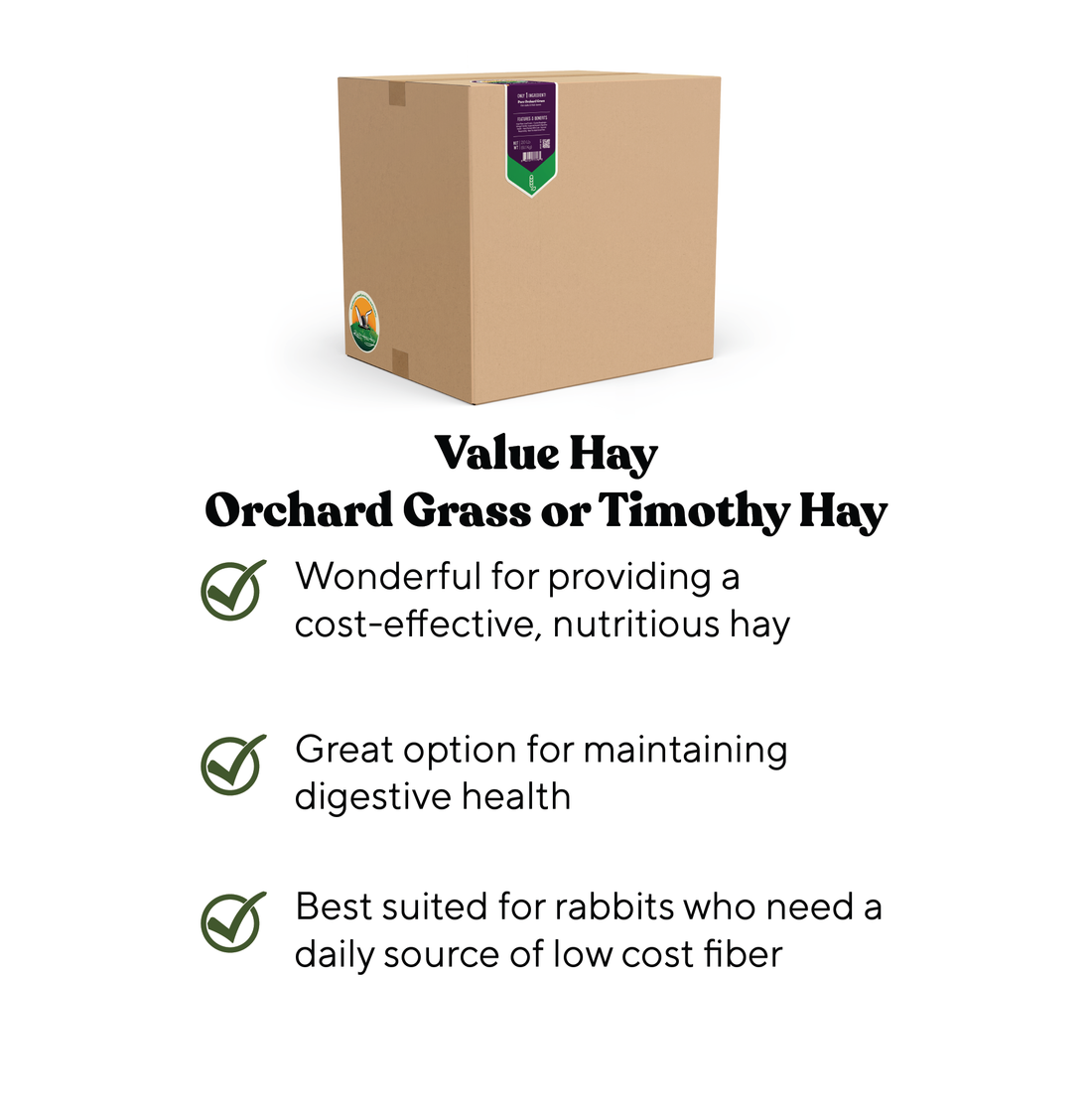
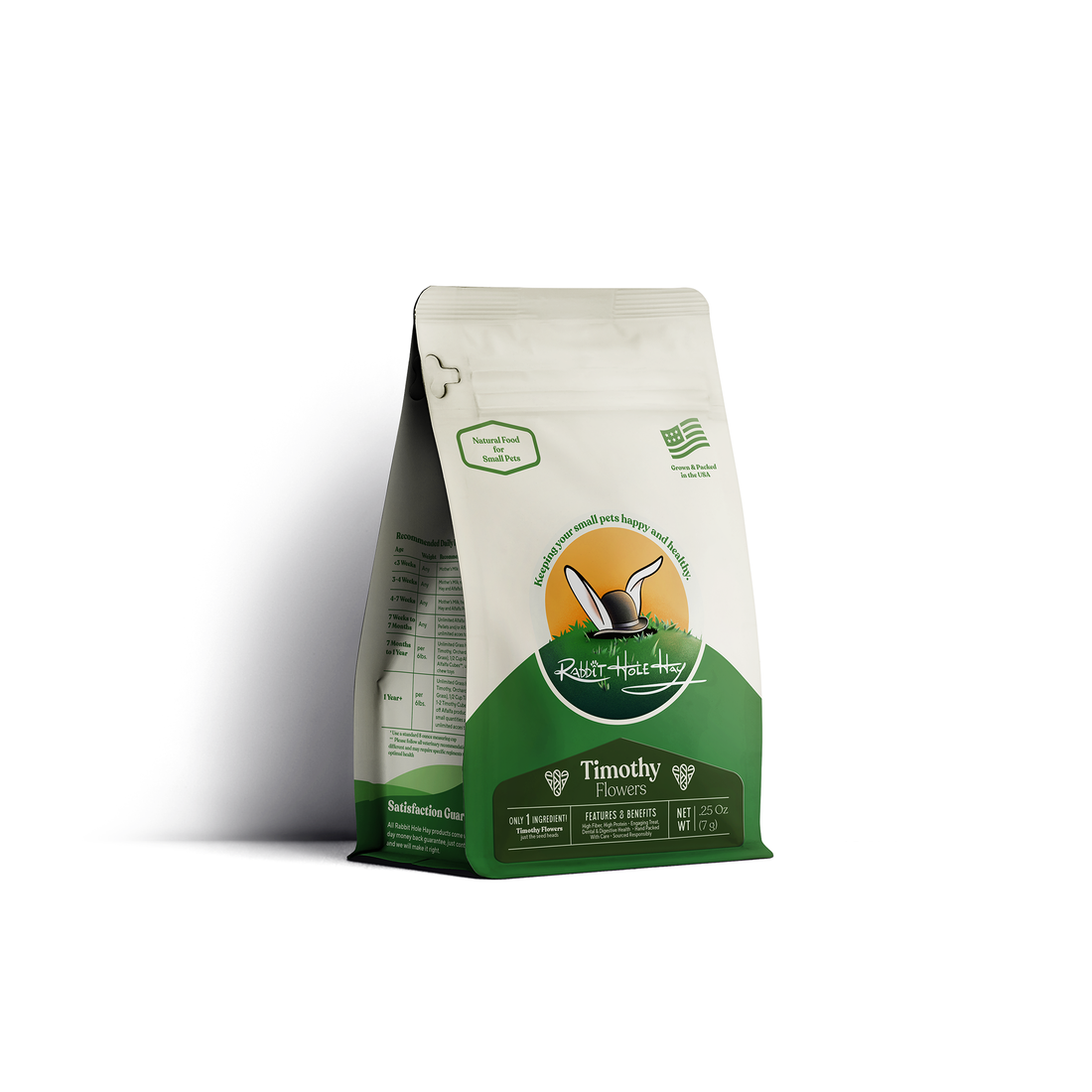

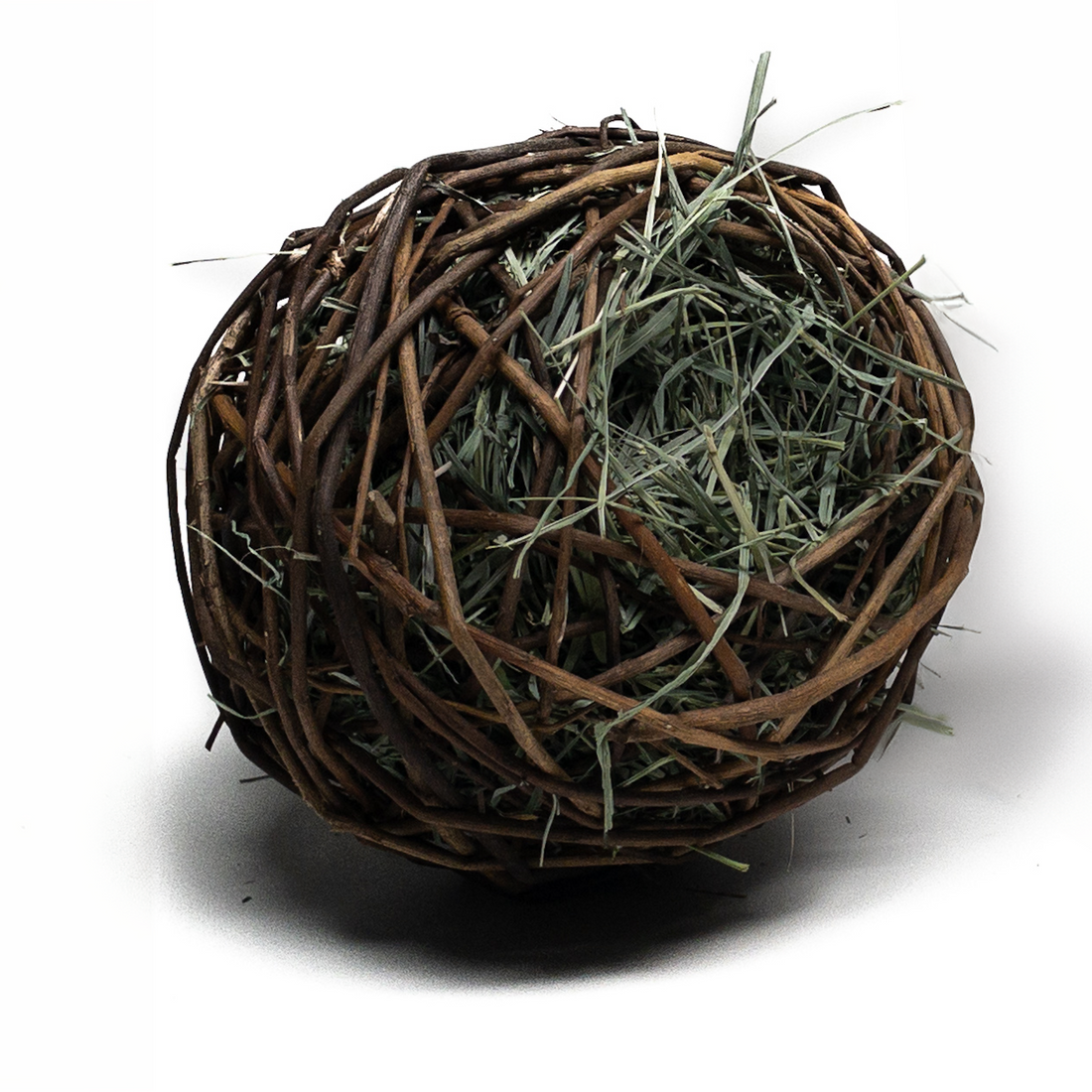
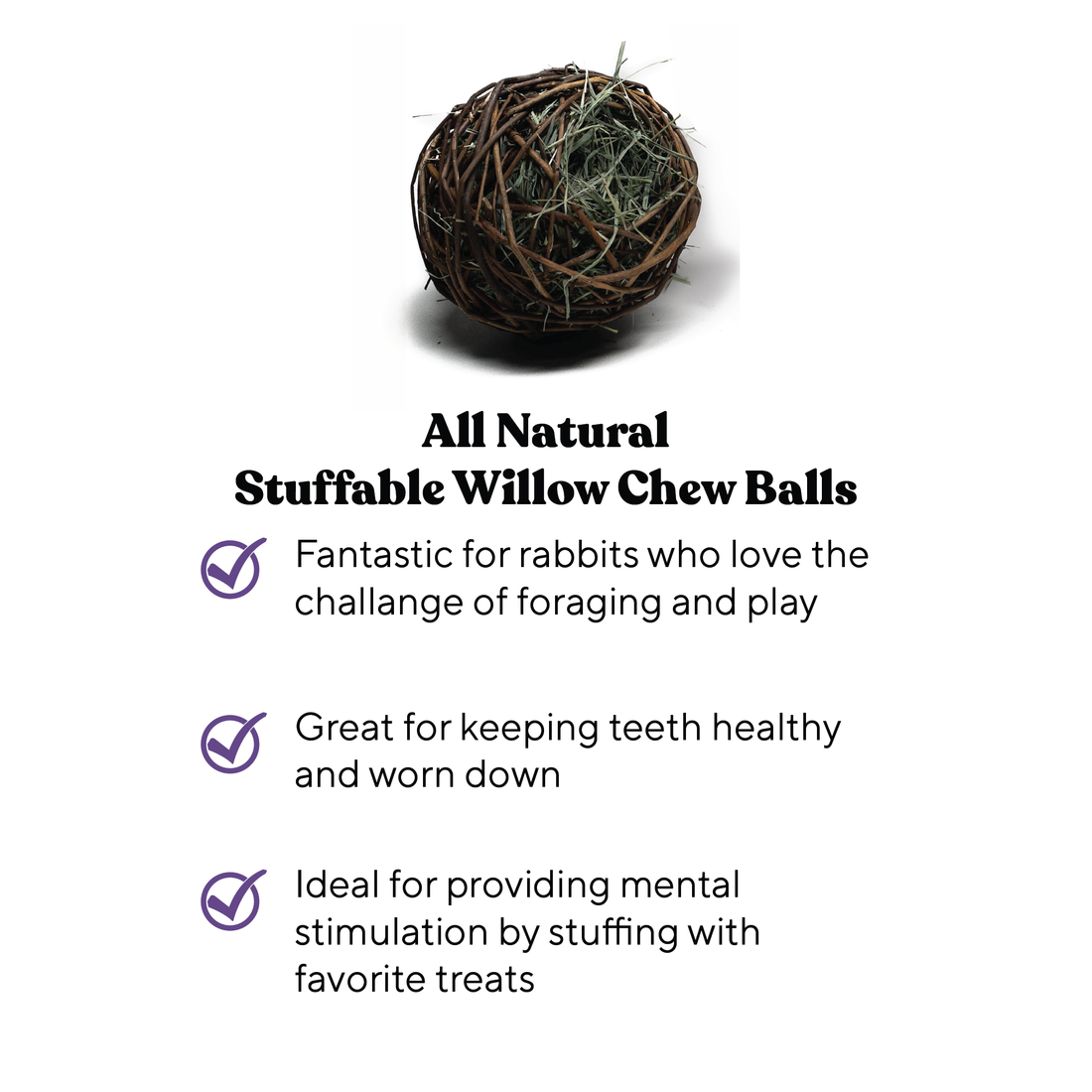
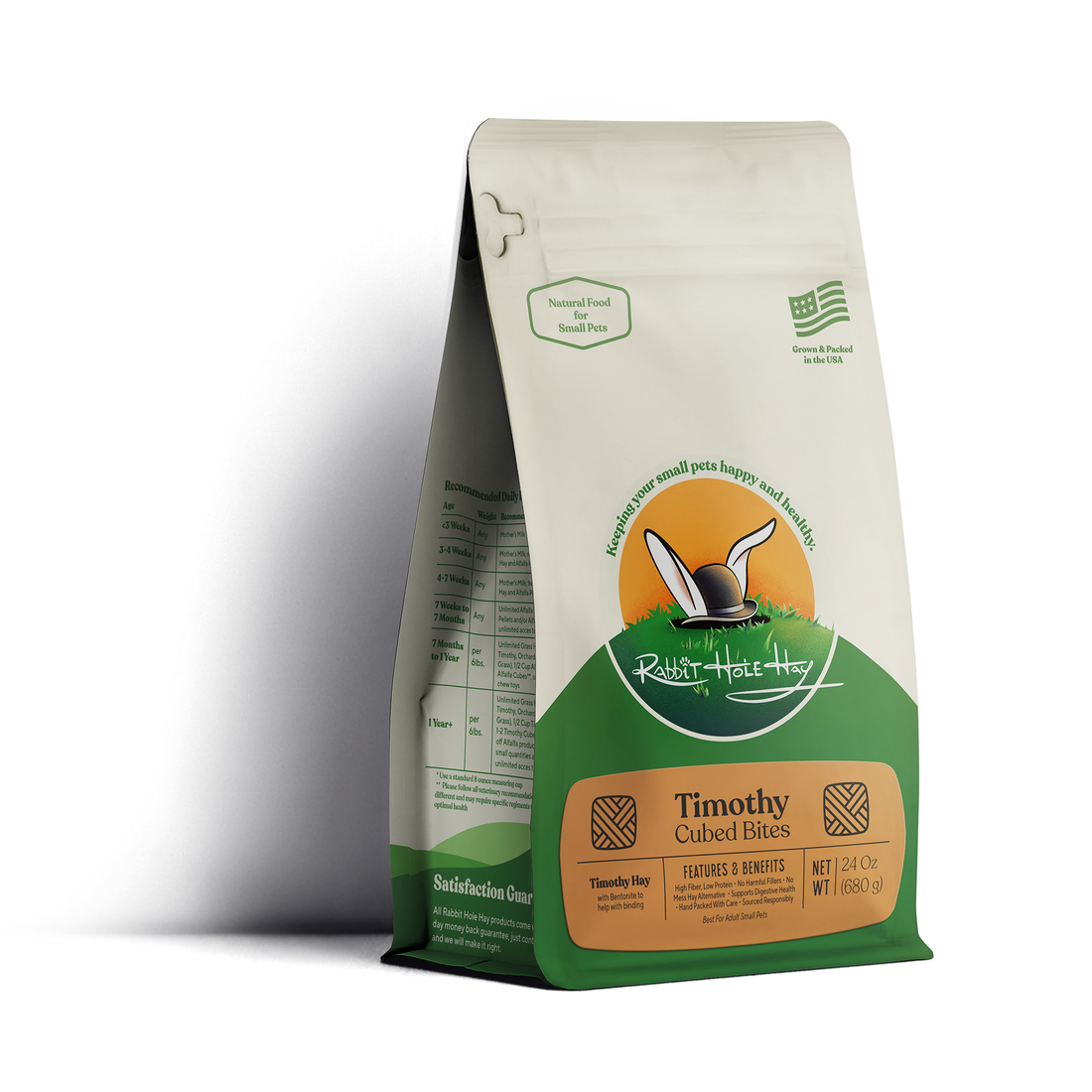

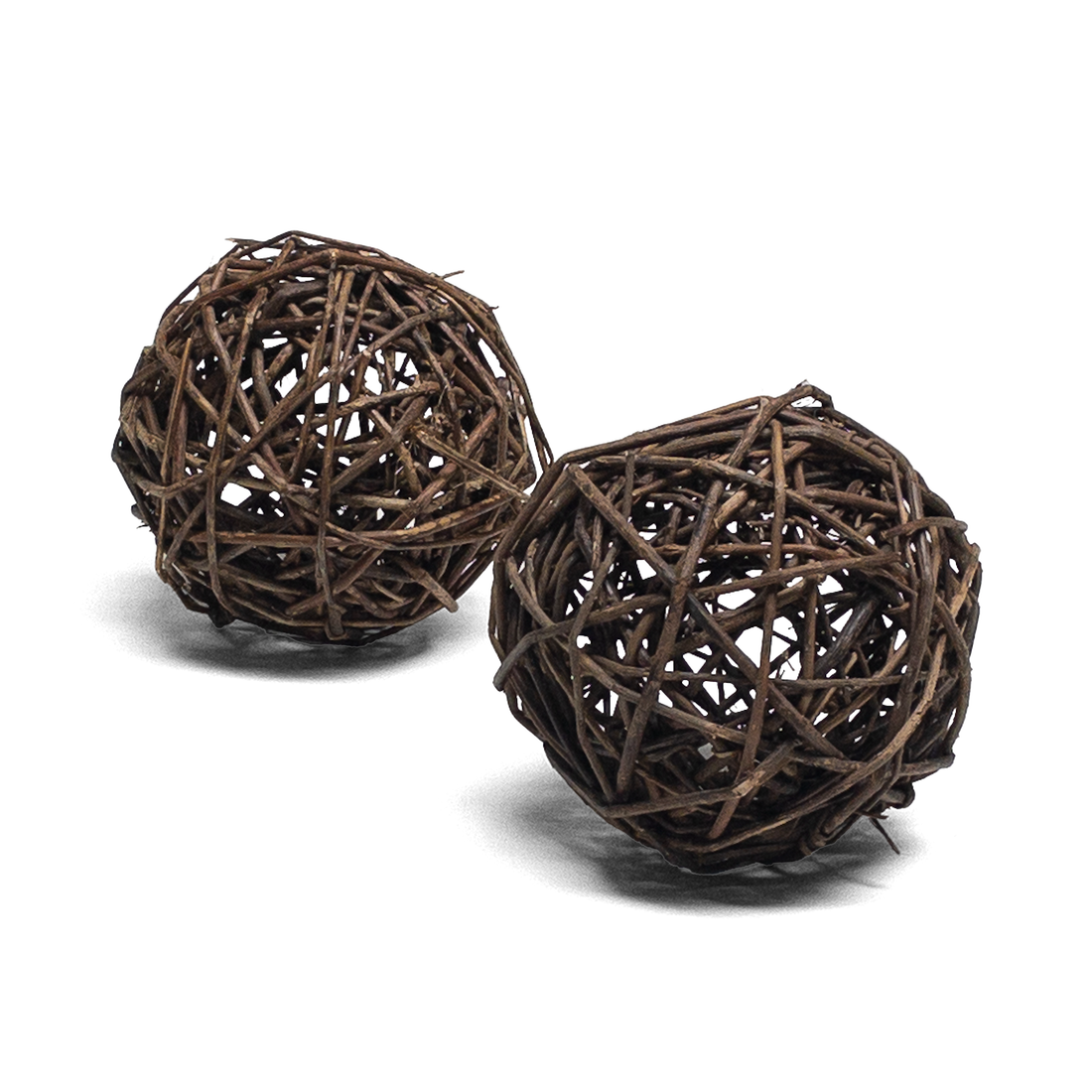
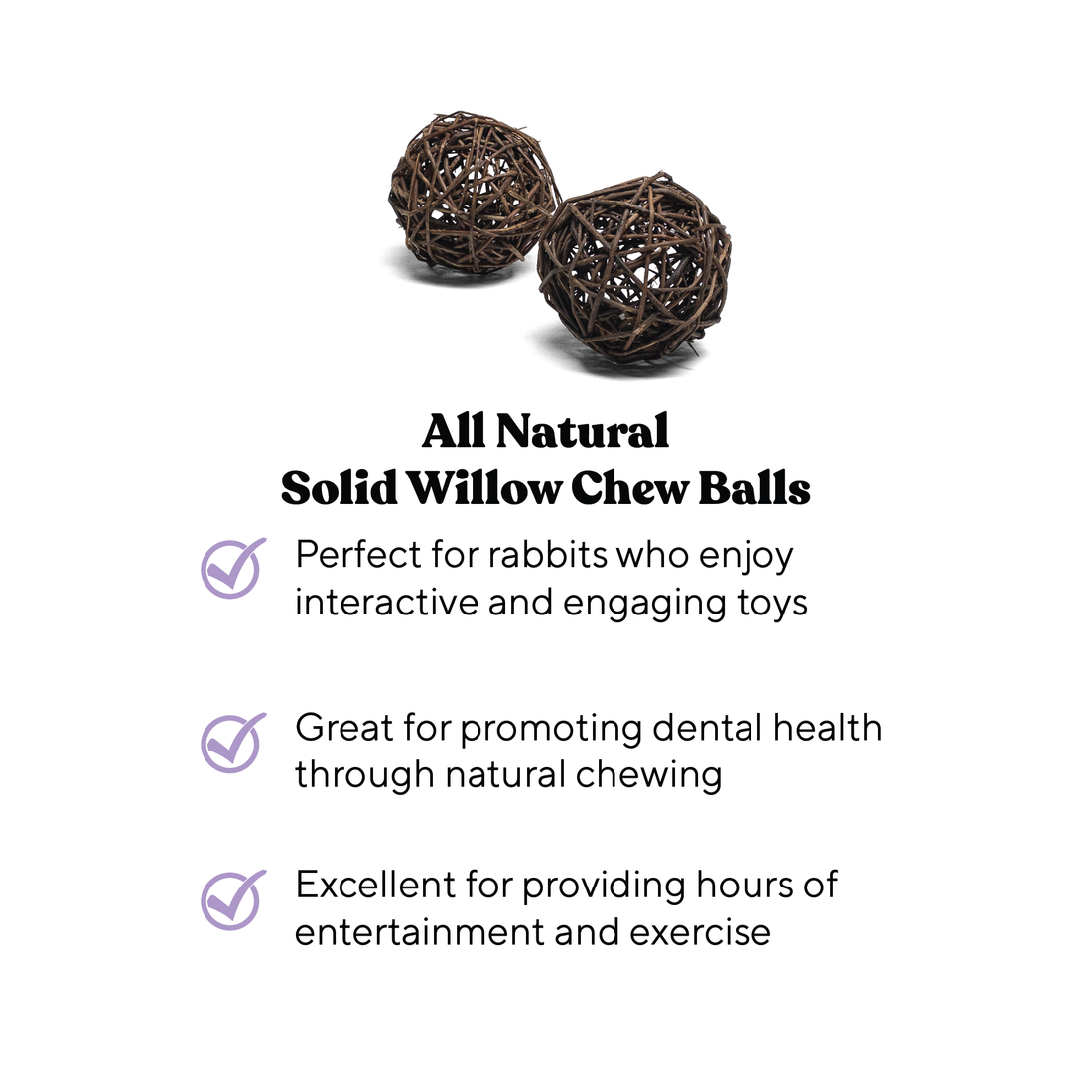
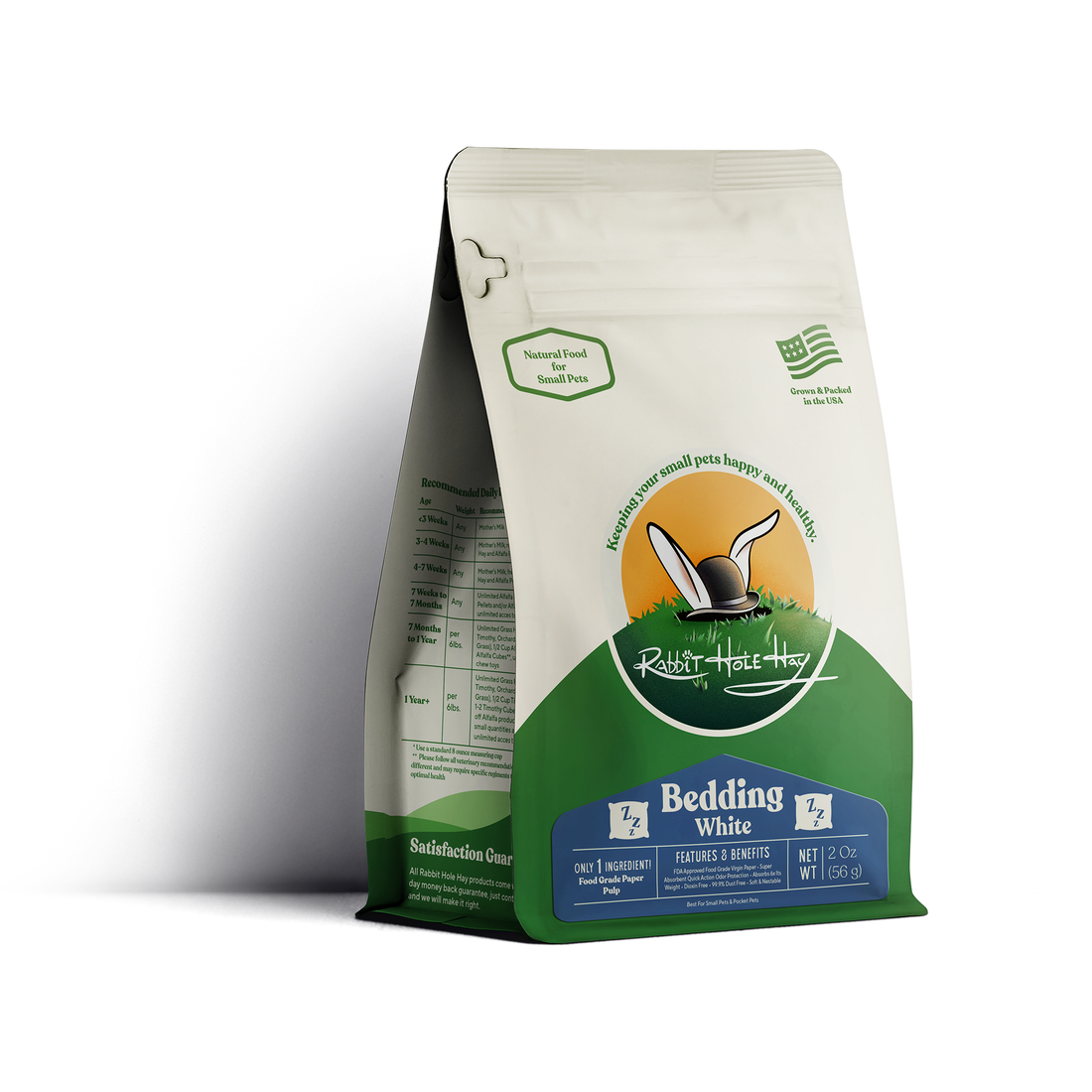
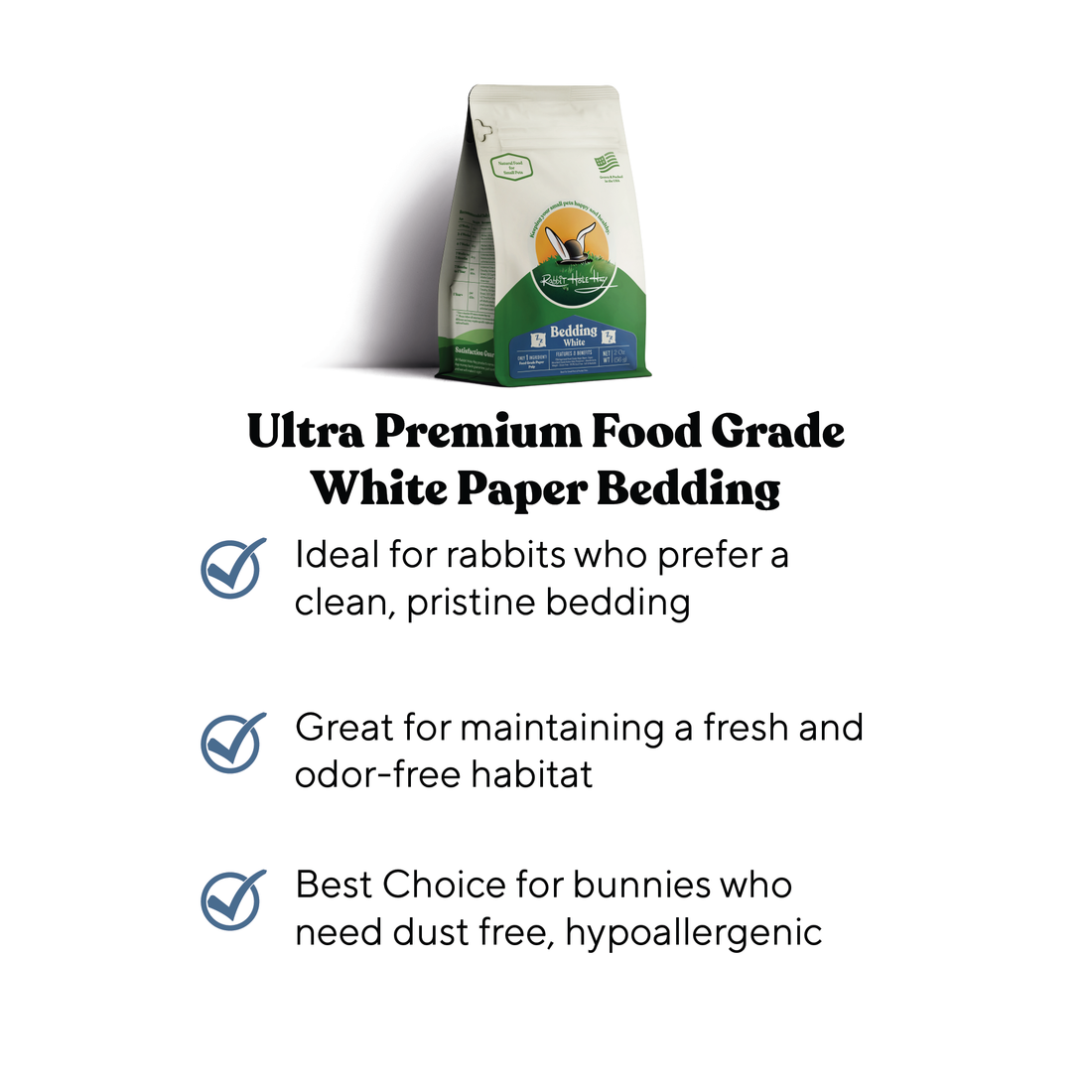

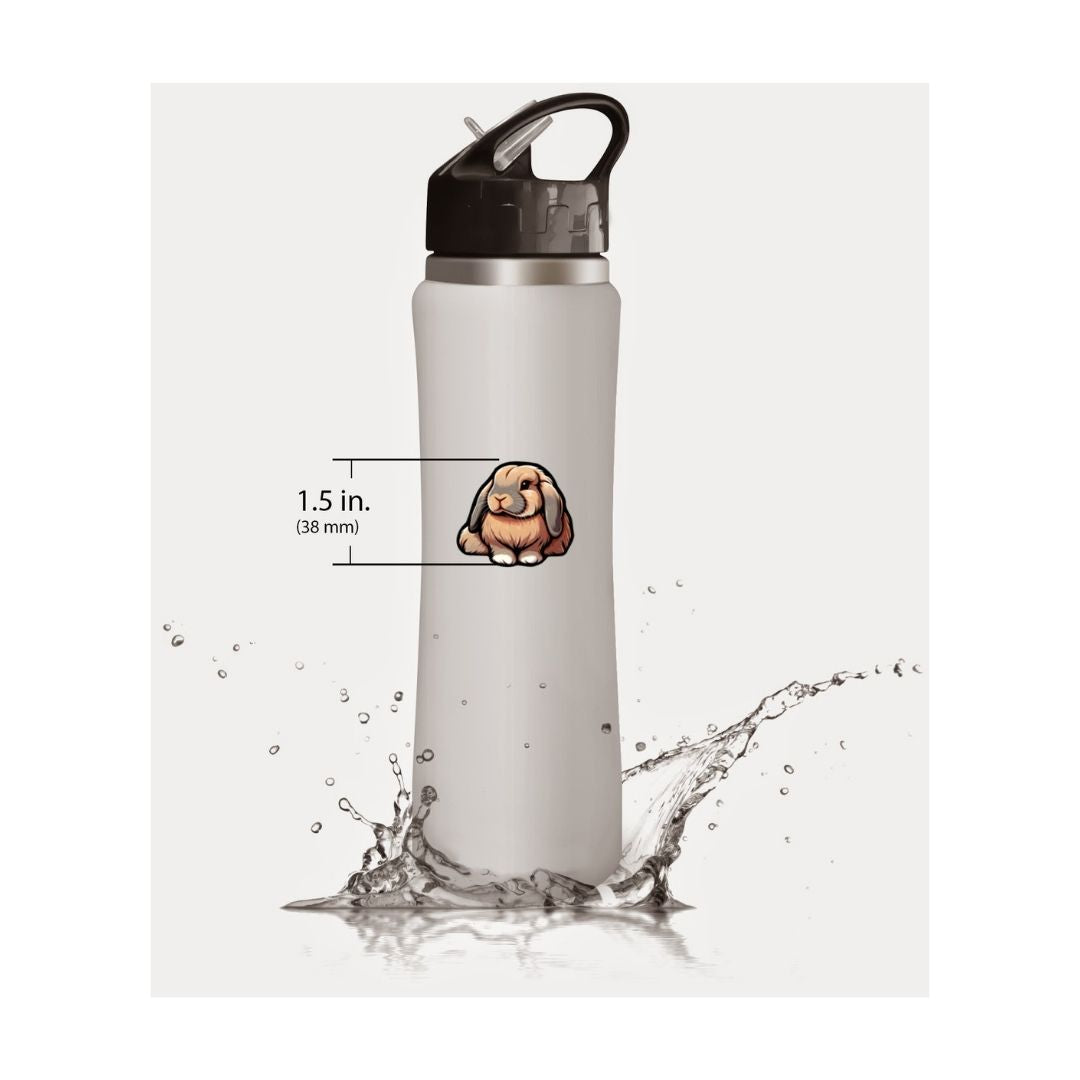

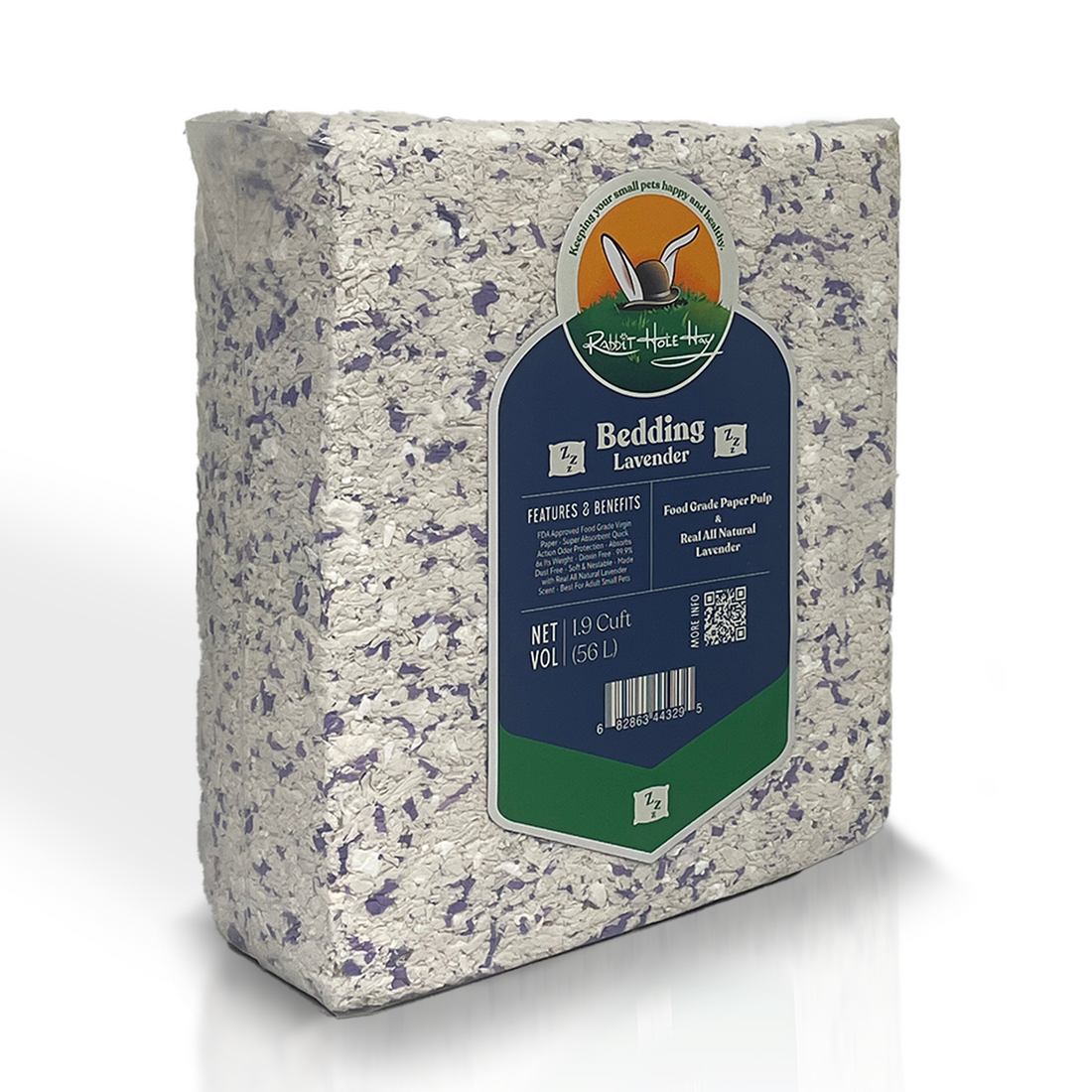

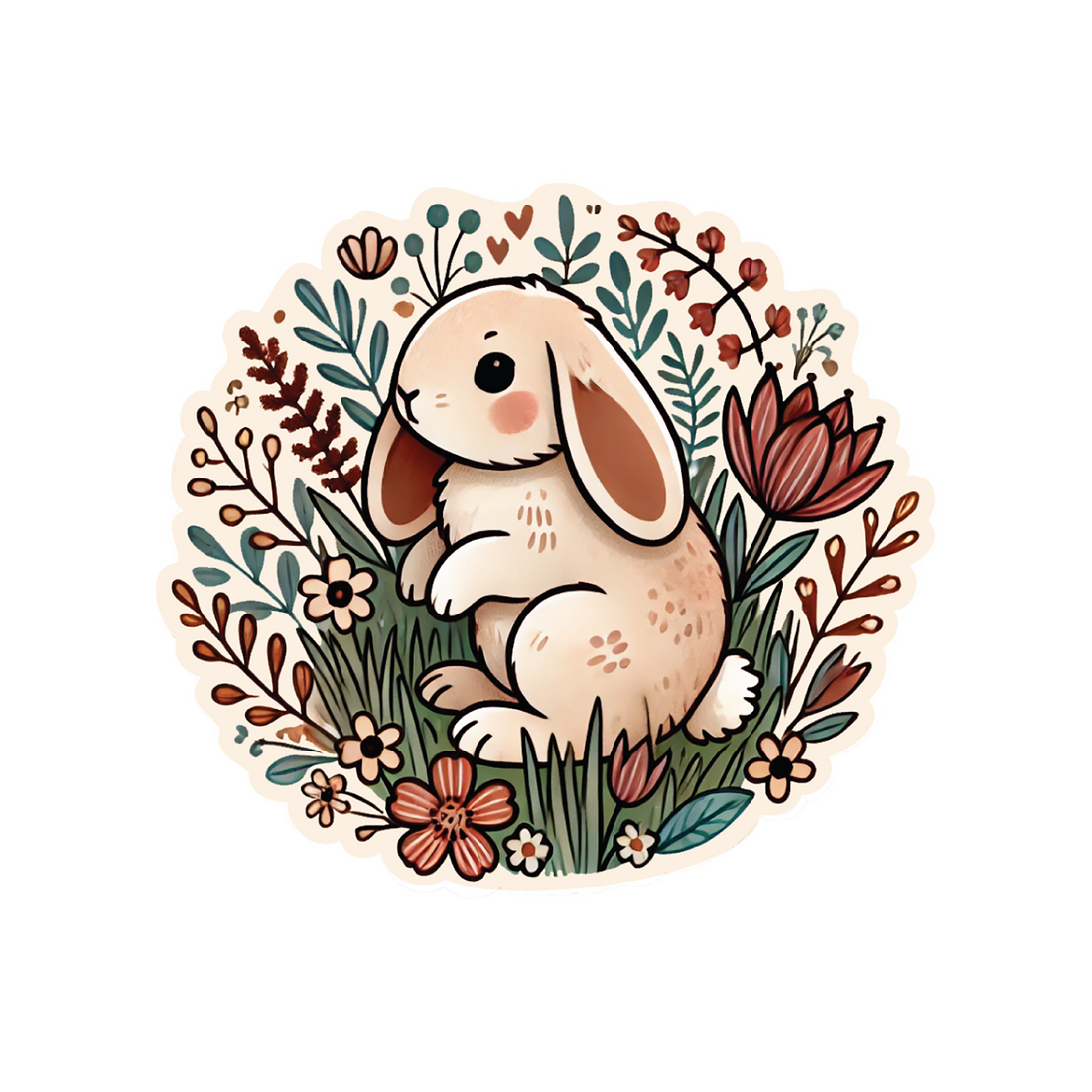
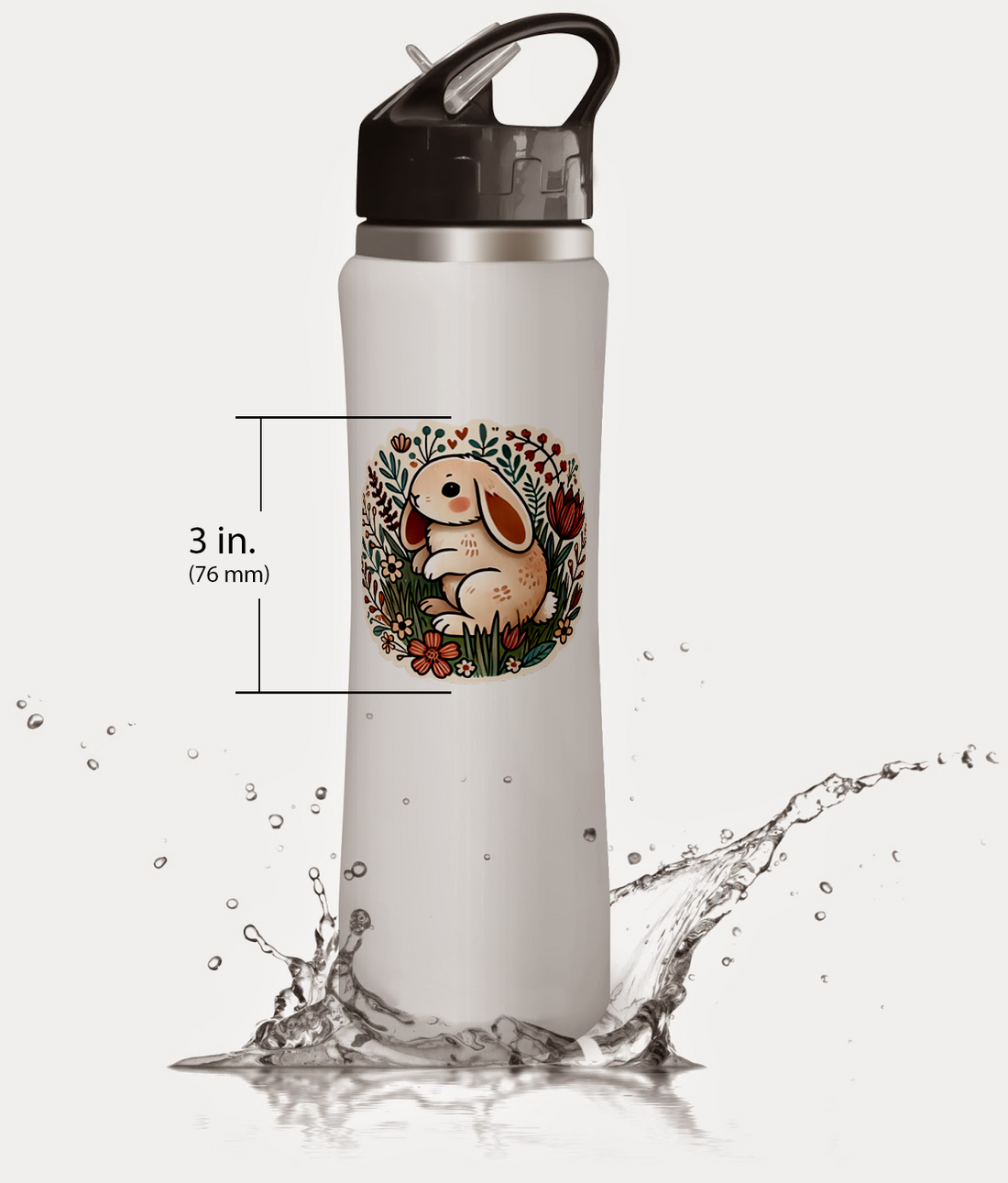
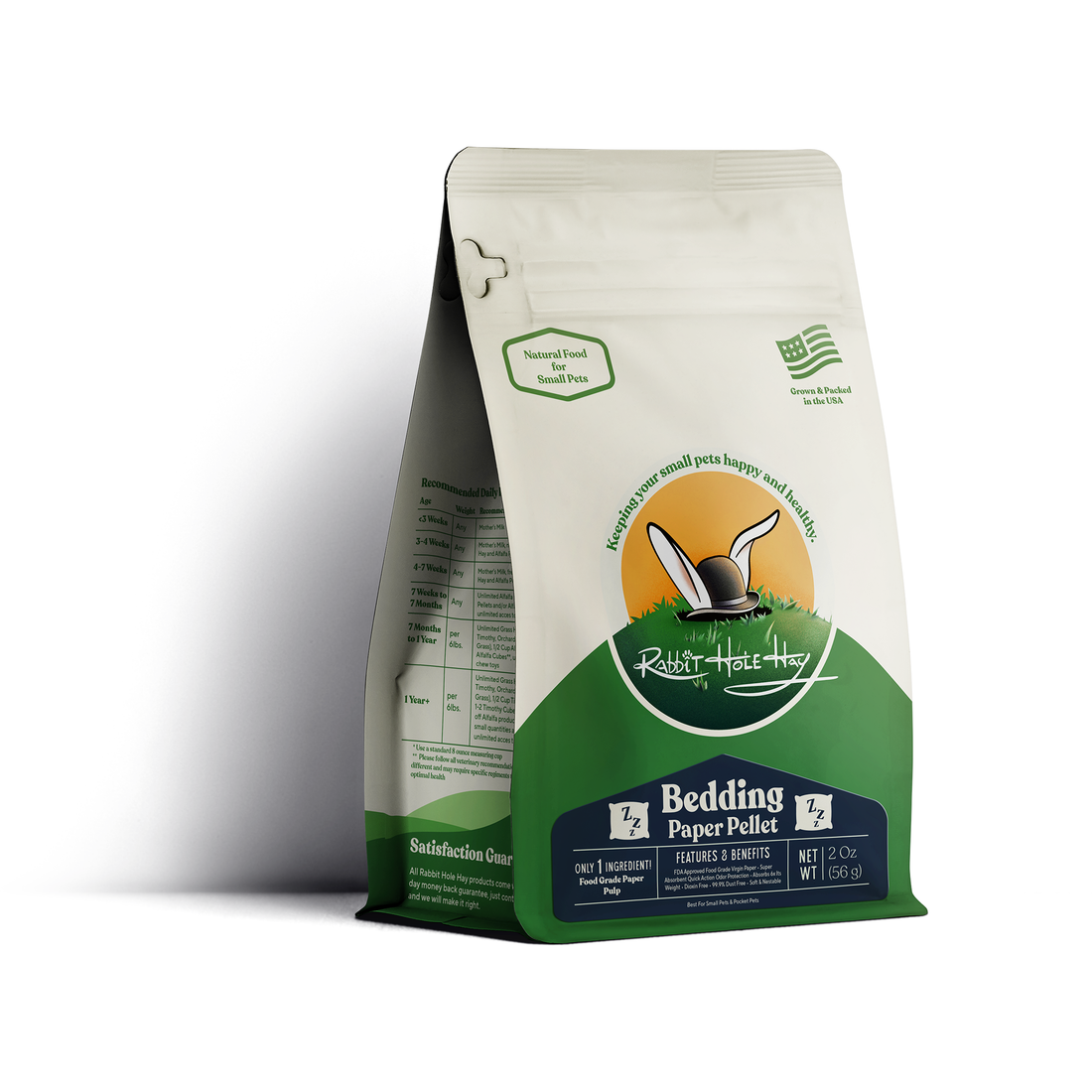
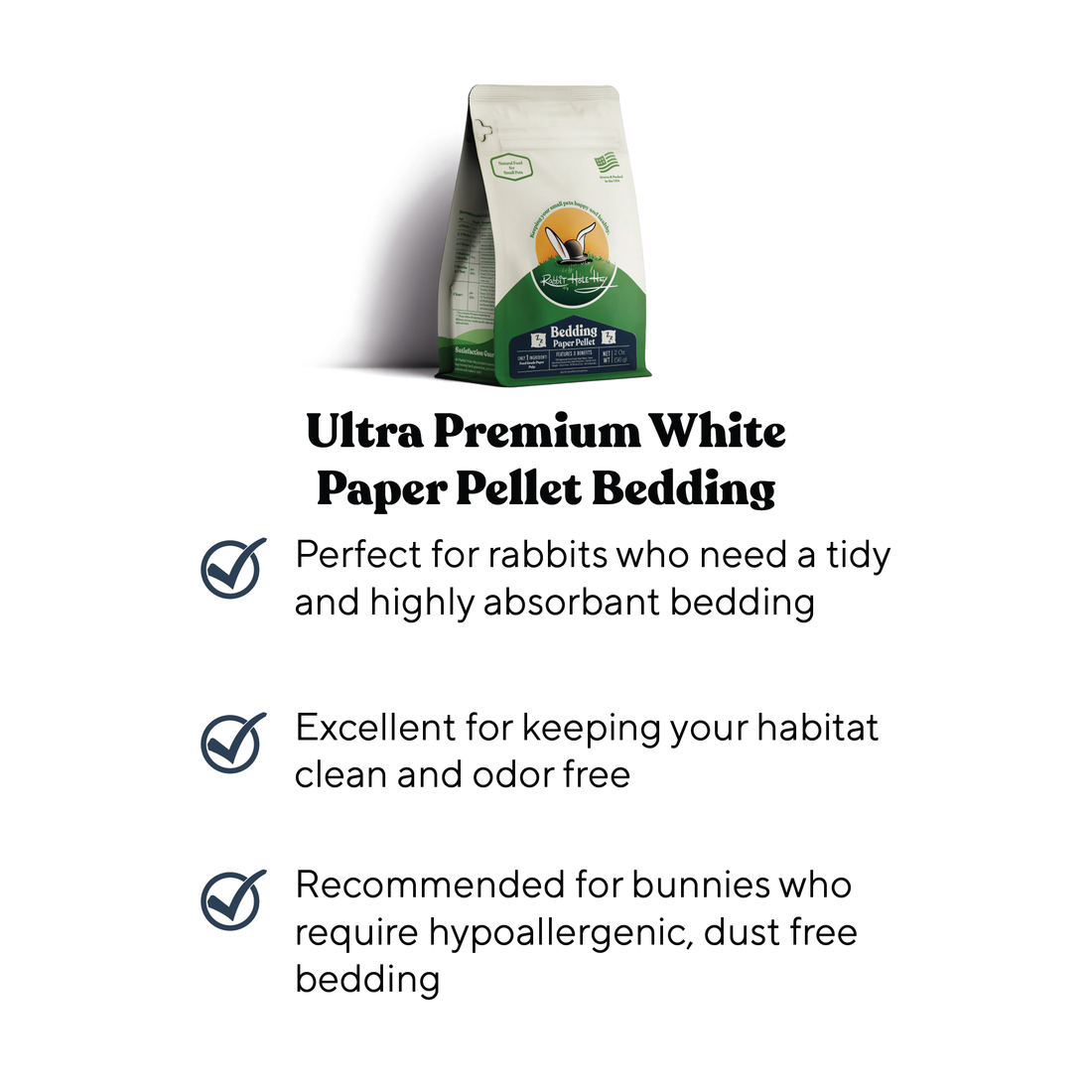

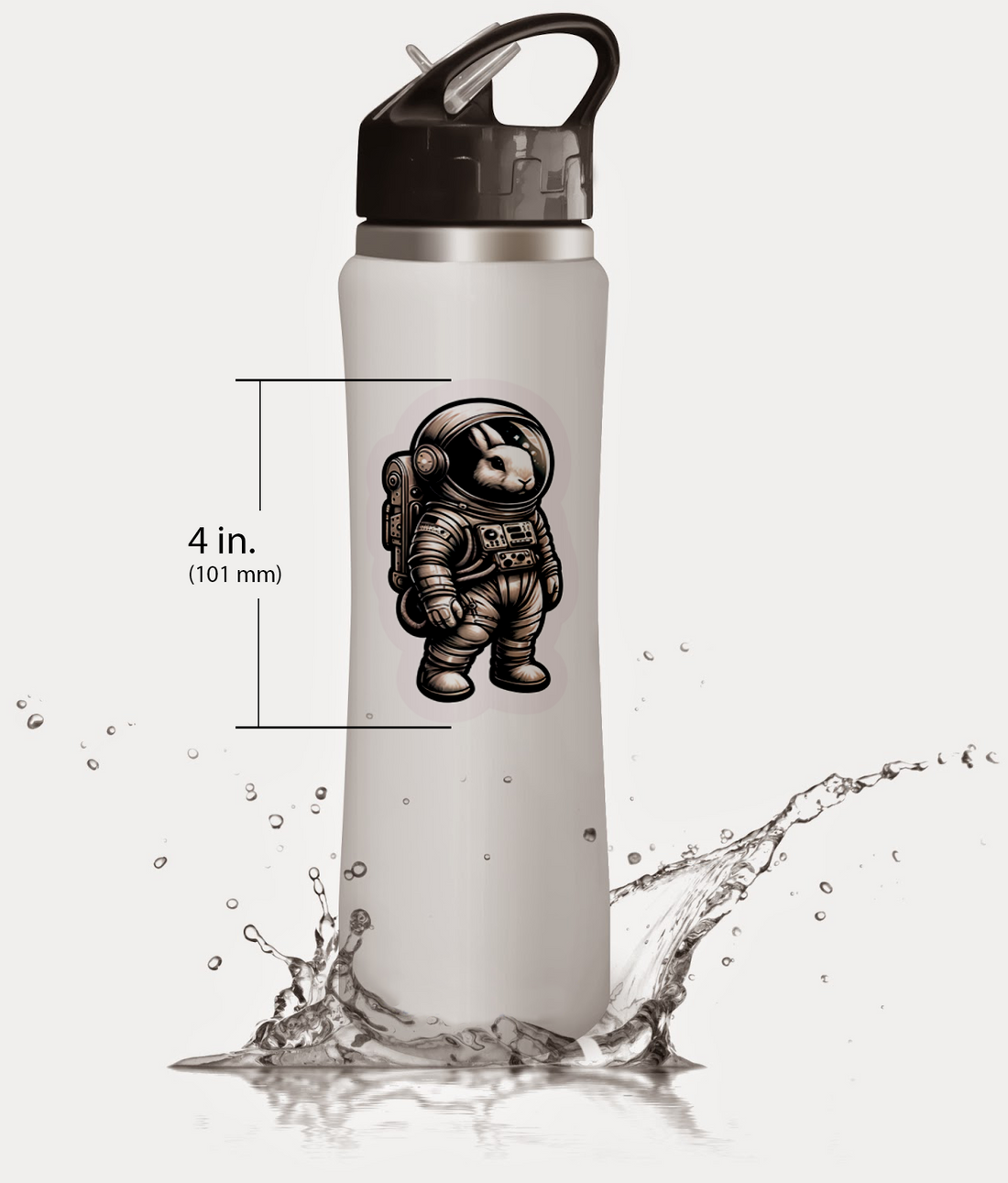
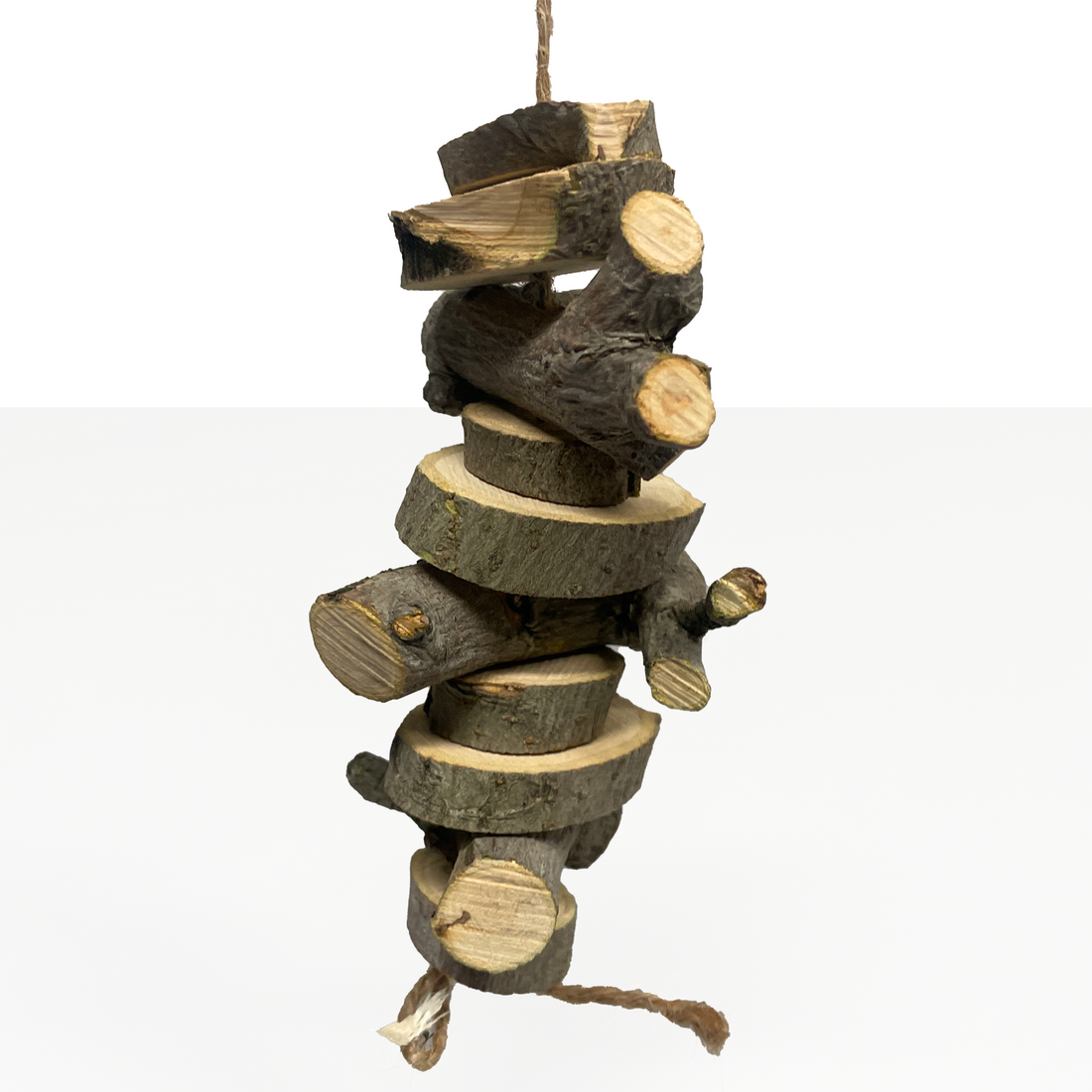
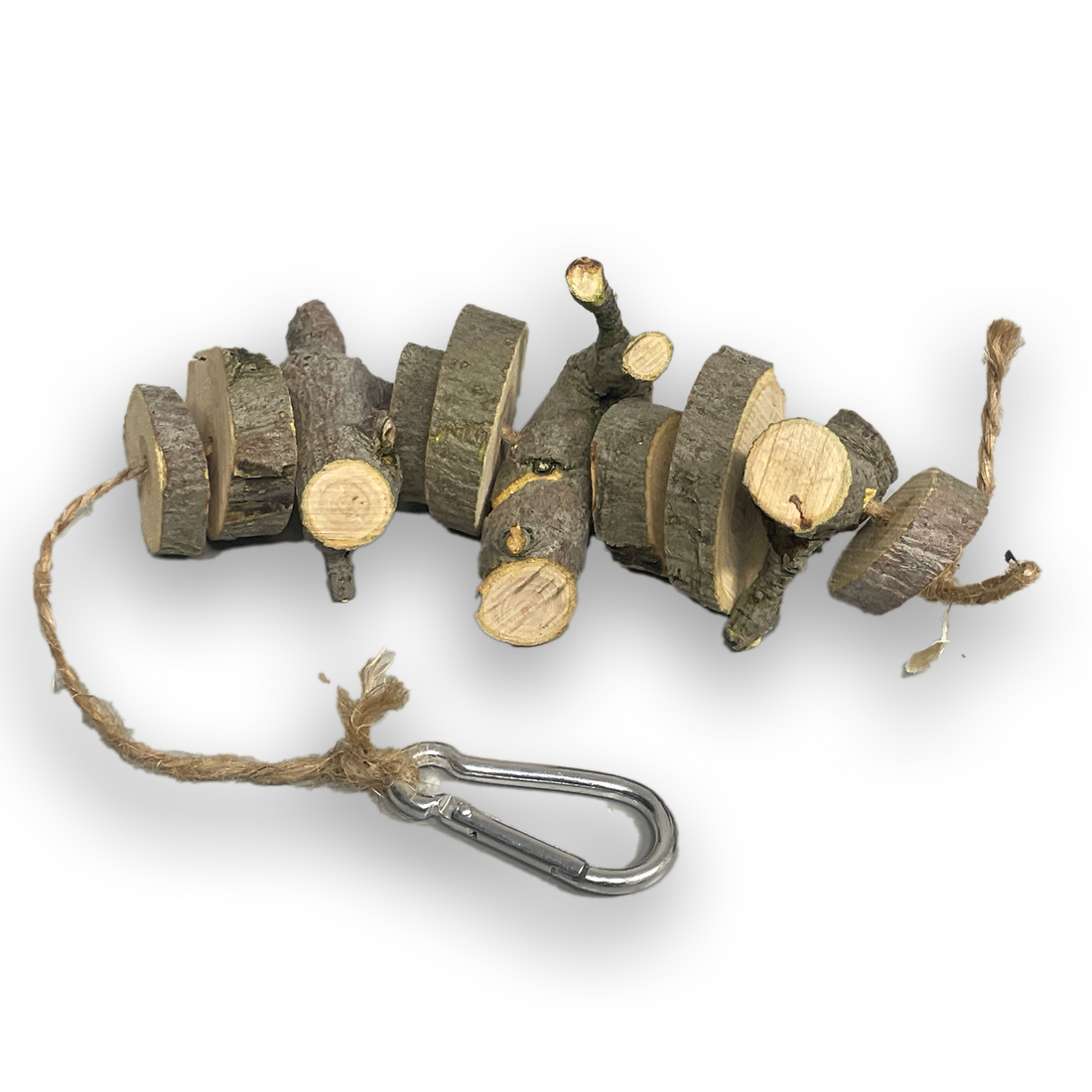
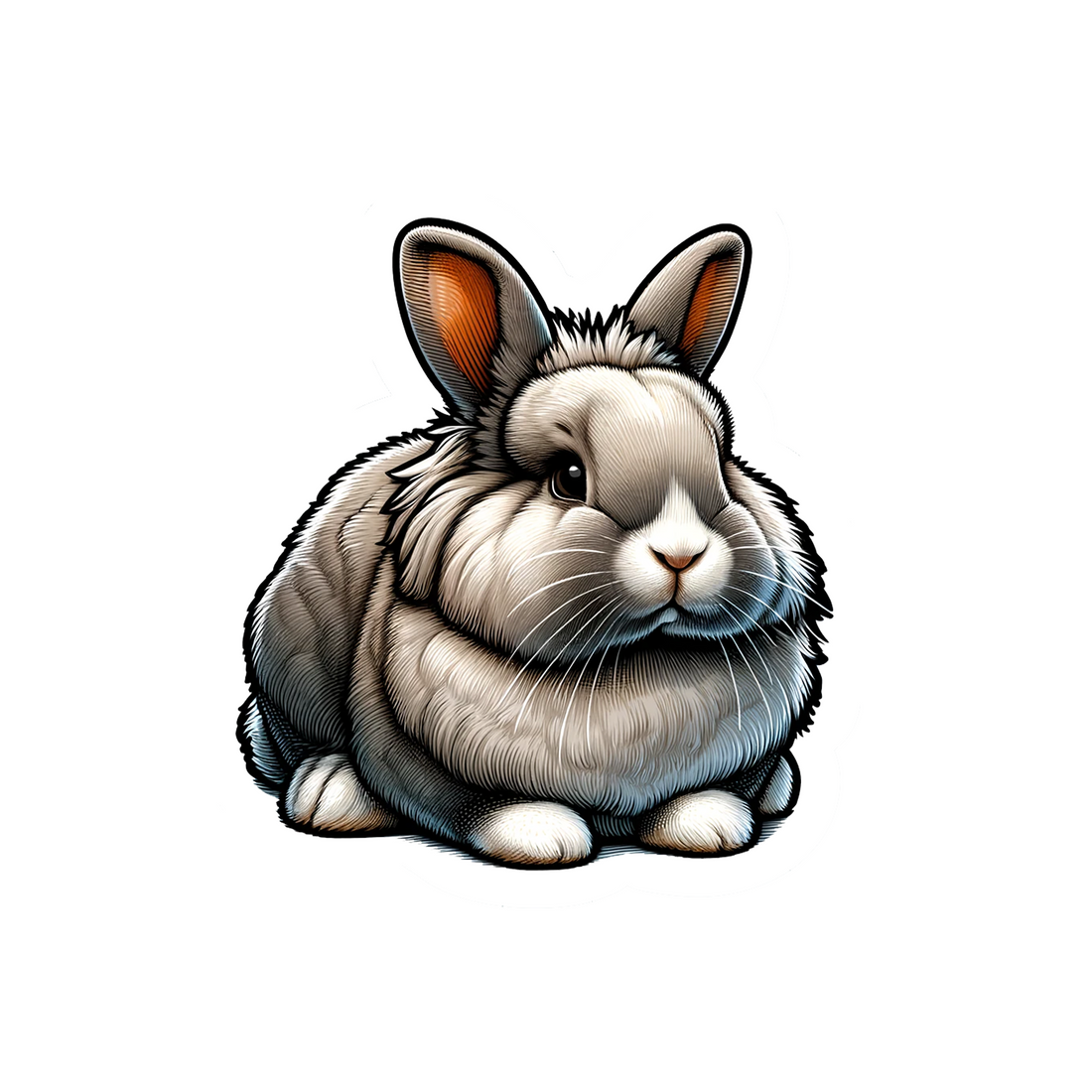
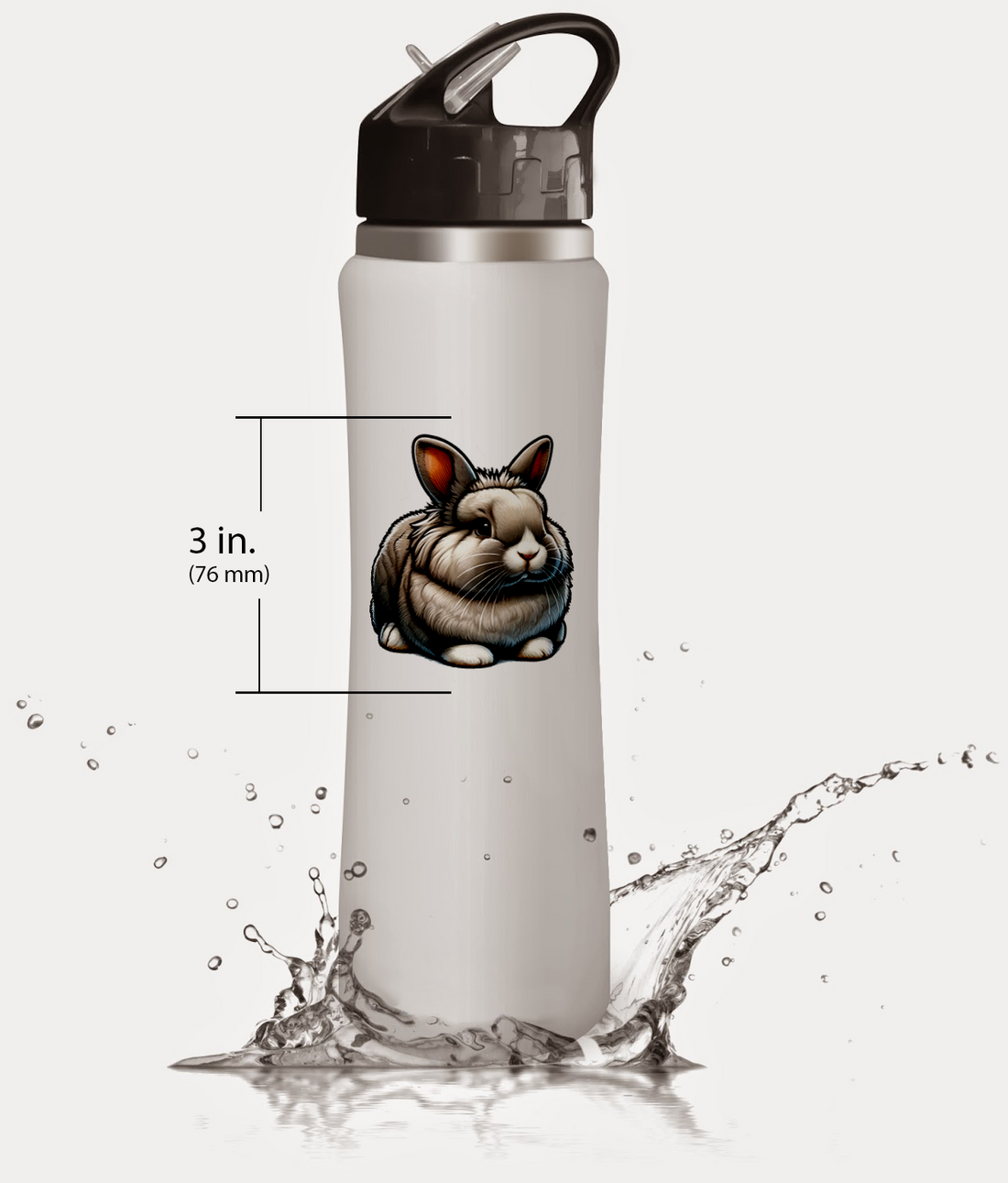

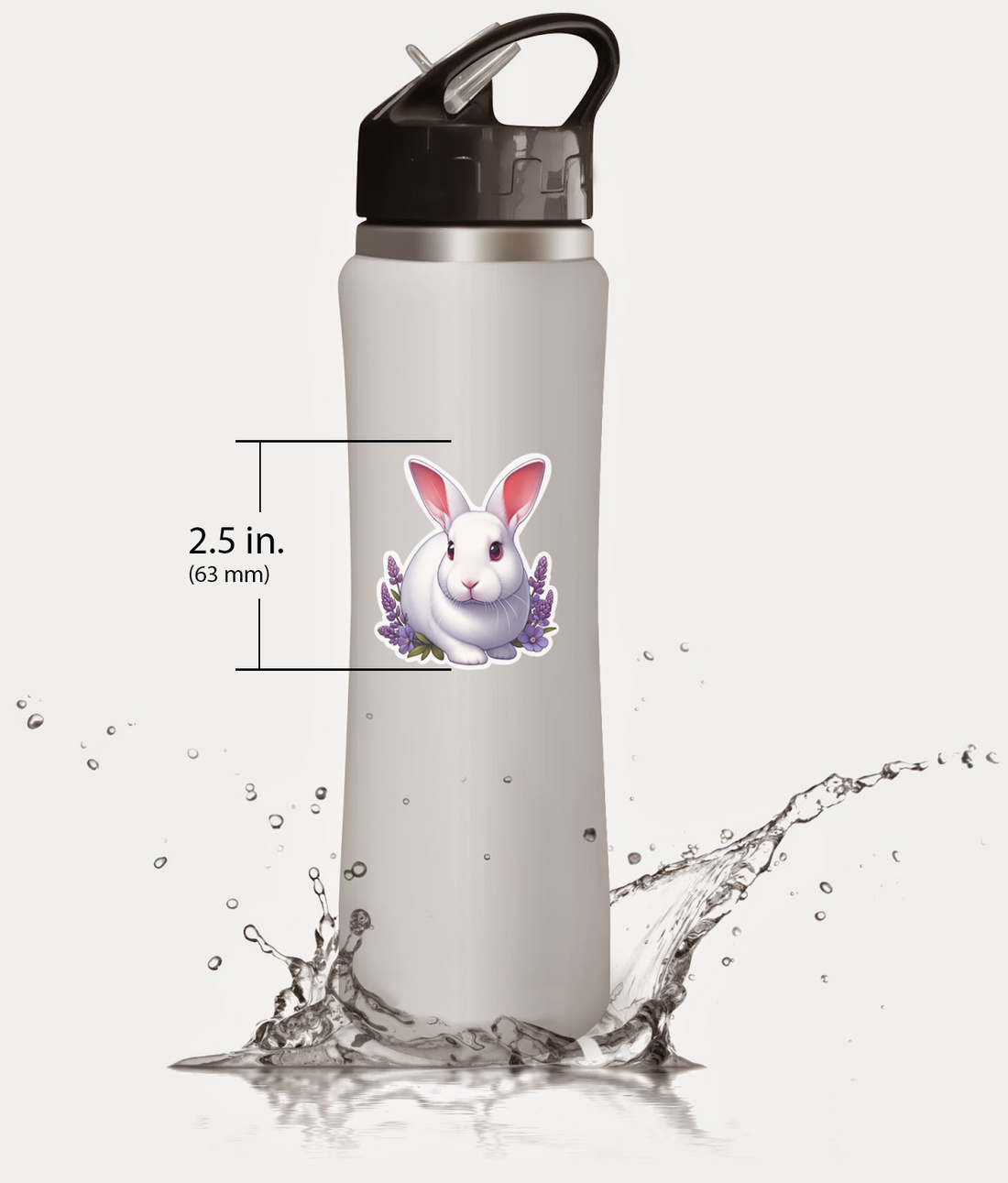

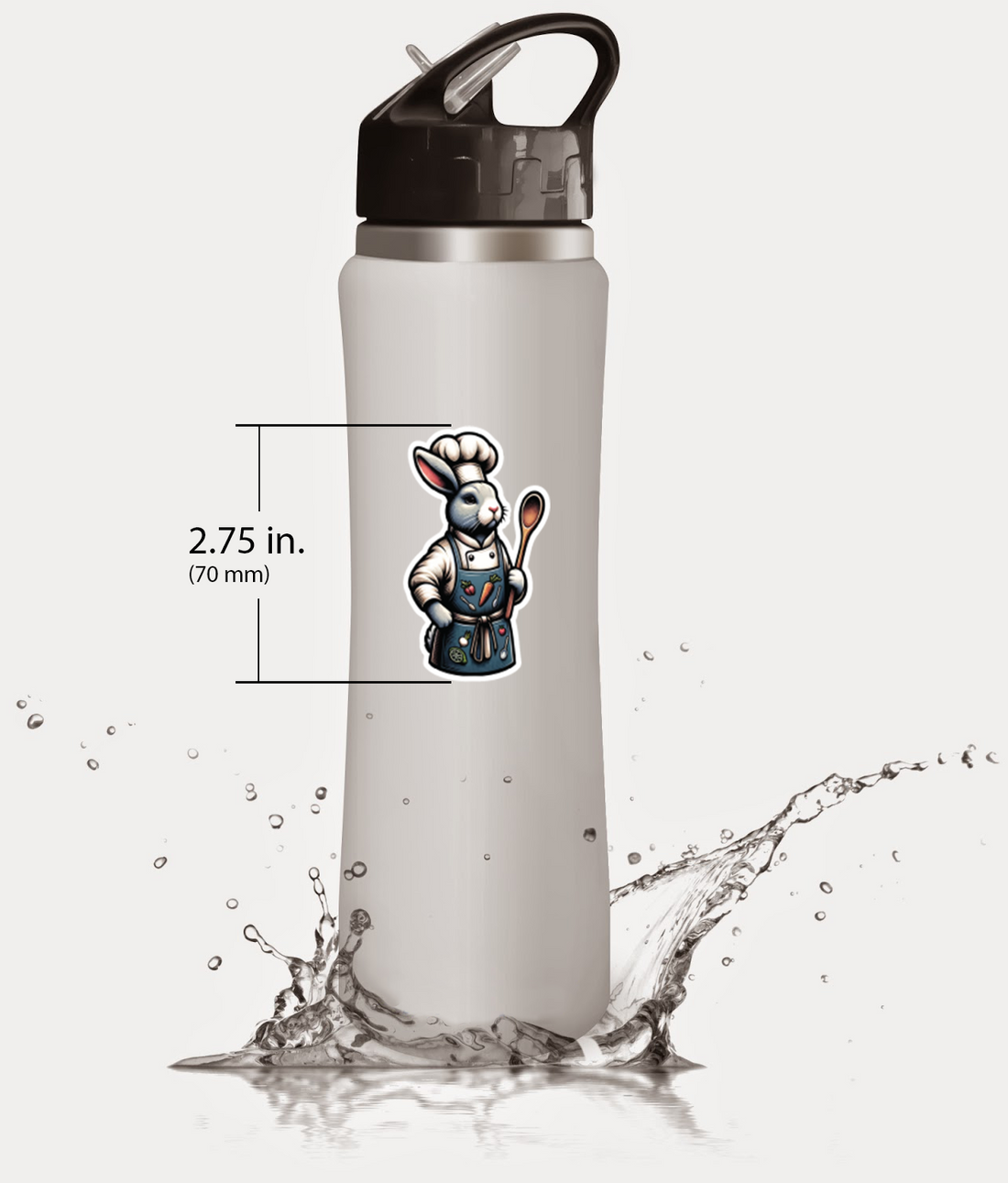
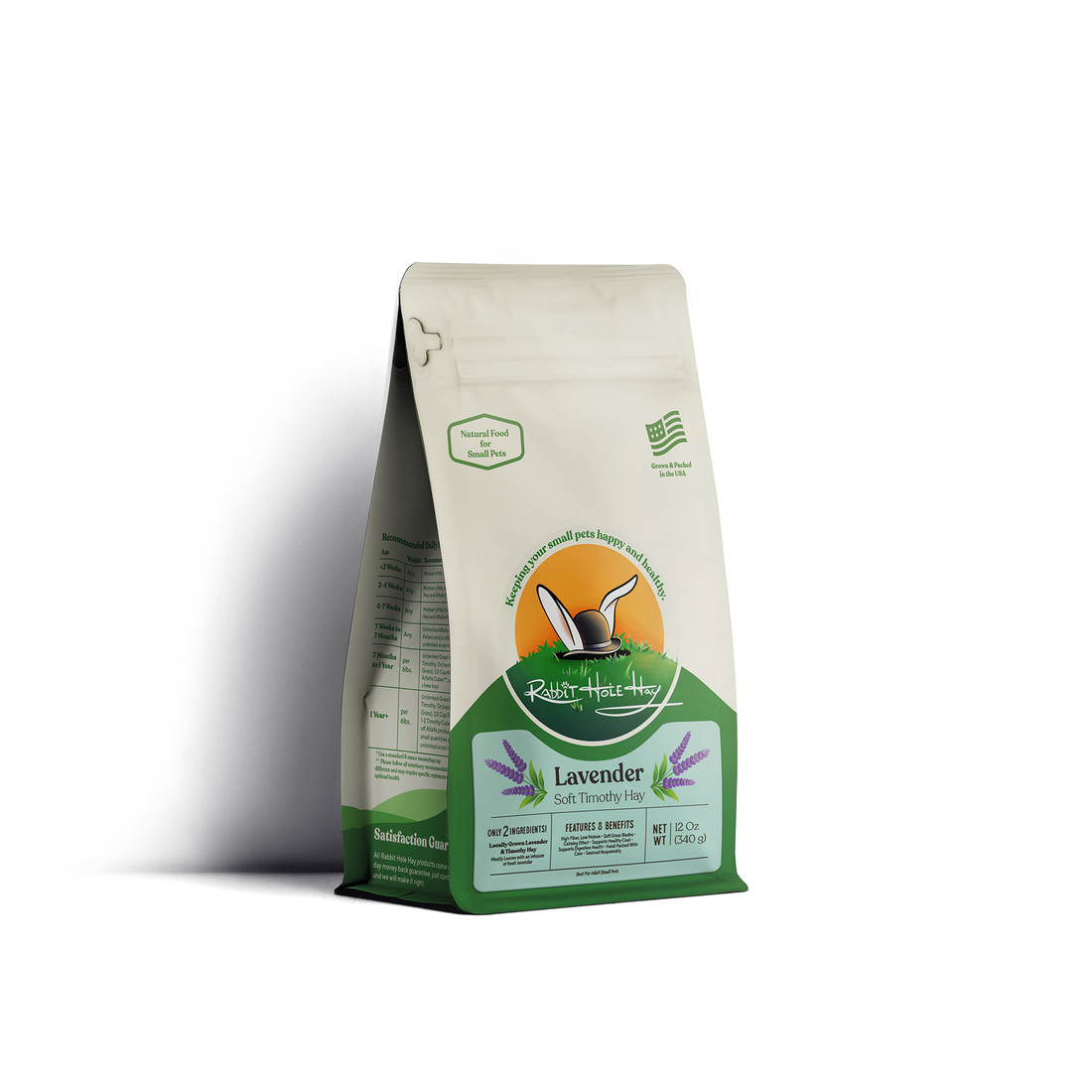
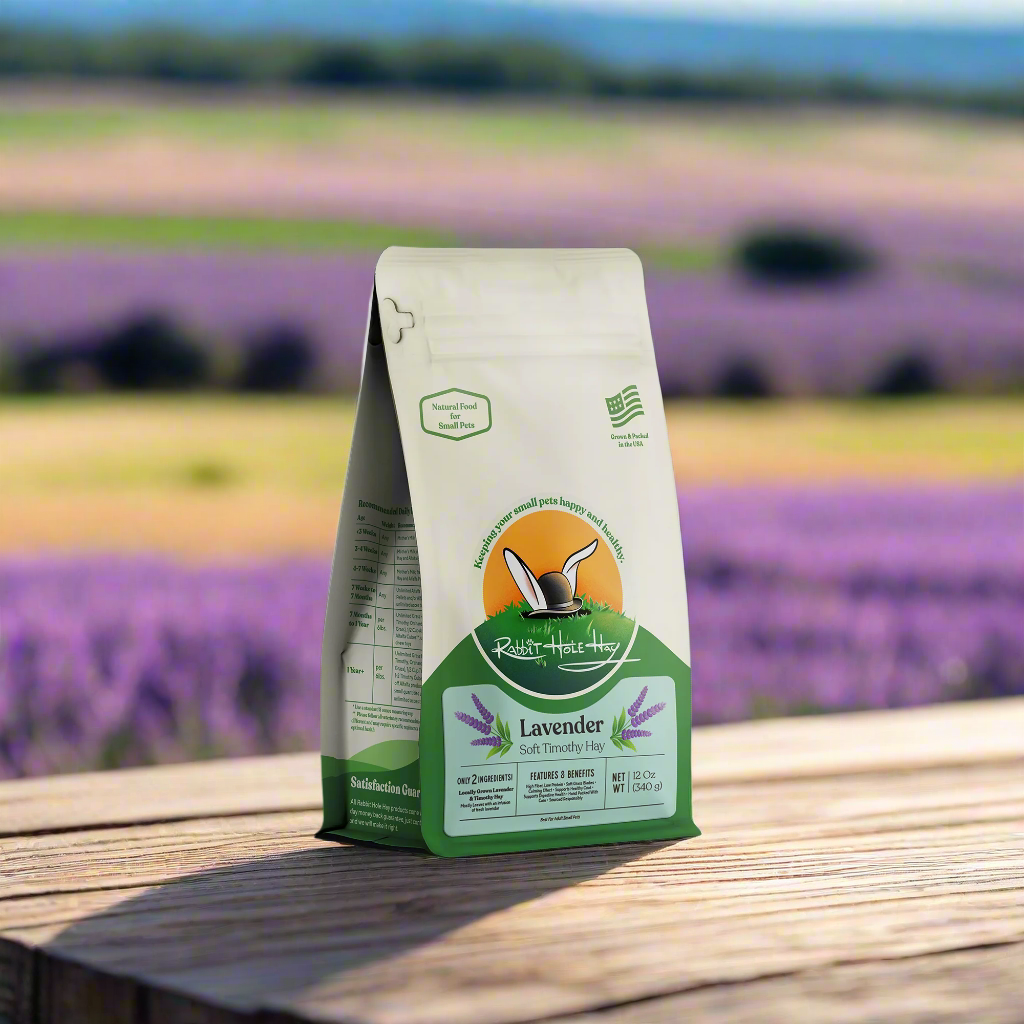

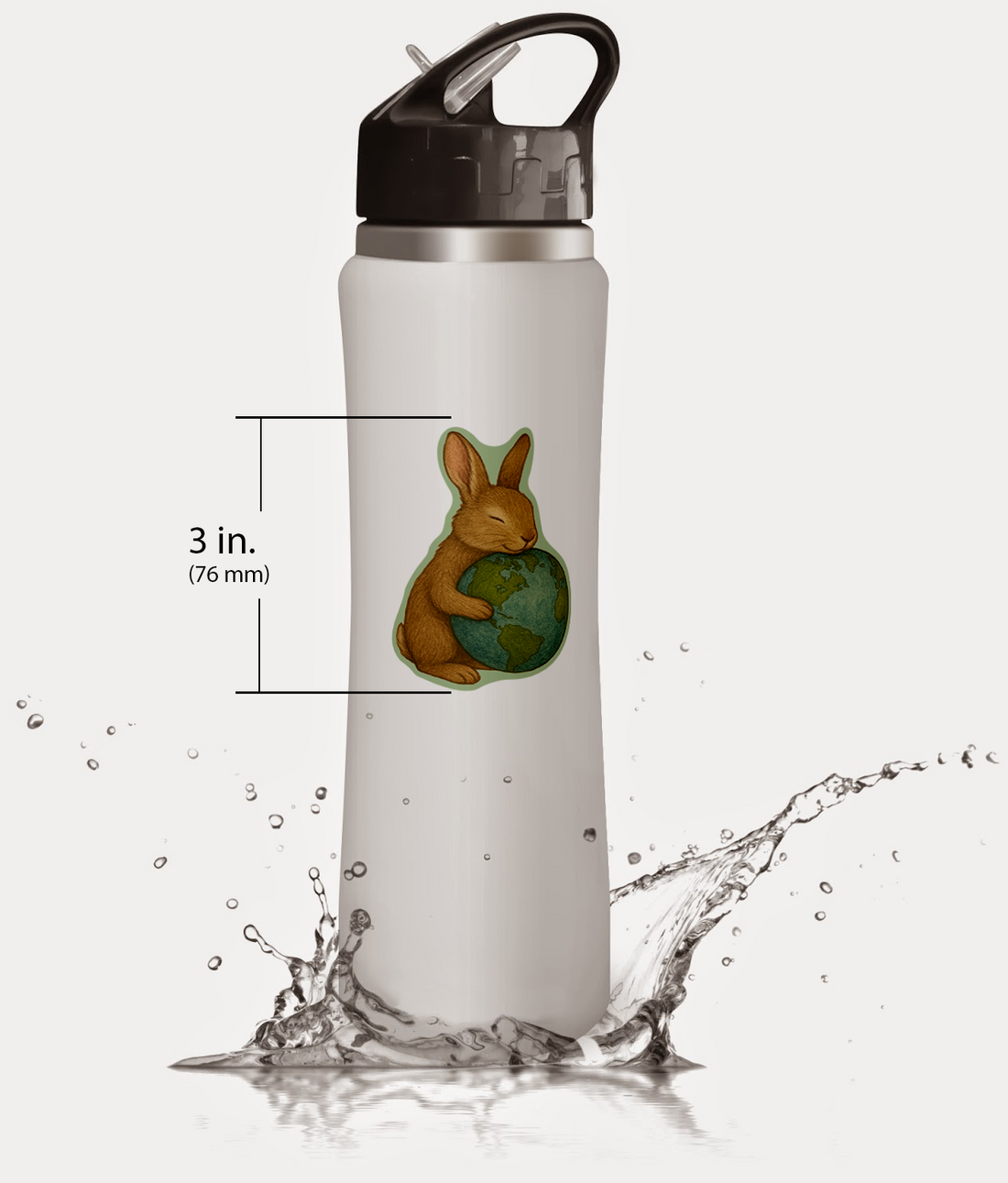
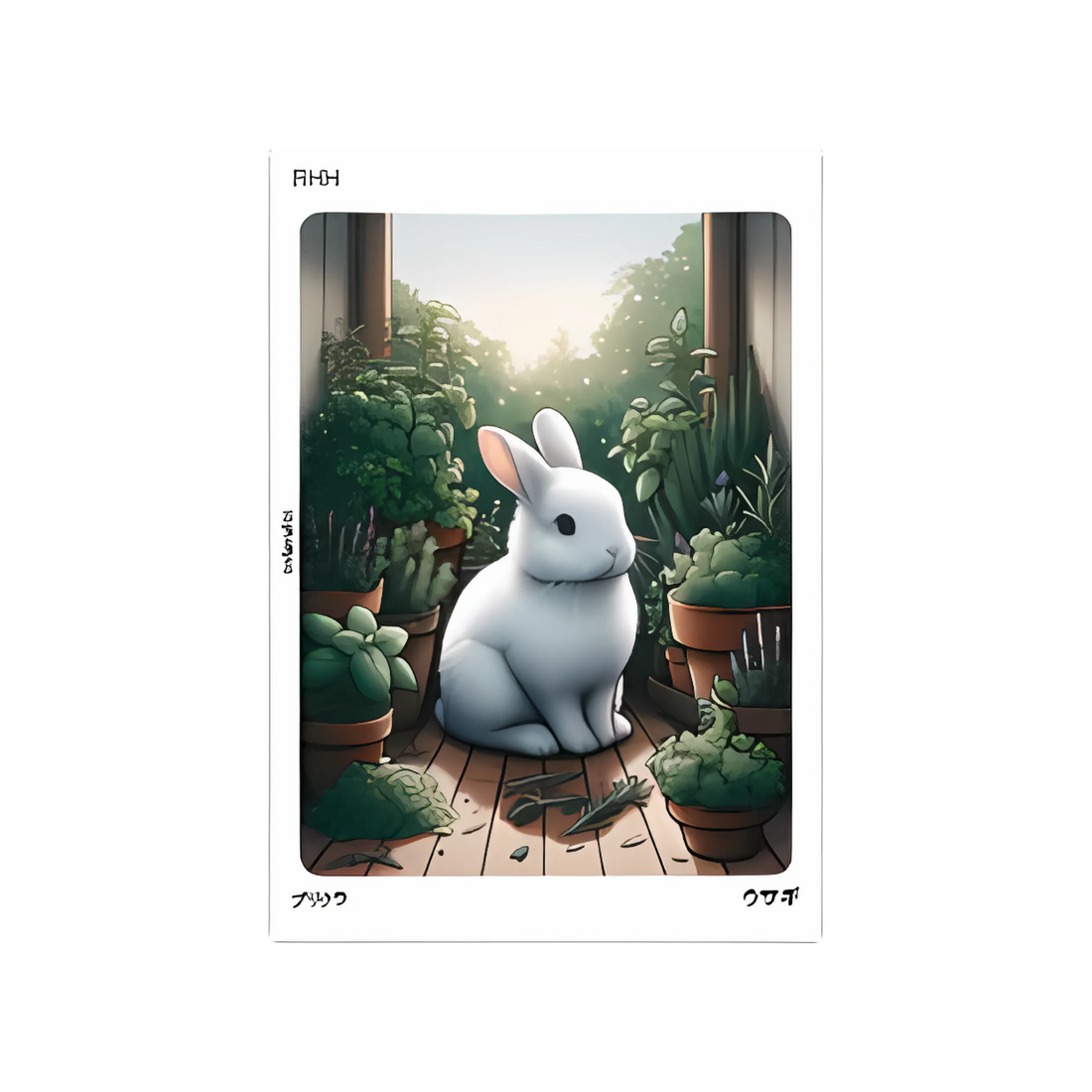


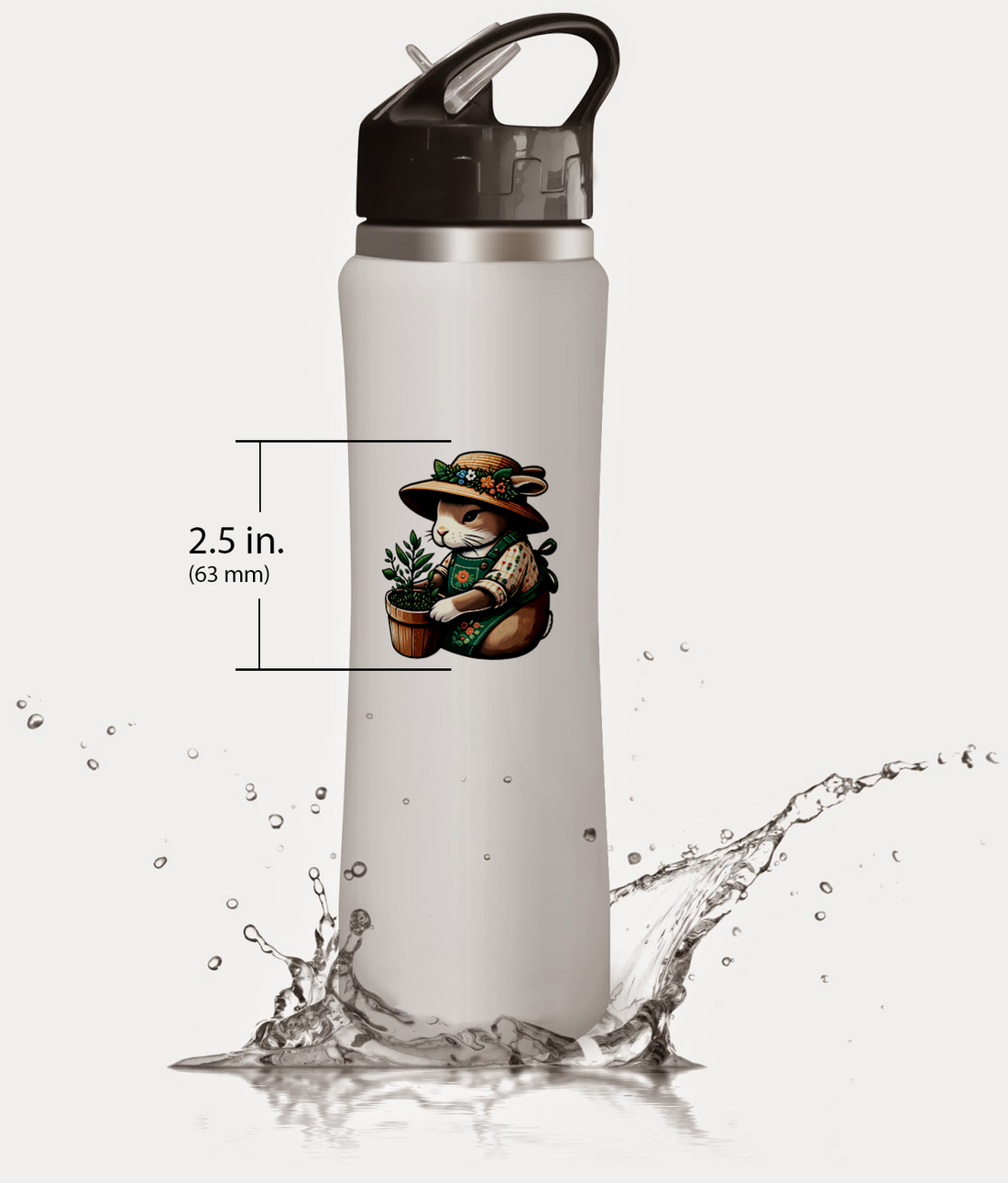






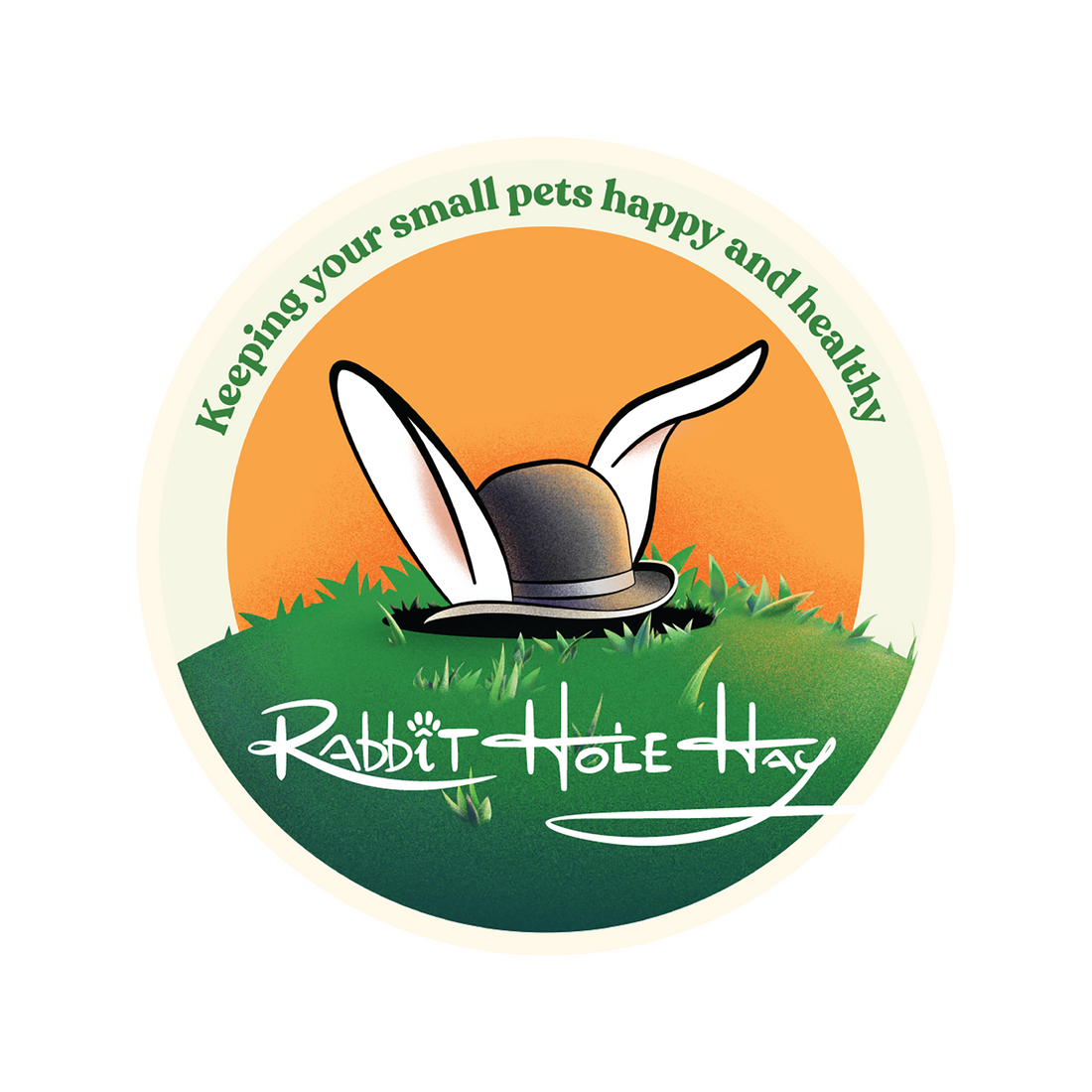
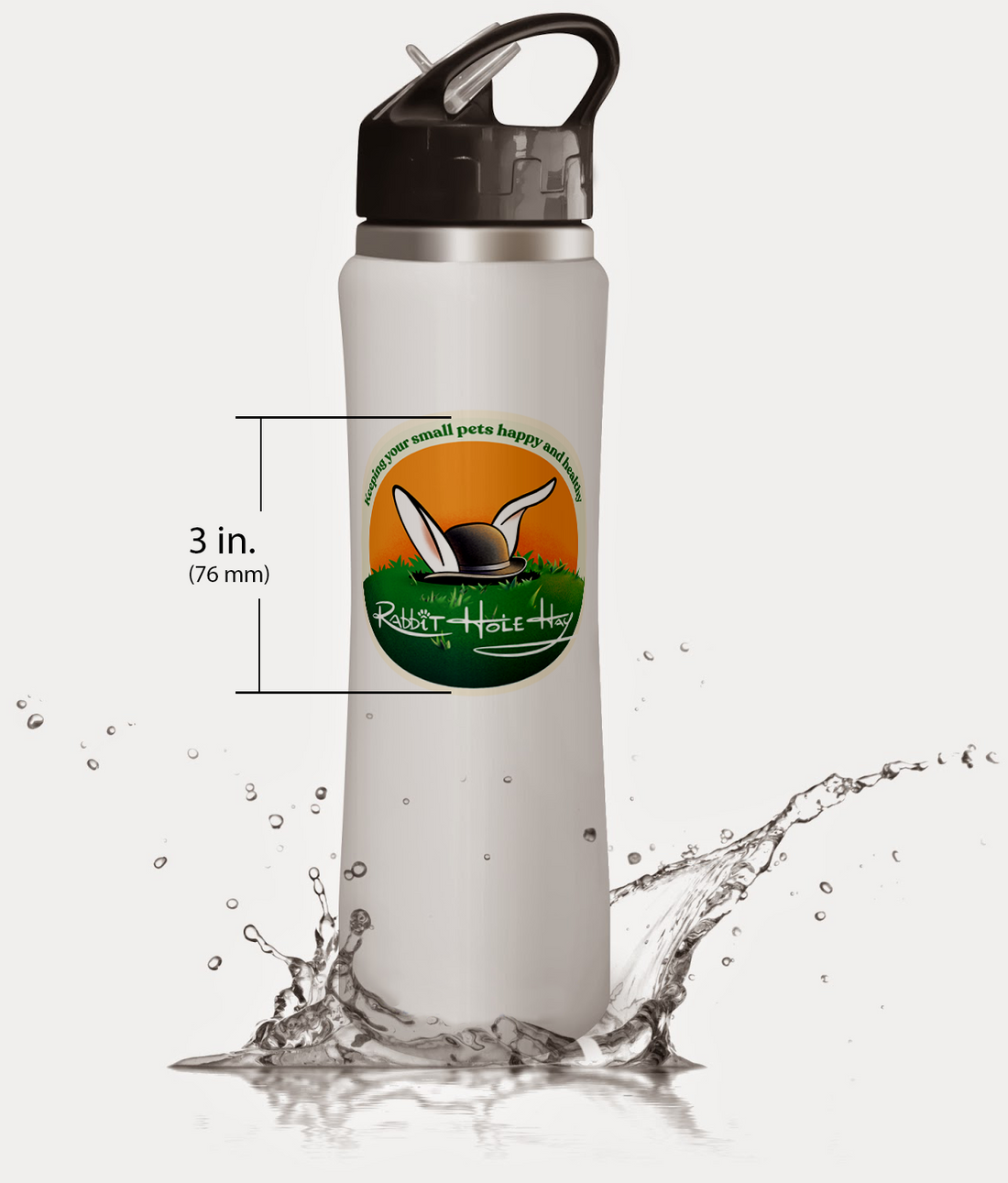



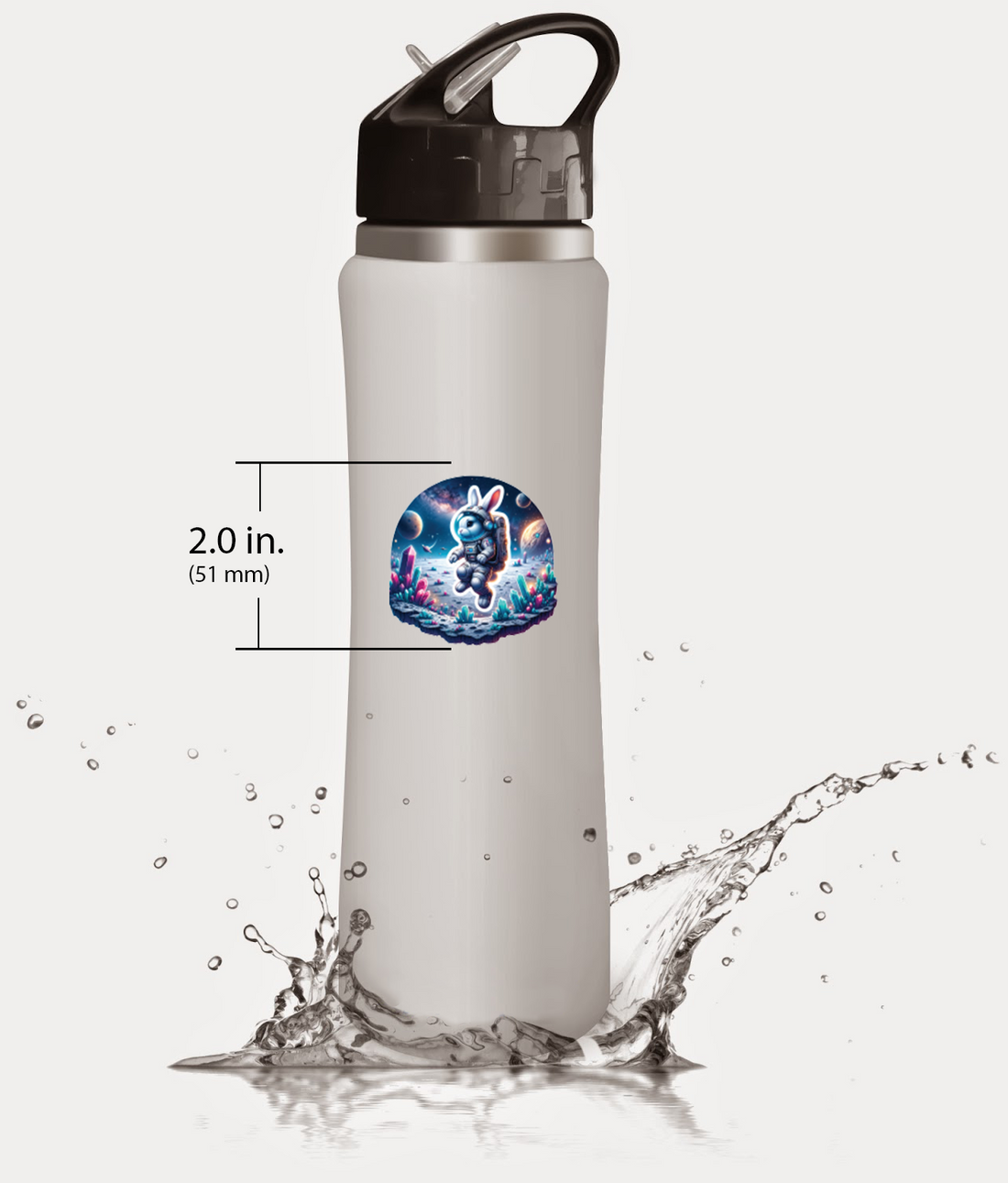



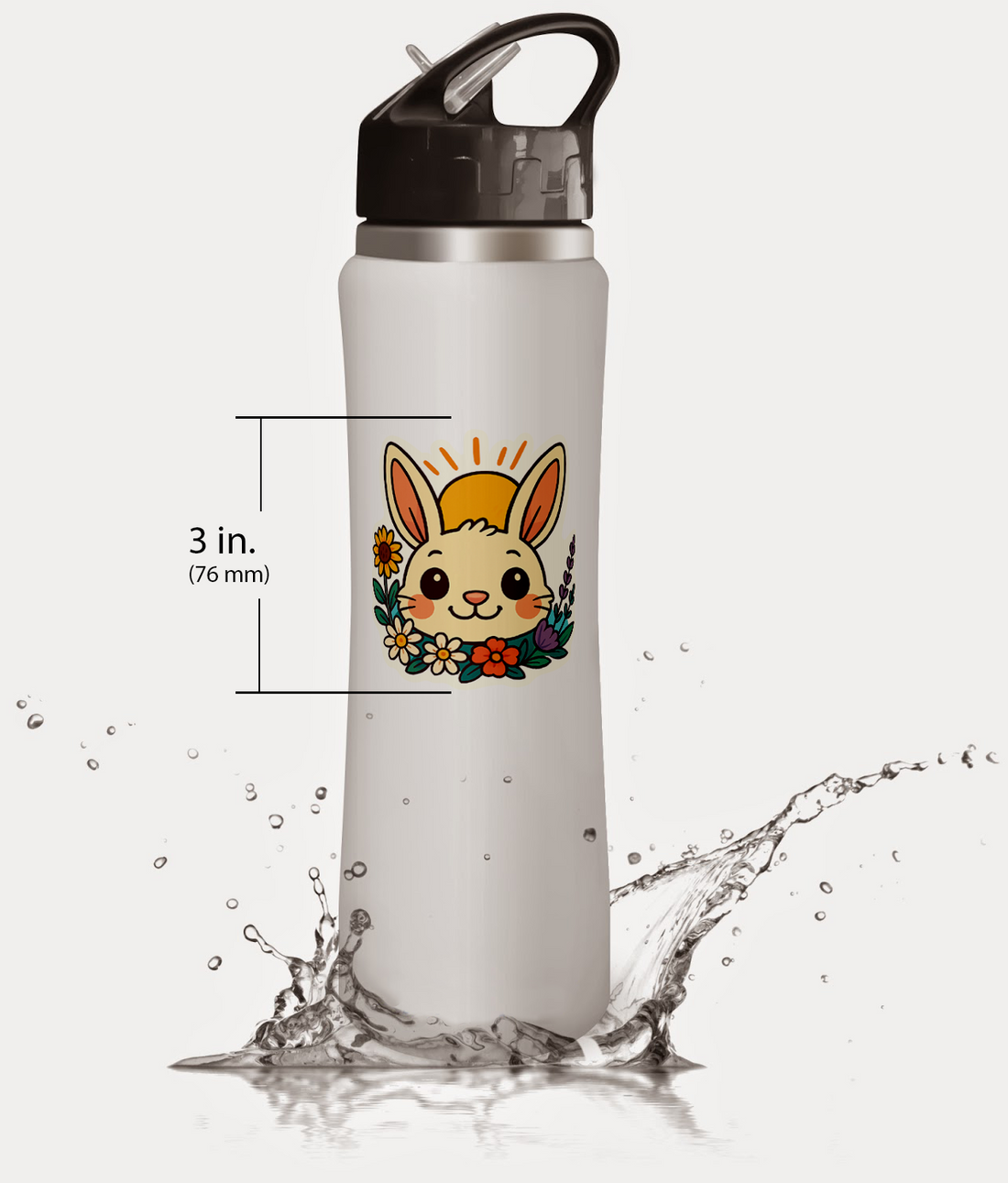

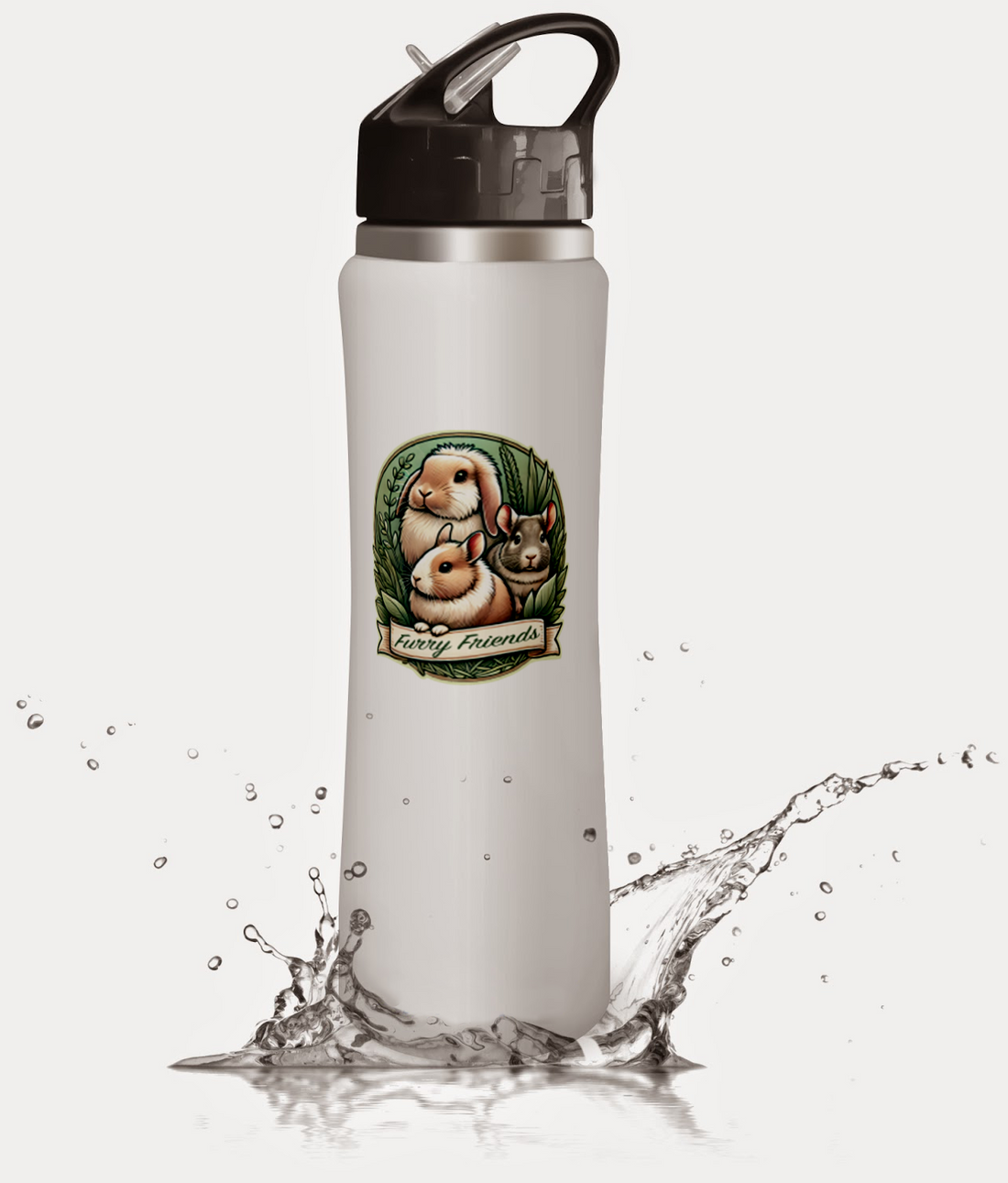

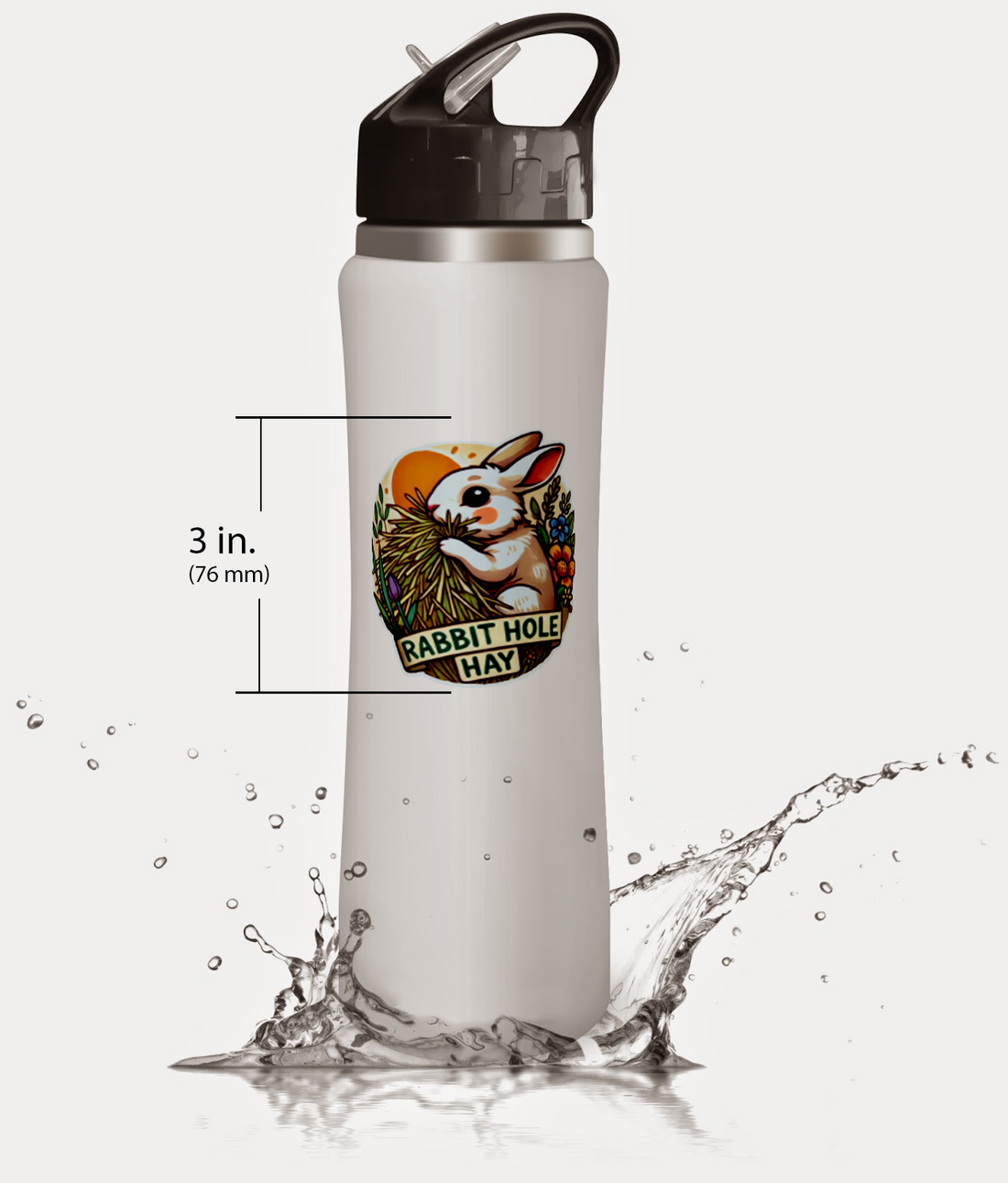
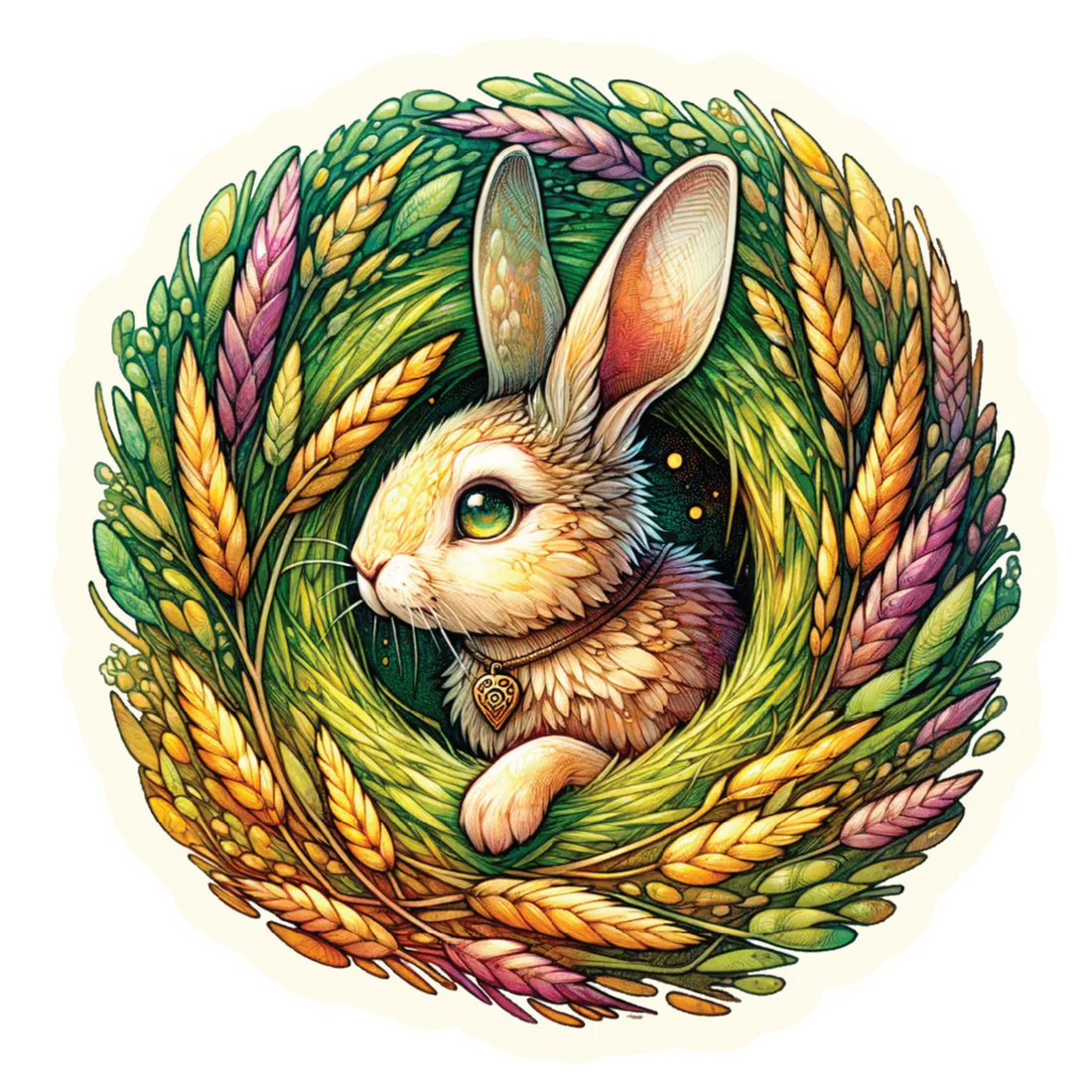


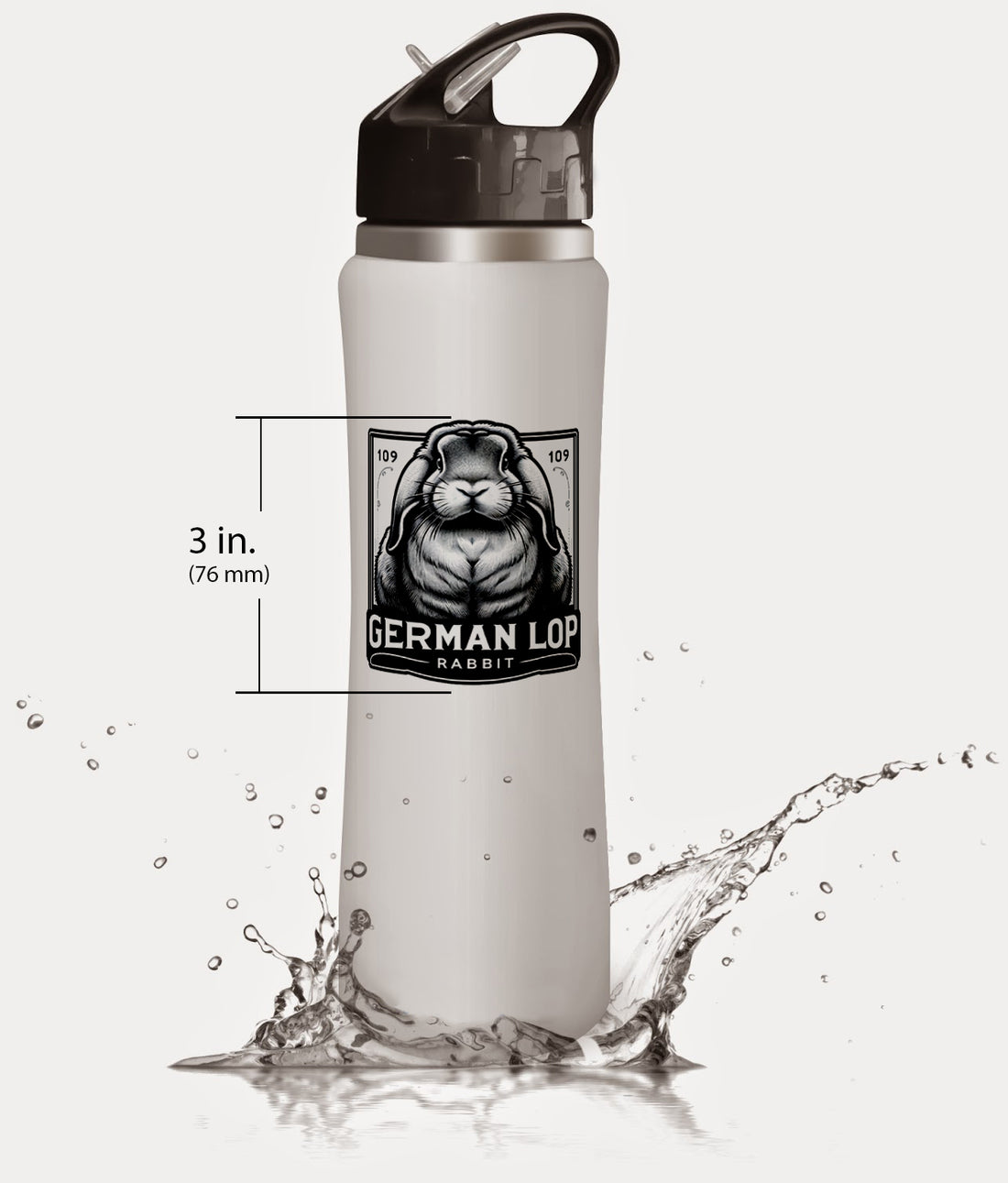



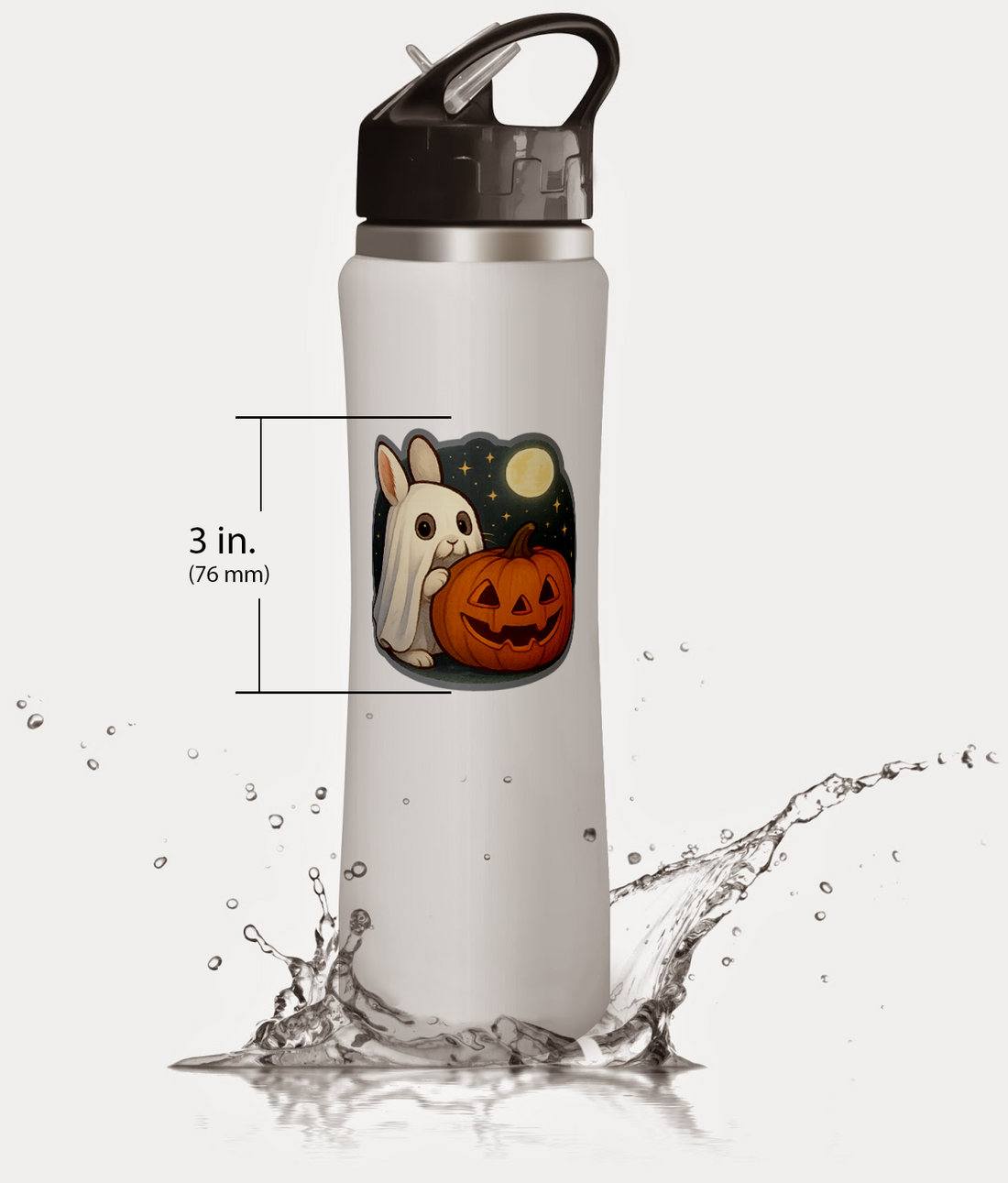
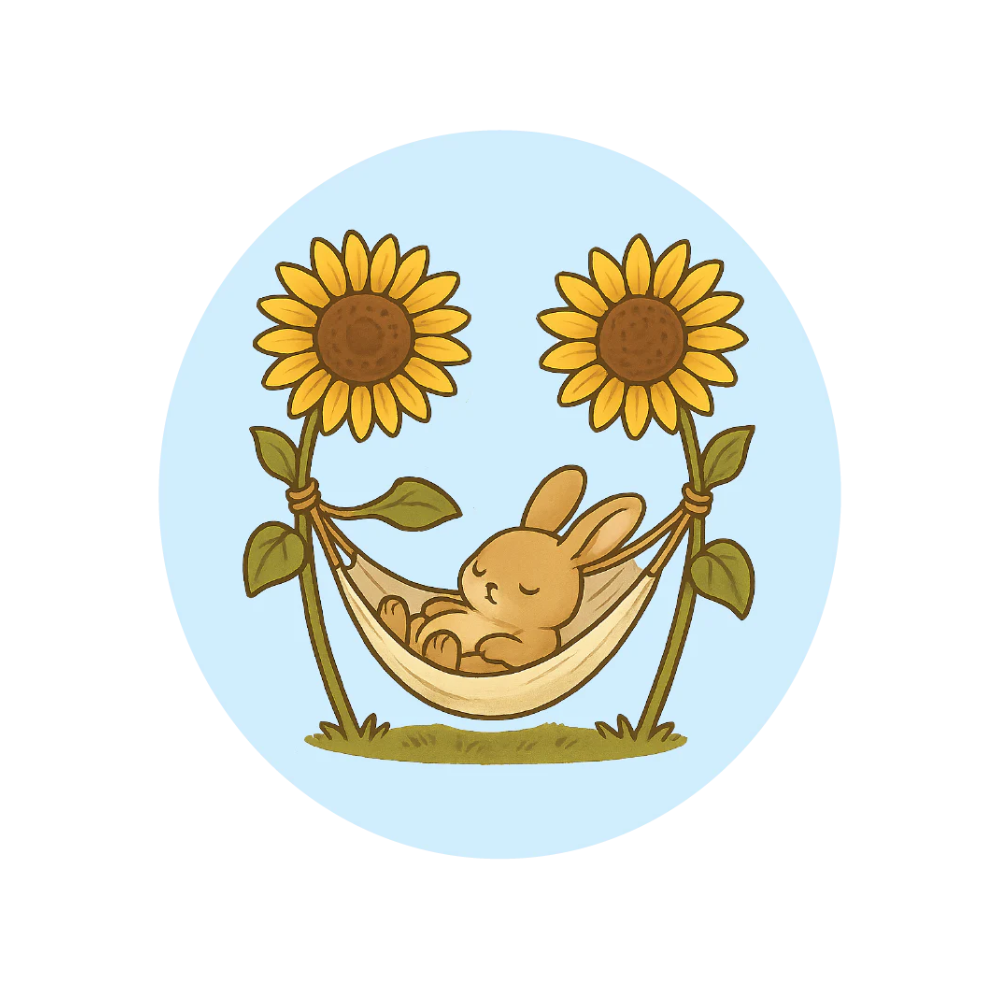





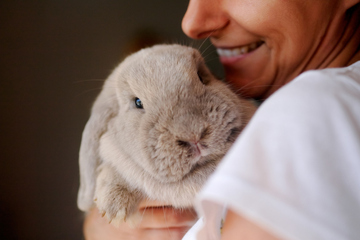
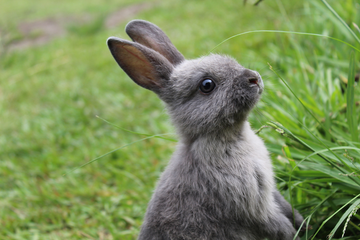
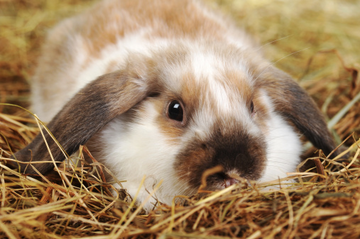


Comments